Shows
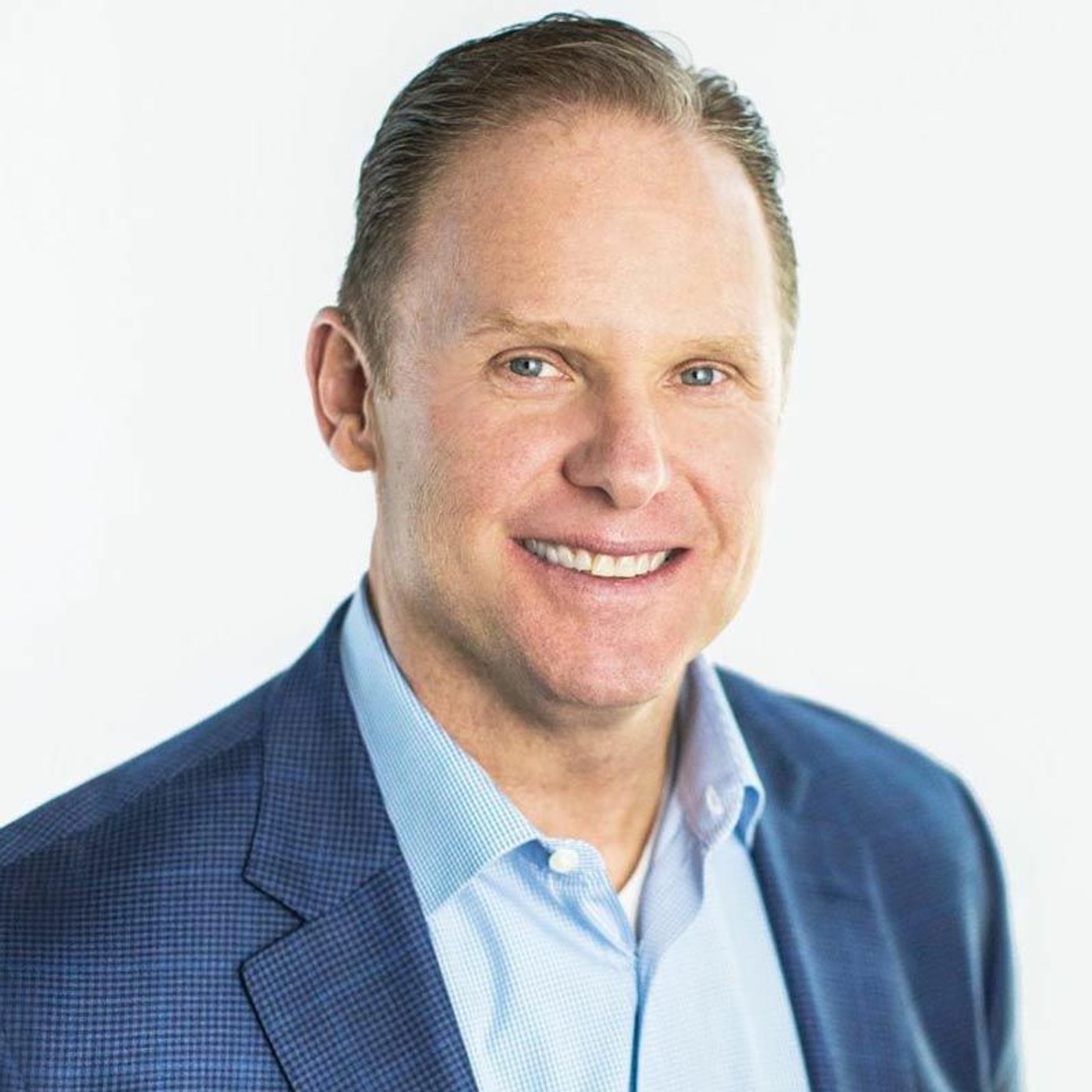
RARECastImproving Narcolepsy Therapy with Drug Delivery TechnologyNarcolepsy is a rare neurological sleep disorder with limited treatment options. Avadel is working on a controlled-release formulation of the standard of care, sodium oxybate, that allows for a once nightly dose of the drug. We spoke to Greg Divis, CEO of Avadel, about the company’s experimental therapy for narcolepsy, how it improves on the existing standard of care, and how it breaks with the company’s existing base of business. Editor's note: We recorded this podcast in late June. During the interview, Divis discussed the company's hospital products. On July 1, 2020, Avadel announced the sale of its hospital products port...
2020-07-2321 min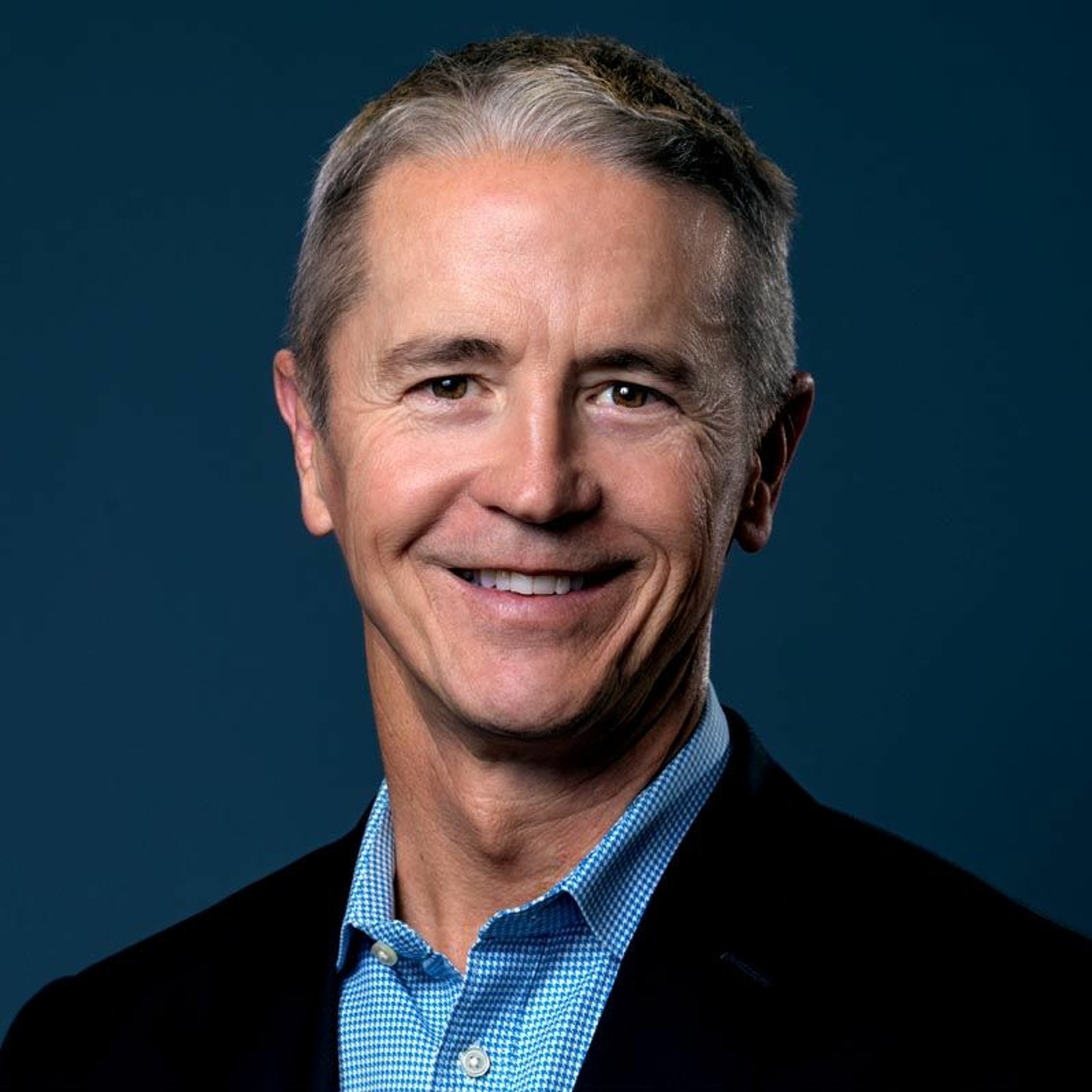
RARECastFighting the Persistent Cough in a Rare and Deadly Lung DiseaseIdiopathic pulmonary fibrosis is a family of lung diseases characterized by scarring and thickening of lung tissue leading to an irreversible loss of lung function and reduced life expectancy. In normal times, the dry and persistent cough the condition can cause, can have a big impact on a person’s quality of life, but in the midst of a pandemic where coughing is a sign of infection, it can be particularly isolating. Respivant Sciences is developing an experimental therapy that treats IPF patients who suffer from a persistent cough. We spoke to Bill Gerhart, CEO of Respivant, about IPF, what li...
2020-07-1526 min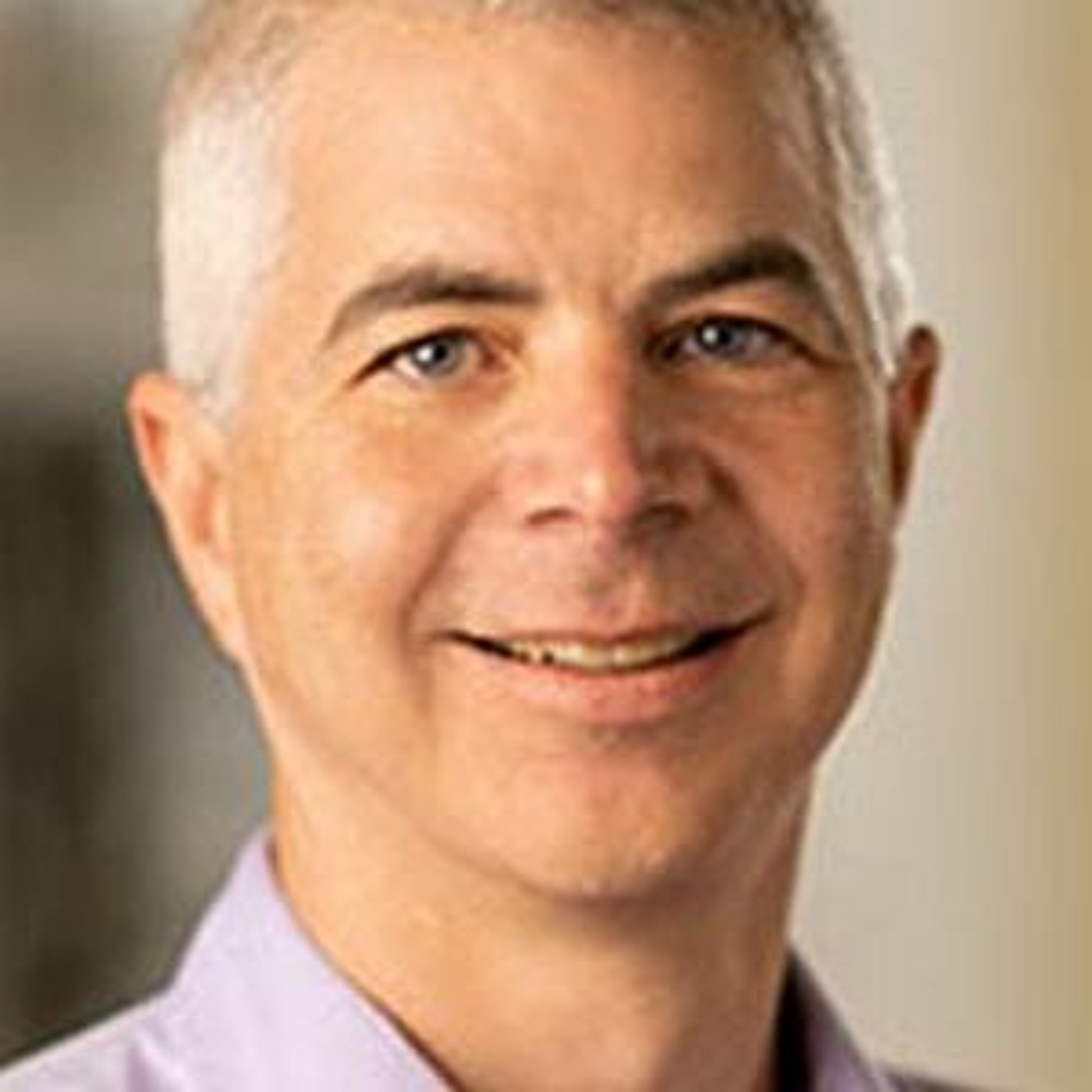
RARECastTargeting Huntington's Disease with AntisenseIonis Pharmaceuticals has been a pioneer of antisense therapies, which target RNA to either disrupt production of a disease-causing protein or upregulate needed proteins in people who are deficient. The company is in late stage development of a promising therapy to treat Huntington’s disease, a rare and fatal neurodegenerative condition. But the company is also working on advancing a new generation of antisense therapies to improve the safety and efficacy of these treatments. We spoke to Eric Swayze, executive vice president of research for Ionis, about its experimental Huntington’s disease therapy, its efforts to treat the condition, and what...
2020-07-0821 min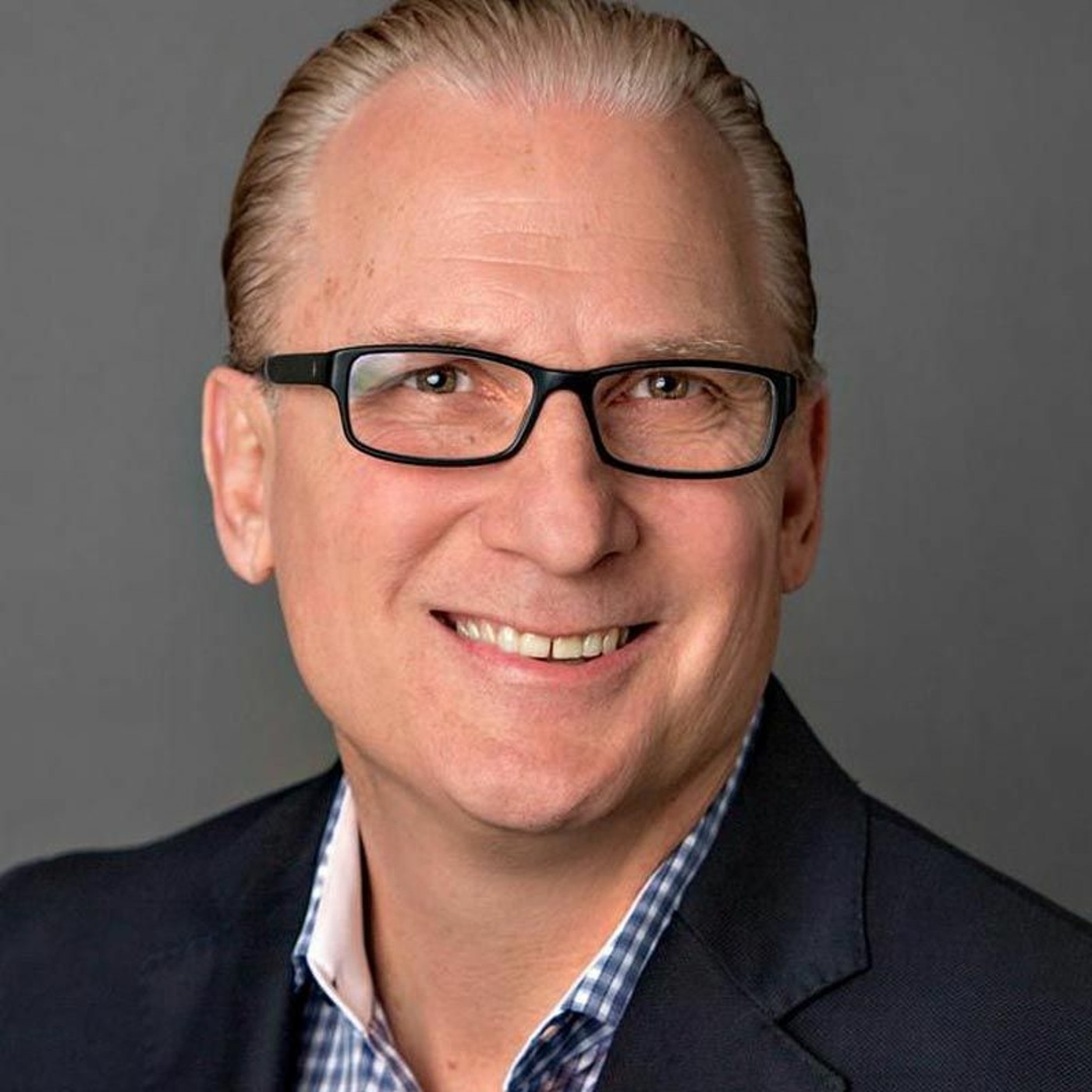
RARECastAssembling a Pipeline for Rare GI DisordersShort Bowel Syndrome is a life-threatening rare disease caused by a significant shortening of the gastrointestinal tract. Because of difficulties people with short bowel syndrome have properly absorbing nutrients they rely on receiving them through intravenous infusions. This has an impact on the quality of life of people with the condition and comes with a high risk of systemic infections. 9 Meters Biopharma is focused on rare gastrointestinal conditions. It is advancing an experimental therapy for short bowel syndrome. We spoke to John Temperato, president and CEO of 9 Meters Biophama, about short bowel syndrome, the company’s experimental therapy to treat th...
2020-07-0120 min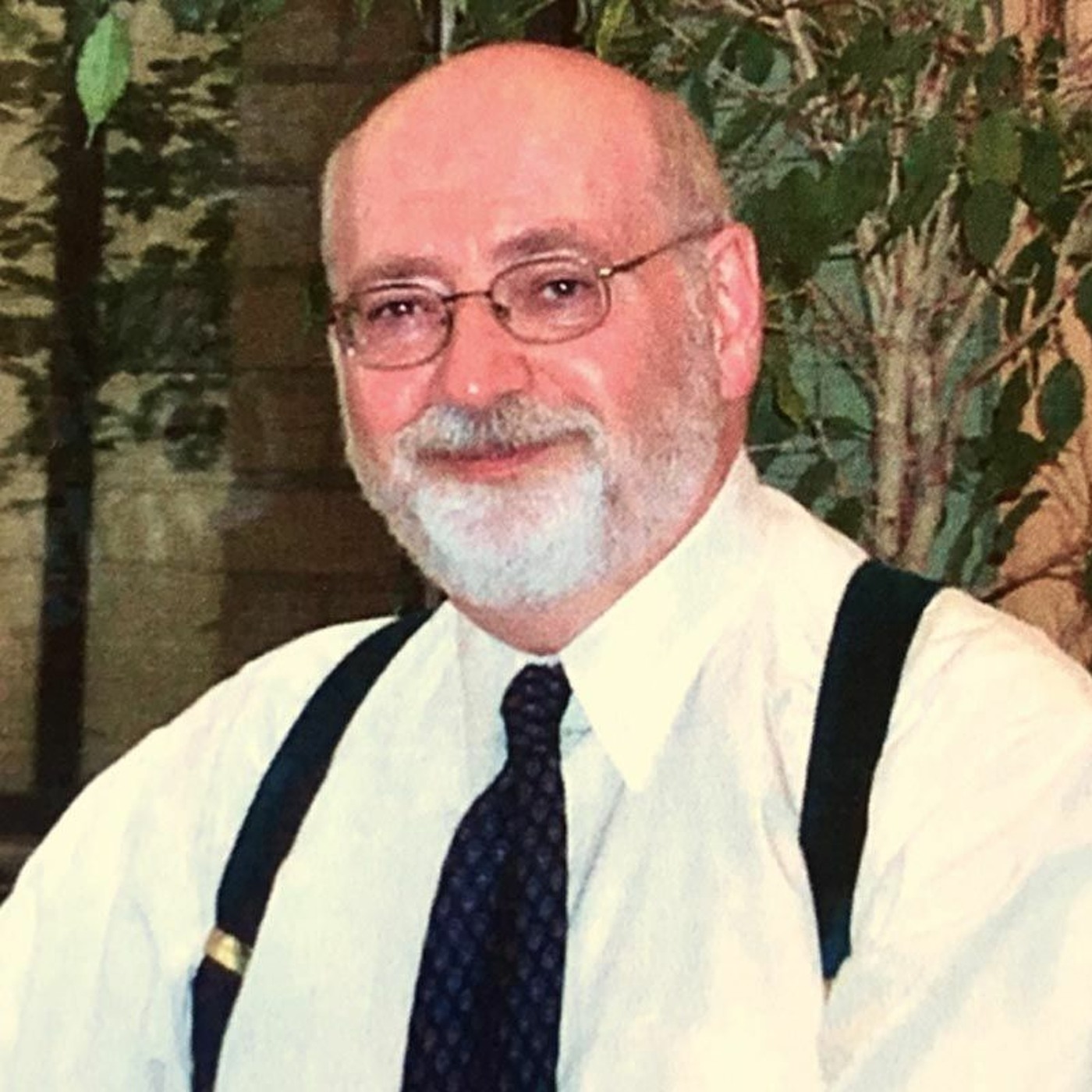
RARECastTreating Huntington's Disease by Addressing NeuroinflammationHuntington’s disease is a rare and fatal neurodegenerative condition that is without any disease-modifying therapies today. Vaccinex is developing an experimental therapy designed to treat Huntington’s disease by addressing neuroinflammation, a hallmark of the condition that it shares with other neurodegenerative diseases. We spoke to Maurice Zauderer, president and CEO of Vaccinex, about the role of neuroinflammation plays in Huntington’s disease, its experimental therapy to treat the condition, and why it may provide benefits to people with other neurodegenerative diseases.
2020-06-2419 min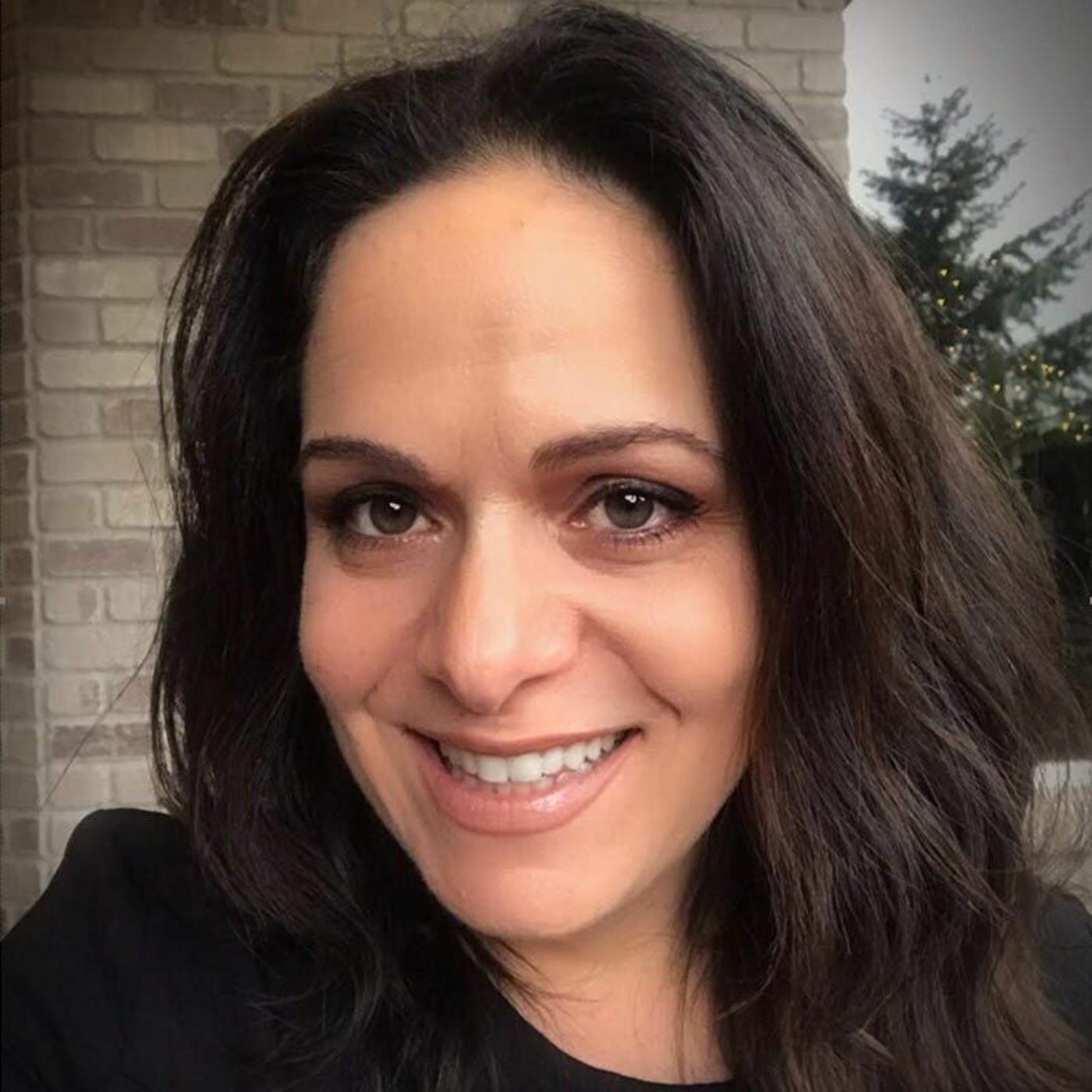
RARECastHow Patient Advocate-Led Research Can Alter a Rare Disease LandscapeWhen Sandra Bedrosian Sermone grew frustrated by the slow pace of a drug developer working to advance a potential therapy for ANDP, a rare condition her son has, she and another parent of a child with neurodevelopmental disorder began to search for a potential drug to repurpose. Their work suggested low doses of the powerful anesthetic ketamine could up regulate activity of the ADNP gene and provide benefit to patients. Now, a clinical trial of low-dose ketamine is getting underway thanks to their efforts. We spoke to Bedrosian-Sermone, founder and president of the ADNP Kids Research Foundation, about ADNP, her...
2020-06-1725 min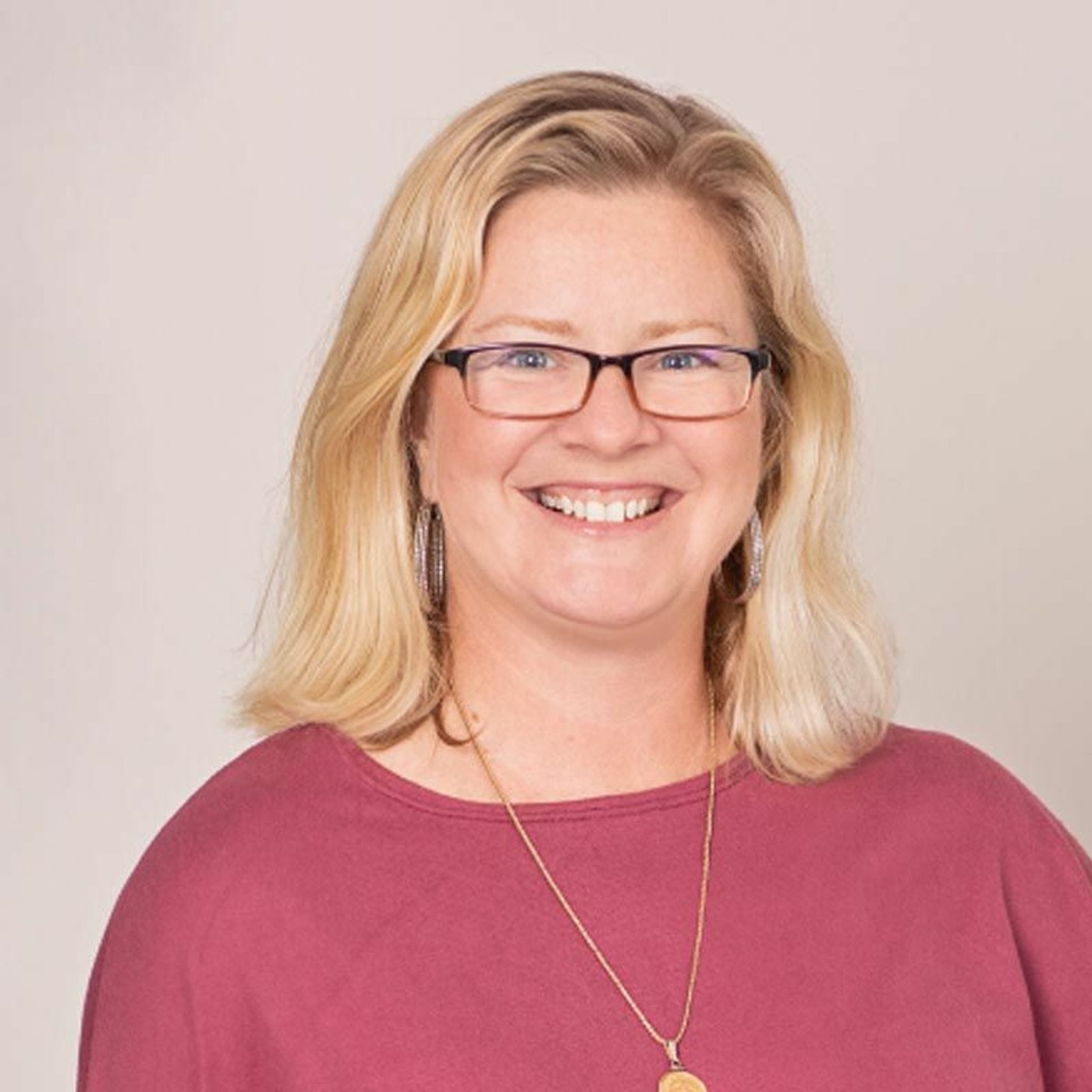
RARECastKeeping Clinical Trials Going During a PandemicWhen the COVID-19 pandemic hit, it disrupted all aspects of daily life. Many drug developers were forced to suspend clinical trials because of the challenges of brining participants into medical centers with the risk of infection and the strain on healthcare workers. Palvella Therapeutics, which is developing an experimental therapy for a rare skin condition has been able to navigate the pandemic and continue its clinical study without disruption thanks to recognize the challenge early and adjusting its study plans accordingly. We spoke to Kathy Goin, vice president of development operations for Palvella Therapeutics, about its ongoing study, how it...
2020-06-1026 min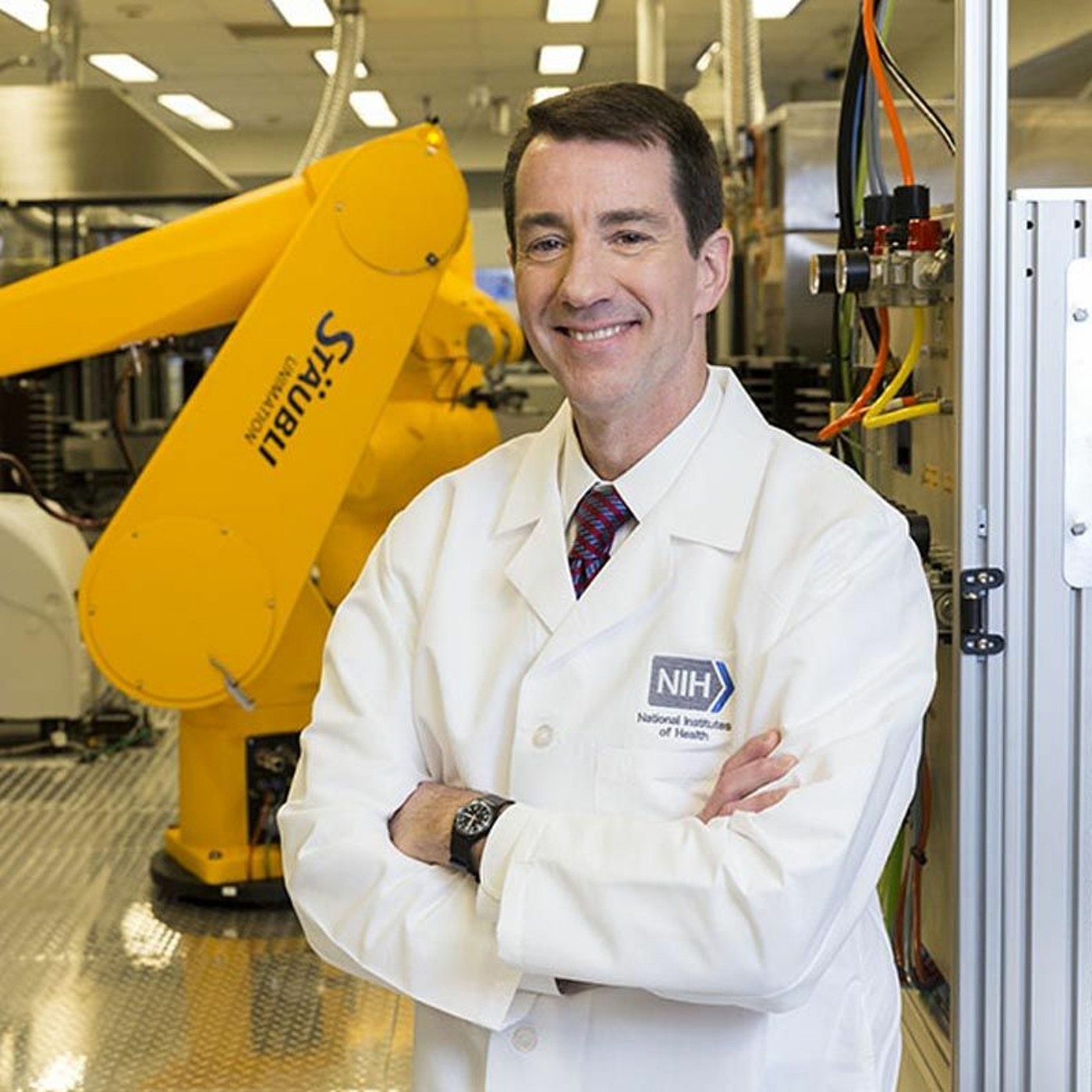
RARECastLooking for Commonalities in RareChris Austin calls himself an evangelist for collaboration when it comes to rare disease drug development. The director of the National Institutes of Health’s National Center for Advancing Translational Sciences said it is essential for rare disease advocates to look beyond their own diseases to recognize commonalities between their conditions and others to find opportunities to collaborate. We spoke to Austin ahead of his keynote address at this year’s Global Genes Rare Drug Development Symposium June 11, about why collaboration is critical to accelerating research, how broadly organizations should think about collaborations, and how patient groups can best work with...
2020-06-0336 min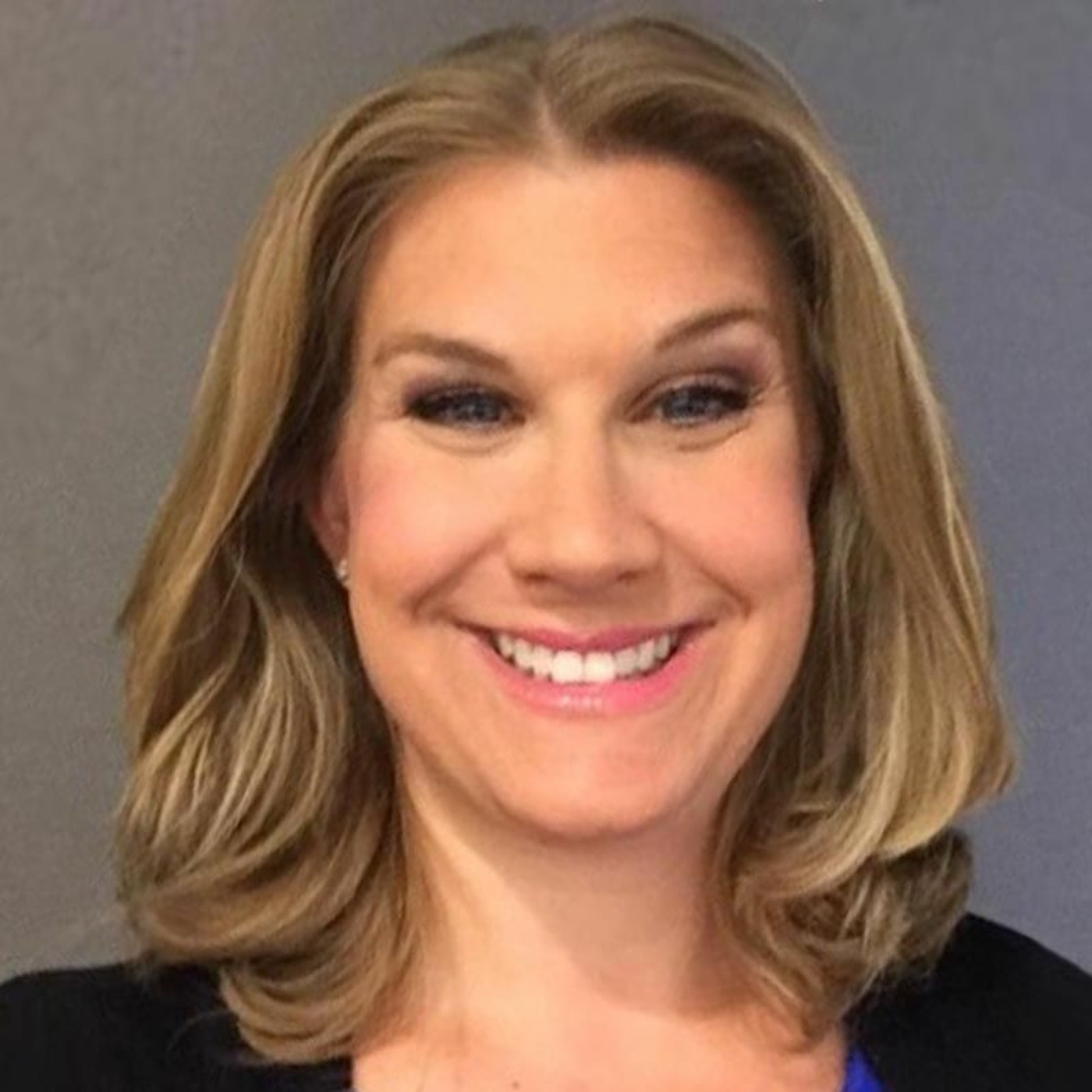
RARECastLearning to Be Comfortable Being UncomfortableWhen Penny Howard’s daughter Harper died in 2016 from the rare neurodevelopmental condition CDKL5 deficiency disorder, Howard and her husband donated her brain and other tissue to research. The donation provided researchers with the first brain of someone who had CDKL5. Today, Harper’s cell lines live at the University of California, San Diego and are used to provide cells to researchers from around the world. Her brain tissue is at the Harvard Brain Tissue Resource Center. We spoke to Howard, founder and president of Hope4Harper, about her daughter’s life and death, the decision to donate her brain, and he...
2020-05-2746 min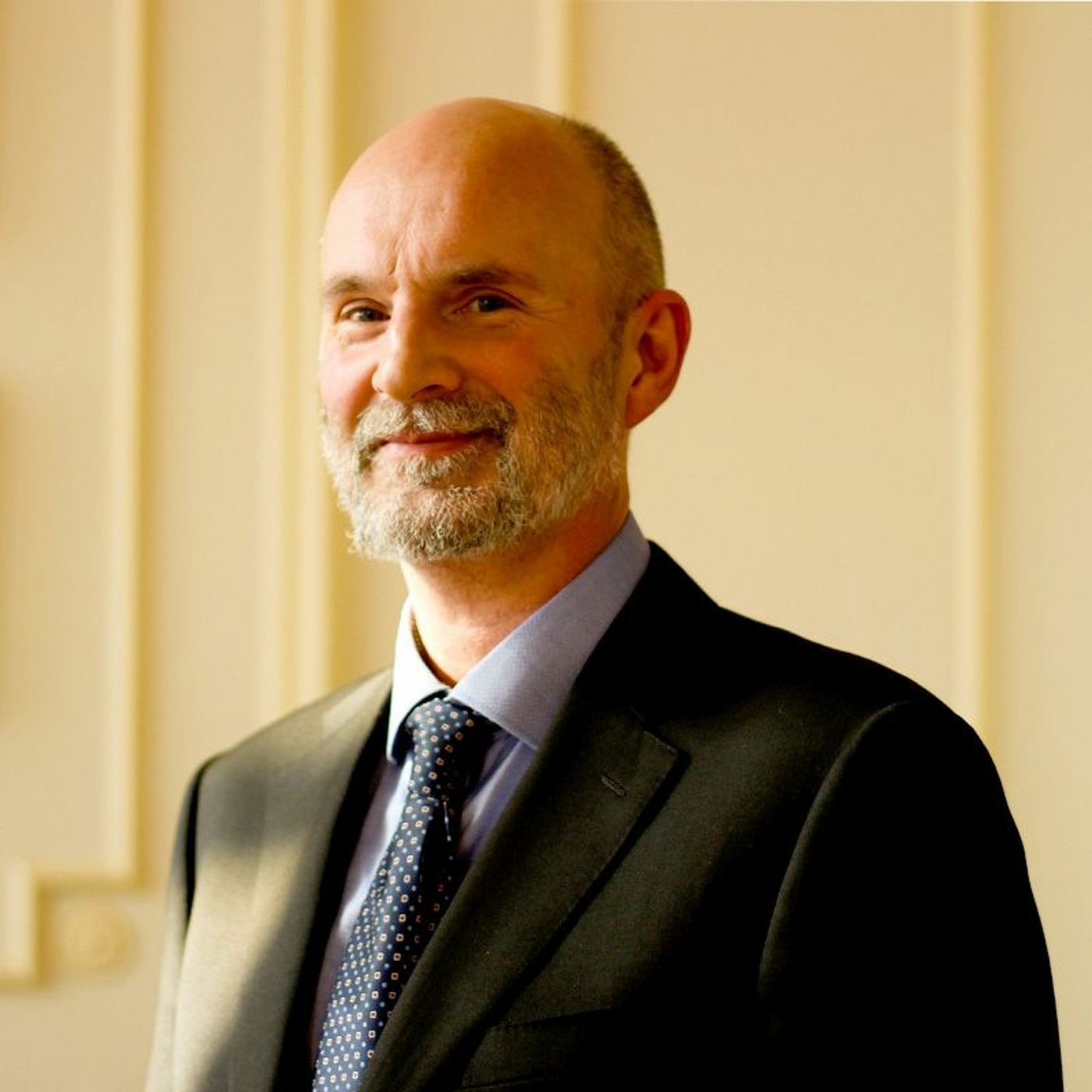
RARECastAn Approach to De-Risk Rare Disease Drug DevelopmentAMO Pharma is developing drugs for a variety of rare neurologic conditions with a pipeline of experimental therapies seeking to treat Phelan-McDermid syndrome, congenital myotonic dystrophy, and Rett syndrome. The company believes it can advance therapies efficiently by acquiring molecules that have already been studied at either a preclinical or clinical stage and jump starting their development in new indications. We spoke to Michael Snape, chief scientific officer of AMO Pharma, about the company’s approach to drug development, how it selects drugs and diseases to pursue, and its lead therapeutic candidates.
2020-05-2024 min
RARECastTargeting Epigenetics in Rare Proliferative Bone Marrow CancersImago BioSciences is developing therapeutics that change the behavior of malignant blood cells by targeting an enzyme that regulates gene transcription. LSD1 is an epigenetic enzyme that controls how genes are turned on and off in specific cells and plays a key role in the rare bone marrow cancer myelofibrosis. We spoke to Hugh Reinhoff, Jr., CEO of Imago, about myelofibrosis, the company’s experimental therapy bomedemstat to treat the condition, and the case for targeting epigenetic processes to address proliferative diseases of the bone marrow.
2020-05-1321 min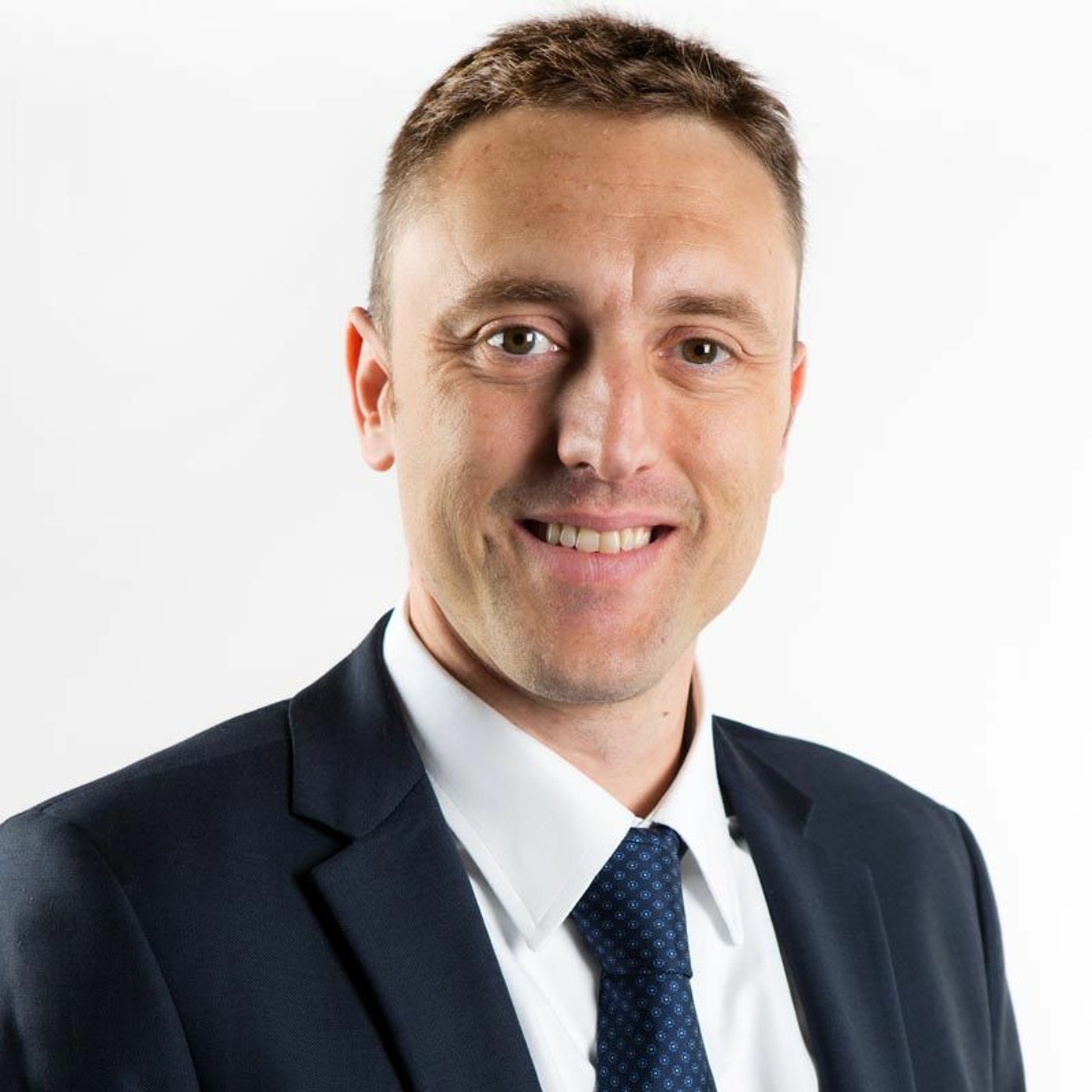
RARECastChiesi Charges Ahead in Rare DiseaseEarlier this year Chiesi Farmaceutici established Chiesi Global Rare Diseases, a new business unit to advance research and product development for rare and ultra-rare diseases. The unit, headquartered in Boston, has an initial focus on lysosomal storage, hematologic, and ophthalmologic disorders. We spoke to Giacomo Chiesi, head of Chiesi Global Rare Diseases, about the company’s approach to building its rare disease pipeline, its experimental therapy for Fabry disease, and how it fits in with the company’s broader rare disease strategy.
2020-05-0616 min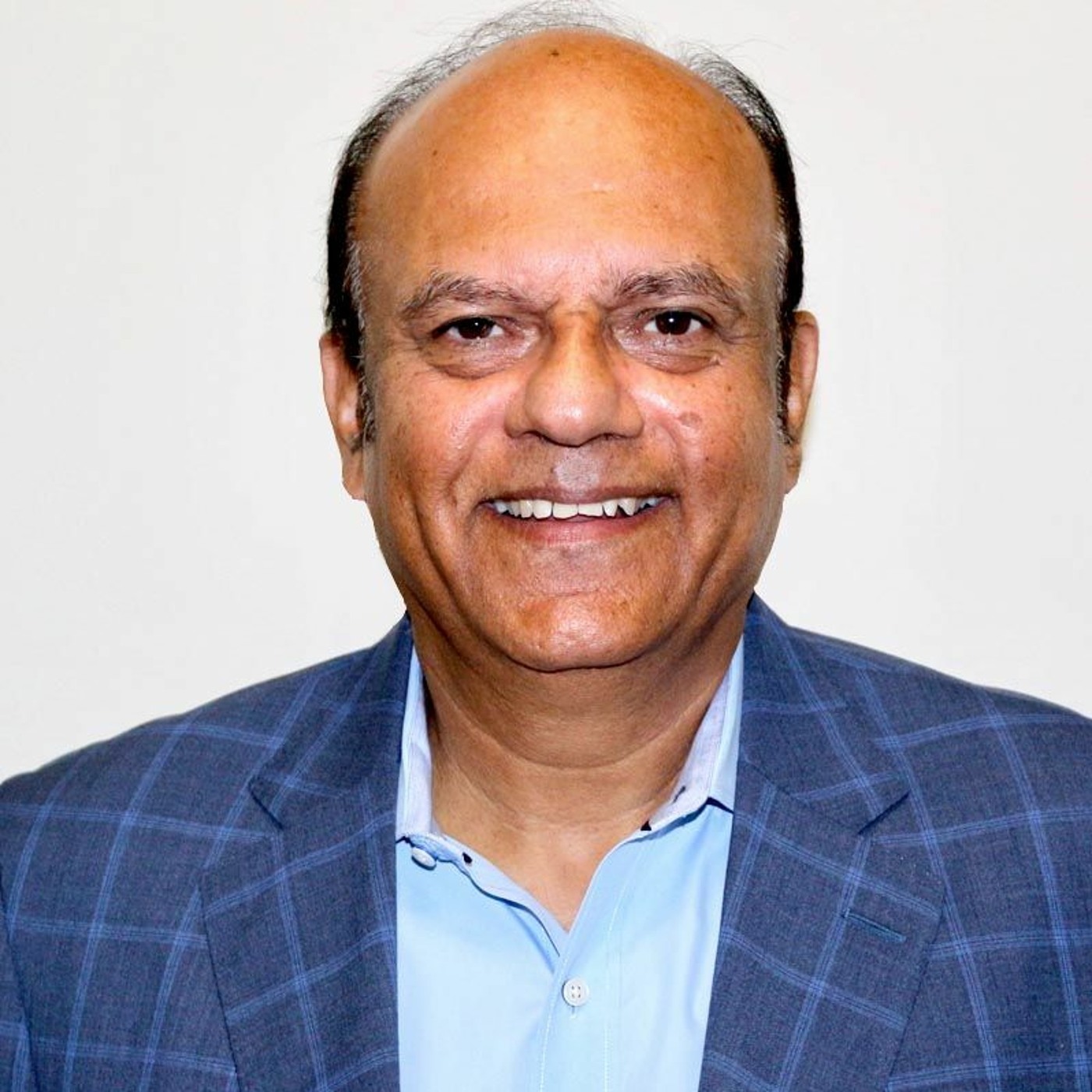
RARECastTargeting the Metabolism of Rare CancersRafael Pharmaceuticals is focused on developing therapies that act on the metabolism of rare cancers. It designs drugs that attack regulatory processes that are unique to cancer cells and not found in healthy ones. Its lead drug candidate, devimistat, targets enzymes that are involved in cancer cell energy metabolism and found in the mitochondria of cancer cells. We spoke to Sanjeev Luther, president and CEO of Rafael, about the company’s lead indication of pancreatic cancer, its drug discovery platform, and why it is focused on rare cancers.
2020-04-3021 min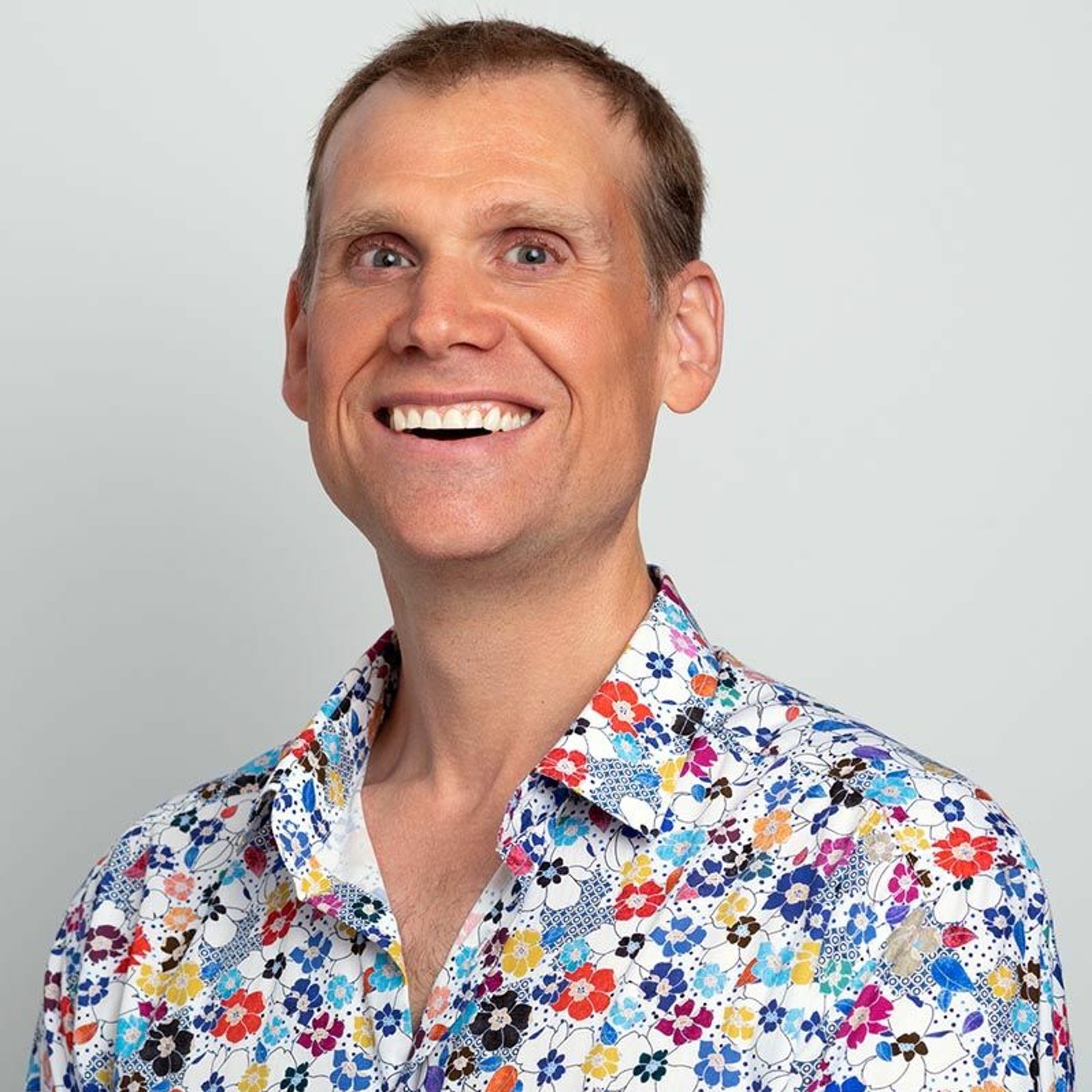
RARECastUnlocking Bryson's BrainWhen Keith McArthur’s son Bryson was born, he was a happy and loving baby. Soon, though, Bryson began missing developmental milestones and doctors determined he had a neurological disorder. After nearly a decade, Bryson was diagnosed with a variant in his GRIN1 gene. Keith McArthur, who today is CEO and head of science for the CureGRIN Foundation, tells Bryson’s story in an eight-part podcast series produced with the CBC called Unlocking Bryson’s Brain (Hyperurl.co/Bryson). We spoke to McArthur about Bryson, the efforts of the CureGRIN Foundation to find a cure for the condition, and what he hop...
2020-04-2223 min
RARECastLiving Therapies for Chronic ConditionsThere are a number of rare disease where a genetic mutation results in the deficiency of an enzyme or other critical protein that can lead to a progressive or life-threatening condition. Patients have been treated with the chronic administration of recombinant versions of the proteins they lack. While this provides benefit, it requires regular infusions or self-administered shots, is costly, and disruptive. Sigilon is developing what it calls “Shielded Living Therapeutics,” encased cells that can be implanted to provide steady levels of the protein a patient lacks and free them from the need for constant administration of these biologics. We spok...
2020-04-1532 min
RARECastA One-to-Many Approach to Gene Therapy for Retinal DiseaseGene therapies to treat retinal diseases promise to reverse blinding conditions, but the approach most gene developers take is to replace a mutated gene underlying a genetic disease with a functional version of that gene. The problem is that this approach can only address a narrow set of patients with each gene therapy. Ocugen, which Is developing gene therapies for eye diseases, believes it can treat a range of rare retinal conditions with a single therapy by introducing a functional gene that has the effect of modifying the expression of multiple genes at once. We spoke to Shankar Musunuri, CEO...
2020-04-0822 min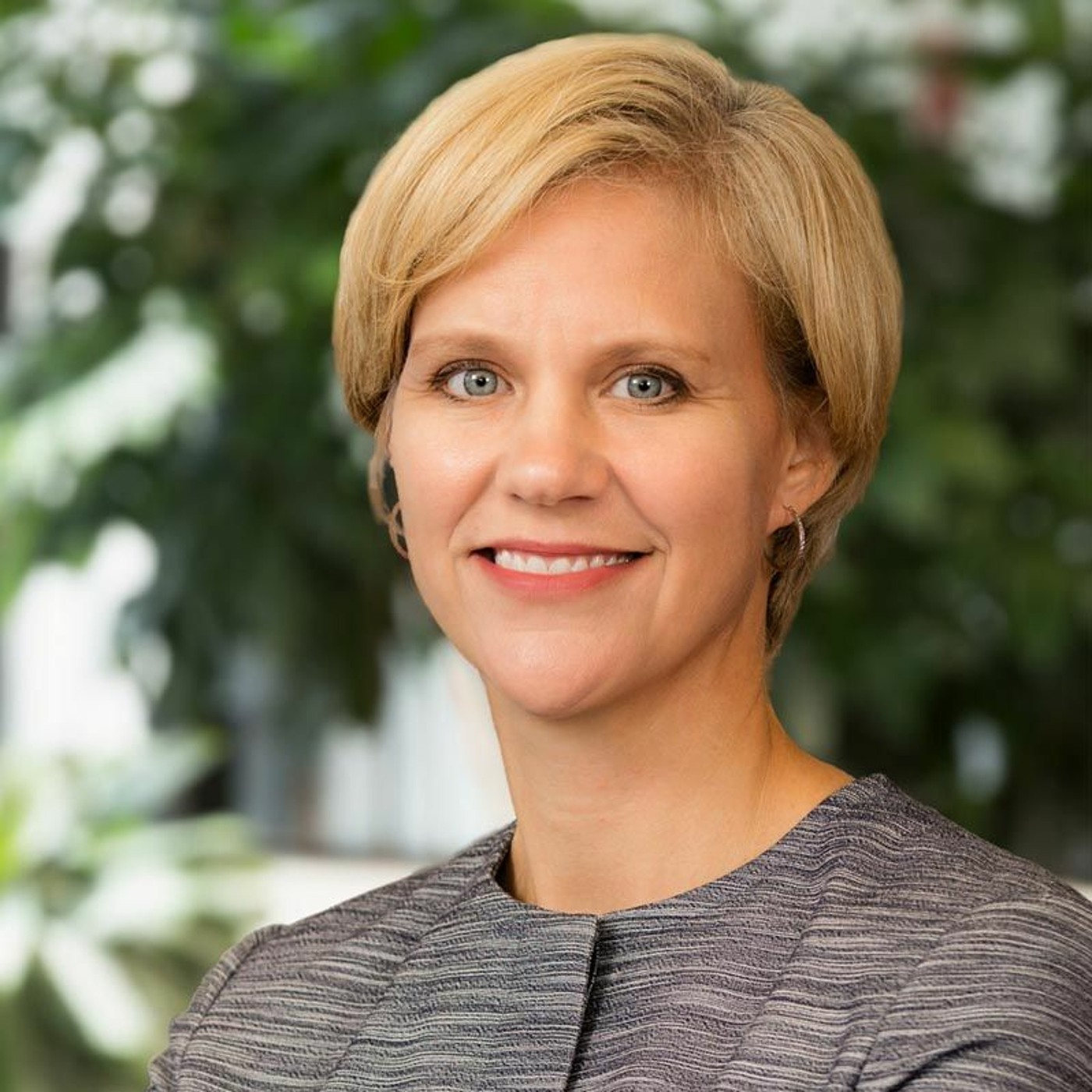
RARECastTargeting an Immune Switch in Rare DiseasesWHIM syndrome is a rare, inherited, primary immunodeficiency disease caused by mutations to the CXCR4 receptor gene. Because of the role CXCR4 plays in the immune system, it is implicated in a number of rare diseases. X4 Pharmaceuticals, a company founded by rare disease pioneer Henri Termeer and other Genzyme alums, is developing a pipeline of CXCR4-targeted therapies. We spoke to Paula Ragan, co-founder, president and CEO of X4, about WHIM syndrome, the role CXCR4 plays in the immune system, and how the company’s experimental therapy Mavorixafor may be able to treat a range of rare conditions.
2020-04-0118 min
RARECastTargeting the Regulatory Genome to Treat Rare Blood DiseasesSyros Pharmaceuticals is developing a platform for targeting the regulatory genome with therapies to address diseases at a fundamental level. At the end of last year, the company entered into a collaboration with Global Blood Therapeutics to develop new therapies for sickle cell disease and beta thalassemia. Under the collaboration, Syros is using its platform to discover drugs that turn on the production of fetal hemoglobin as a way to treat these rare, hereditary, blood disorders. The production of fetal hemoglobin is usually shut down soon after birth. We spoke to David Roth, chief medical officer of Syros Pharmaceuticals, about...
2020-03-2523 min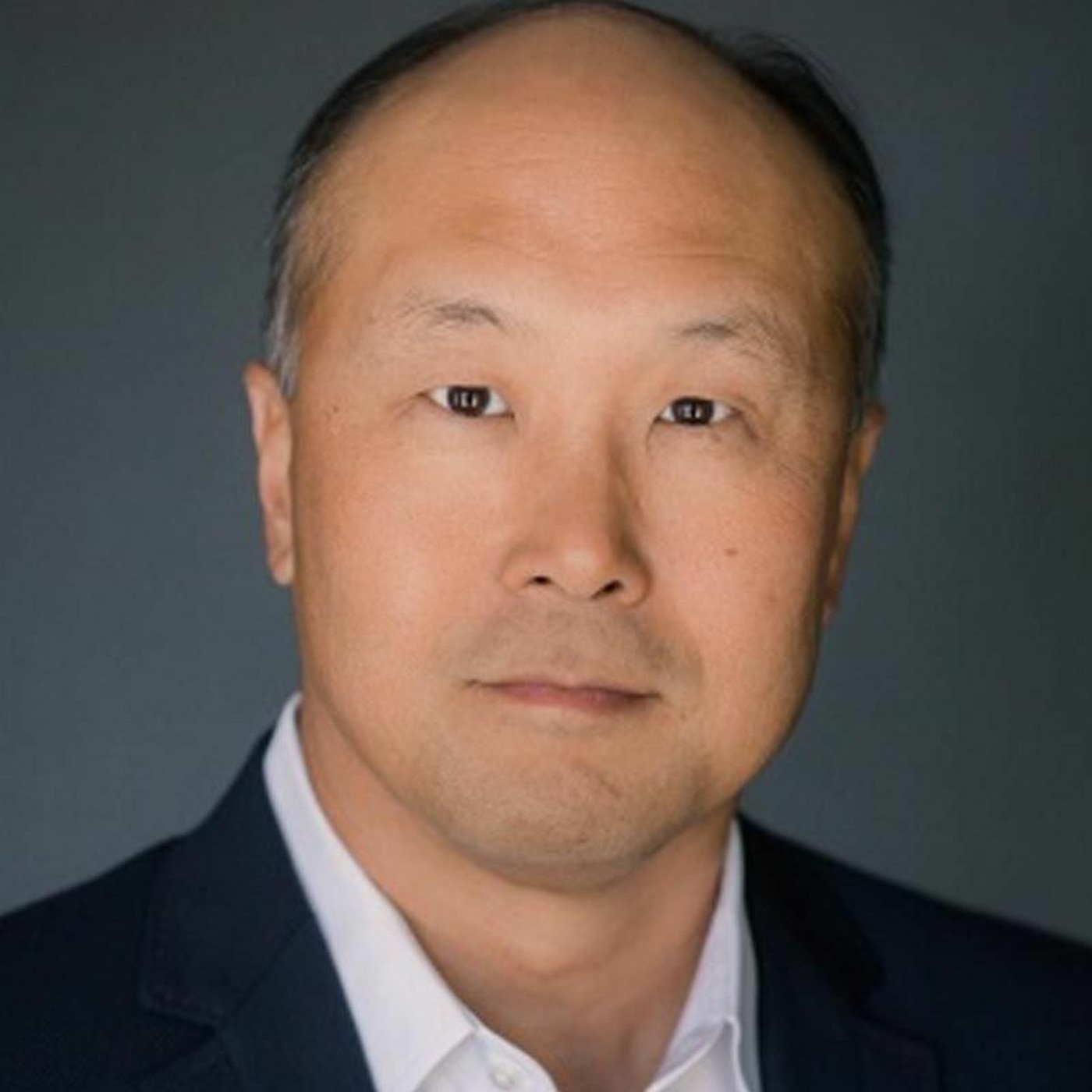
RARECastA Reborn Forma Therapeutics Focuses on Rare Blood Diseases and CancerForma Therapeutics had long been a platform-based drug company that used high-throughput screening to discover new drugs that would be developed by partners. After many years, Forma began transitioning to become a fully integrated therapeutics company focused on rare blood disorders and cancer. It brought in Frank Lee, who had been a senior vice president of global product strategy at Genentech, as CEO to help execute the company’s new plan. We spoke to Lee about why he joined Forma, the company’s program in sickle cell disease, and his vision Forma as a company that develops and commercializes its own...
2020-03-1920 min
RARECastTargeting Genetic Diseases at Their Root CauseFSHD is a rare, progressive, muscle wasting disease that affects the face, shoulders, and arms before advancing to the lower body. Like many rare conditions, it is caused by an underlying genetic mutation. Fulcrum Therapeutics is developing an experimental therapy for FSHD, the lead candidate in a pipeline of medicines that target the root causes of genetic diseases. We spoke to Robert Gould, president and CEO of Fulcrum, about FSHD, the company’s experimental therapy to treat the condition, and how he thinks about the company’s broader pipeline.
2020-03-1119 min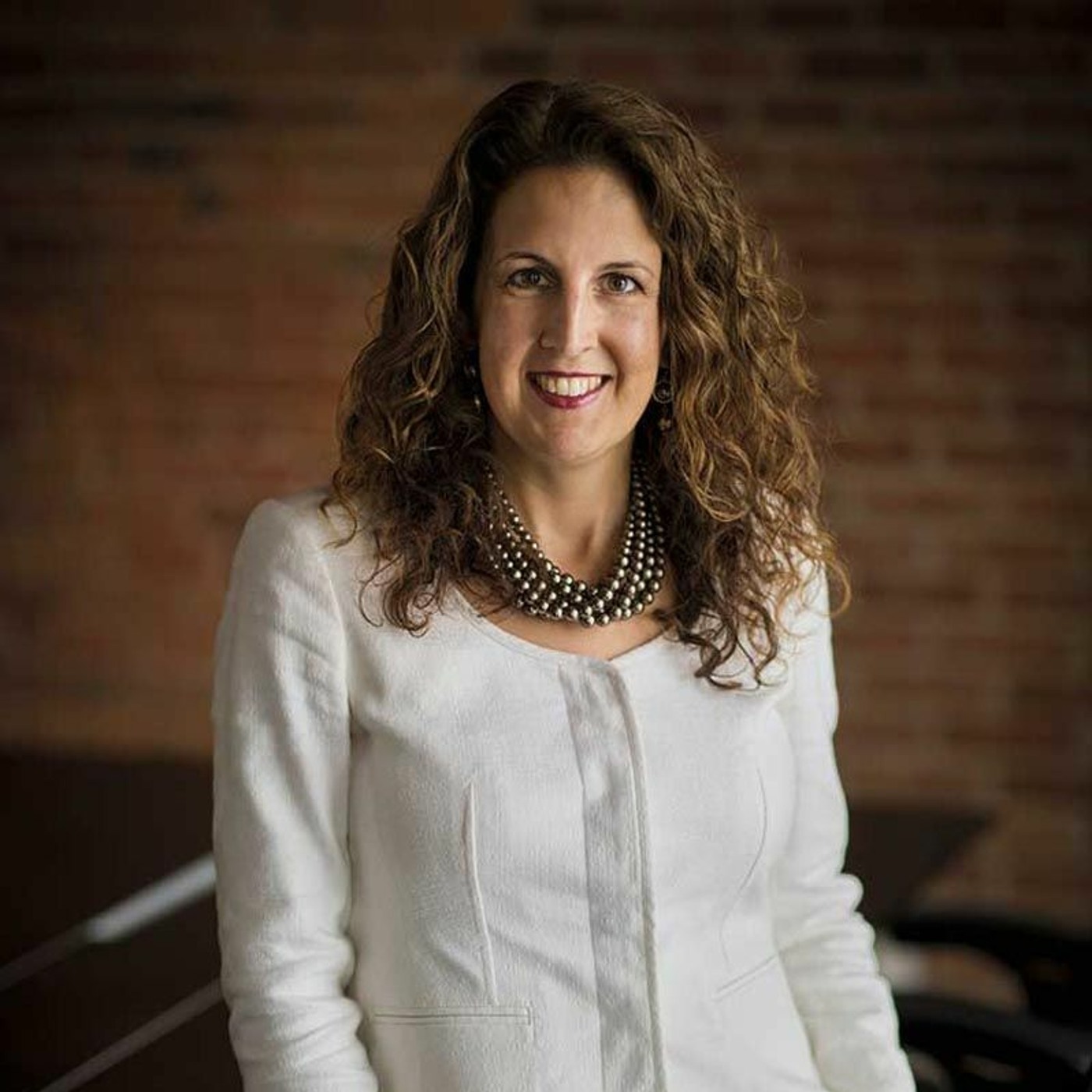
RARECastTargeting Hormone Dysregulation in Prader-Willi SyndromePrader-Willi syndrome is the most common genetic cause of life-threatening childhood obesity. It is a rare and complex condition that is characterized by unrelenting hunger, or hyperphagia, as well as intellectual disability, short stature, and incomplete sexual development. Millendo Therapeutics is developing livoletide, an experimental, first-in-class therapy that treats hyperphagia by targeting the underlying hormone dysregulation of Prader-Willi syndrome. We spoke to Julia Owens, CEO of Millendo, about Prader-Willi syndrome, the changing development path of livoletide, and what the company has learned as it shifted its focus to a different patient population.
2020-03-0420 min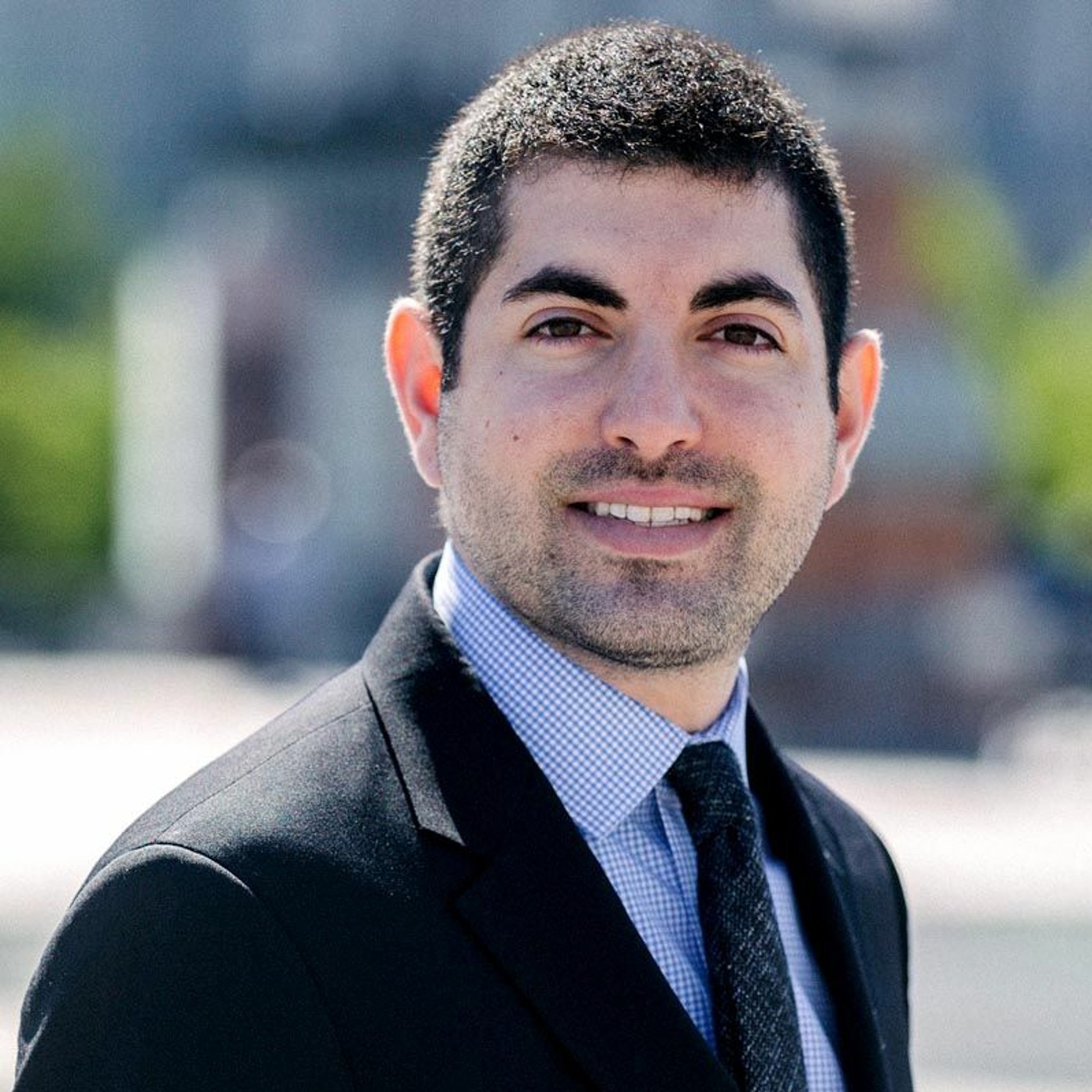
RARECastRare Disease Advocates Take to the HillAs rare disease patients and advocates seek to raise awareness around the globe for World Rare Disease Day at the end of February, one notable place they will gather is on Capitol Hill in Washington, D.C. It’s become an annual tradition for rare disease advocates to talk face-to-face with lawmakers to bring the abstractions of rare disease down to a human level and speak about the needs patients and their caregivers face. We spoke to Steve Silvestri, director of public policy for the Everylife Foundation for Rare Diseases, about Rare Disease Week on Capitol Hill, the case for pa...
2020-02-2521 min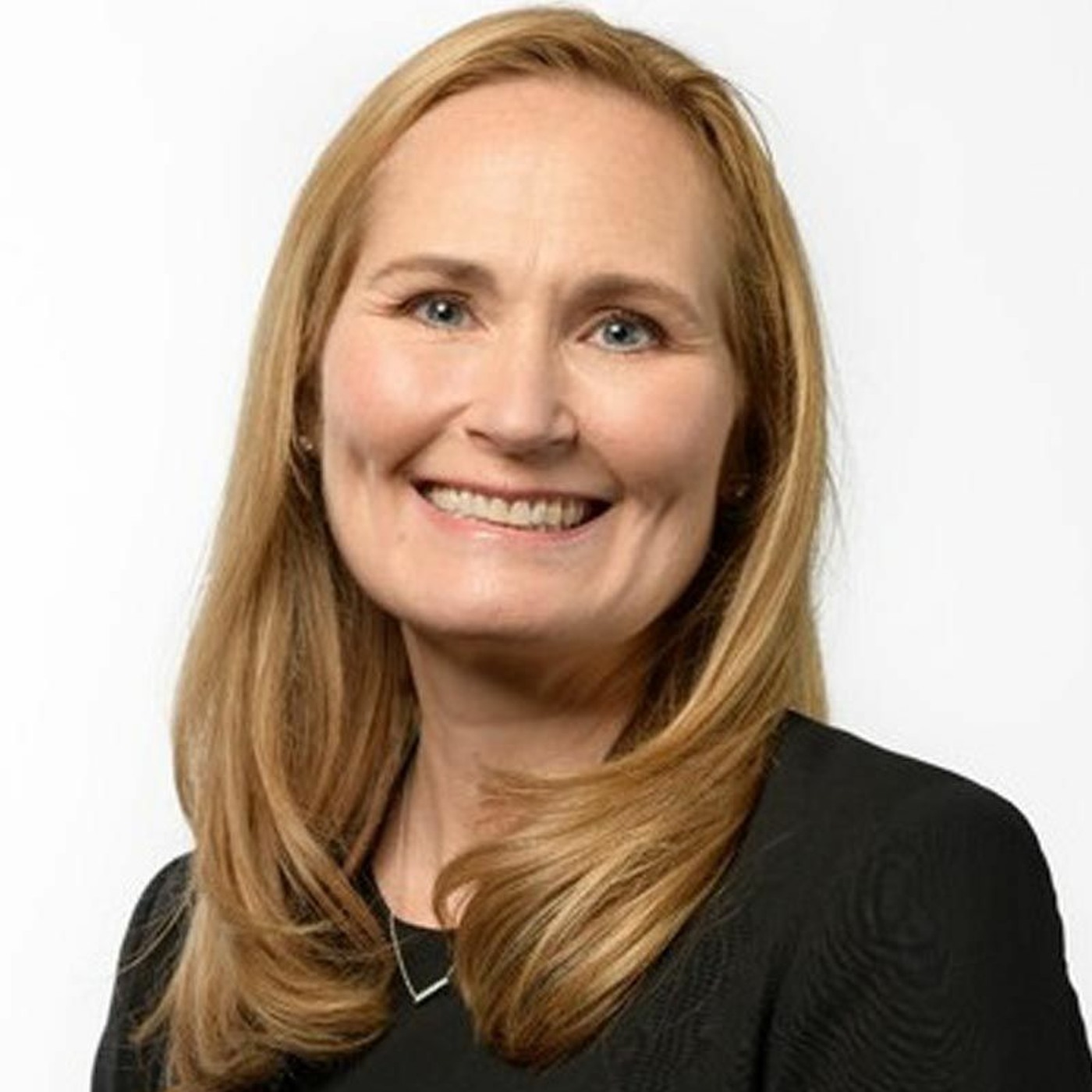
RARECastTargeting a Common Link in Otherwise Different Rare DiseasesFibroblast growth factors are a group cell signaling proteins that play a critical role in growth and development. They have been implicated in achondroplasia, the most common genetic form of dwarfism, but these growth factors are also involved in a number of rare cancers. QED Therapeutics, a BridgeBio company, is developing infigratinib, an experimental tyrosine kinase inhibitor that targets multiple fibroblast growth factors, for both achondroplasia and certain forms of bile duct and bladder cancers. We spoke to Susan Moran, CEO of QED Therapeutics, about the company’s experimental tyrosine kinase inhibitor, the role fibroblast growth factors play in seemingly di...
2020-02-1923 min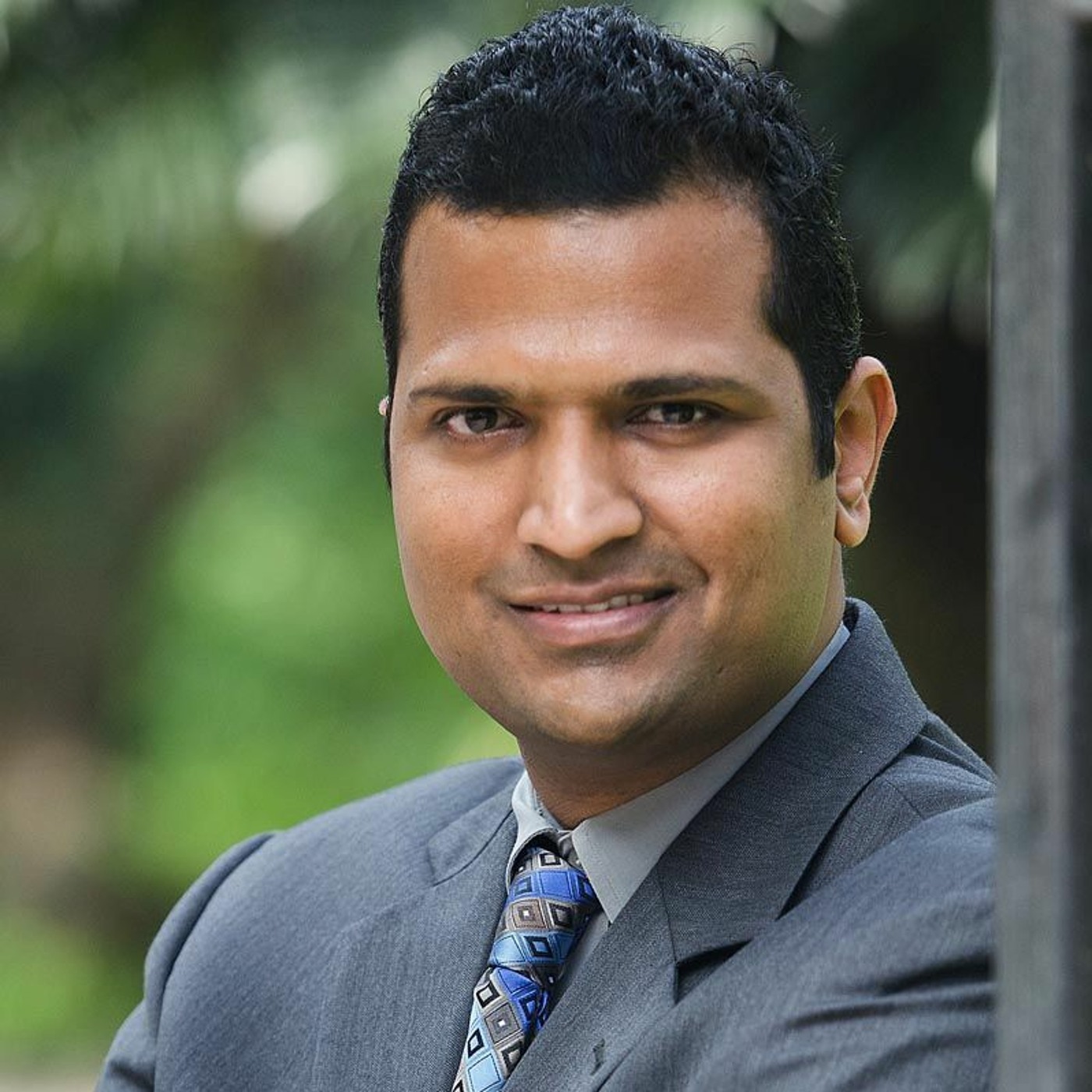
RARECastBringing Clinical Trials to PatientsConducting rare disease clinical trials can be challenging because of small and geographically dispersed groups of patients who may face difficulties in travelling to trial sites. Regulatory requirements for cell and gene therapies, even if only administered once, require long-term follow ups that extend for many years and provide an ongoing burden for patients. Jeeva Informatics Solutions is seeking to address those challenges through it harnessing of digital health technologies to bring the trial to the patient. We spoke to Harsha Rajasimha, founder and CEO of Jeeva, about the challenges of conducting rare disease clinical trials, the potential of digital...
2020-02-1235 min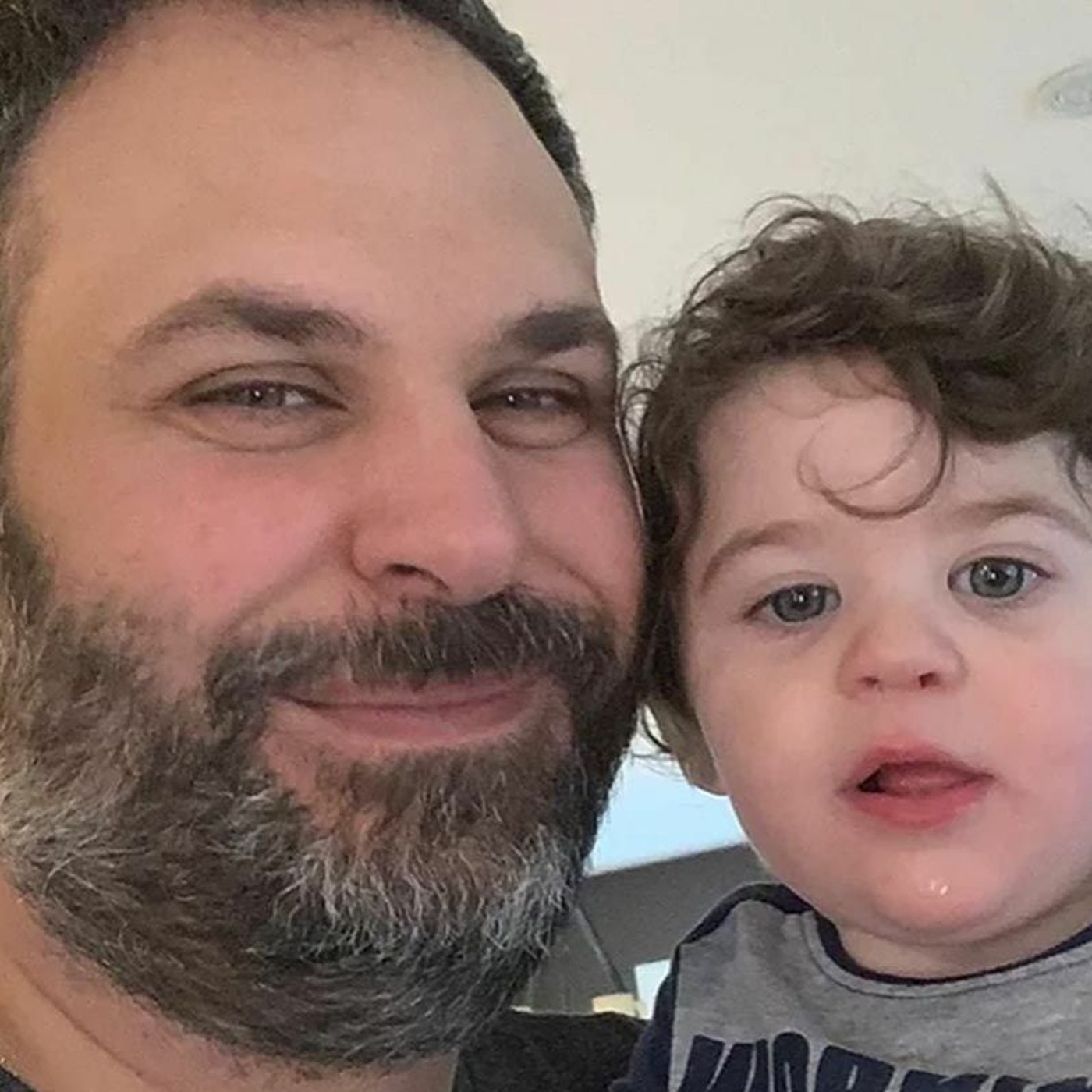
RARECastCrowdsourcing Therapeutic Approaches for an Ultra-Rare DiseaseTerry Pirovolakis became immersed in the world of rare disease after his son Michael was diagnosed with spastic paraplegia 50, an ultra-rare and progressive neurodegenerative disease. Later this month, interdisciplinary teams from around the world will gather as part of a 30-day hackathon to develop therapeutic strategies for Michael’s condition. We spoke to Pirovolakis about Michael’s disease, how the hackathon will work, and why he’s trying to turn this into a sustainable model for other people with ultra-rare diseases to develop treatments for conditions without any.
2020-02-0618 min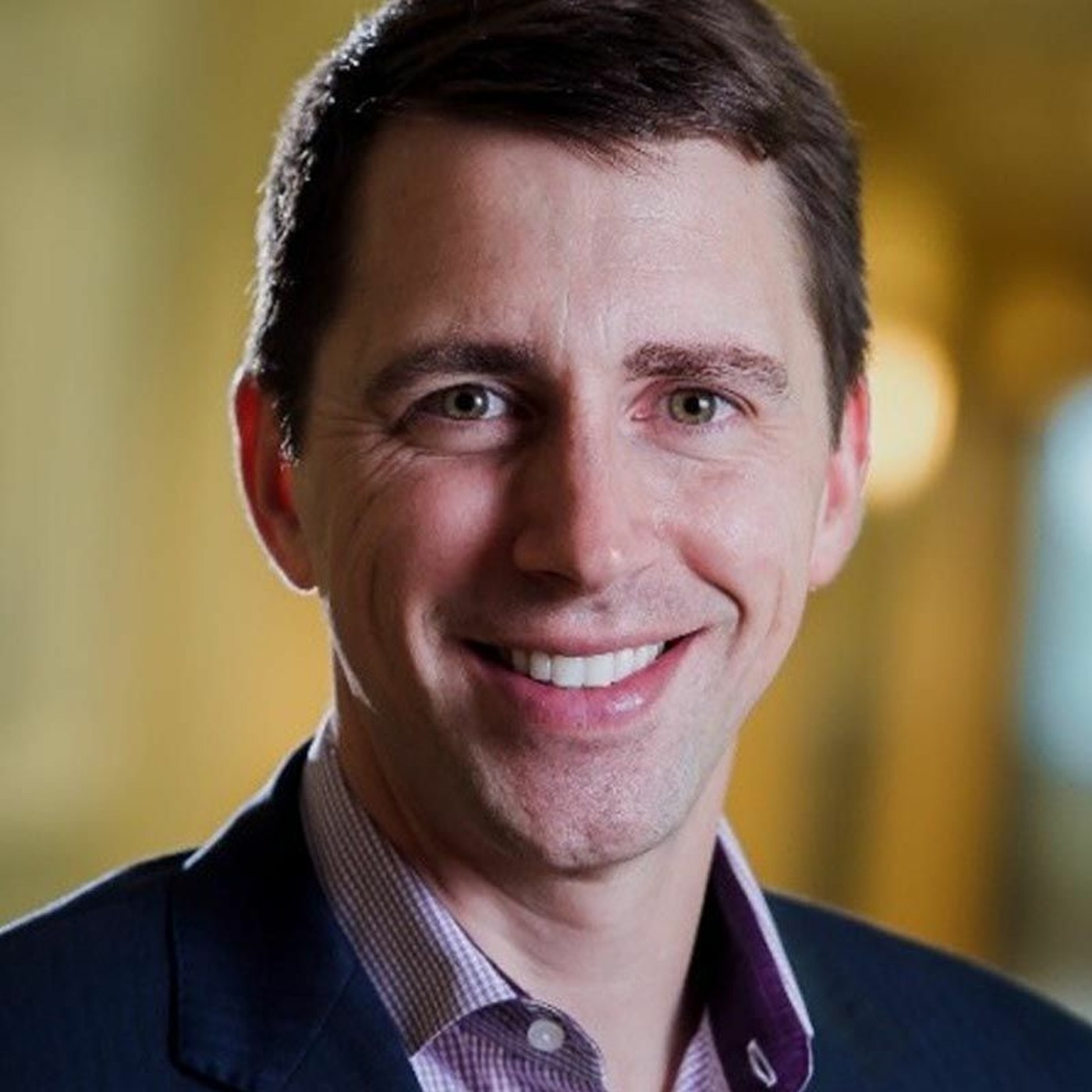
RARECastDelivering Oligonucleotide Therapies to Any Cell TypeDavid Giljohann likens his company’s spherical nucleic acid (SNA) constructs to Koosh balls. But instead of having elastic strings extending from their core, this new class of immunomodulatory and gene regulating drugs are covered with nucleic acids that stick out in all directions. The arrangement allows these oligonucleotides to be taken up by all cell types and can be delivered throughout the body allowing them to overcome some of the limitations of existing nucleic acid therapies. We spoke to Giljohann, CEO of Exicure, about the company’s SNA therapies, how they work, and why they have the potential to trea...
2020-01-2921 min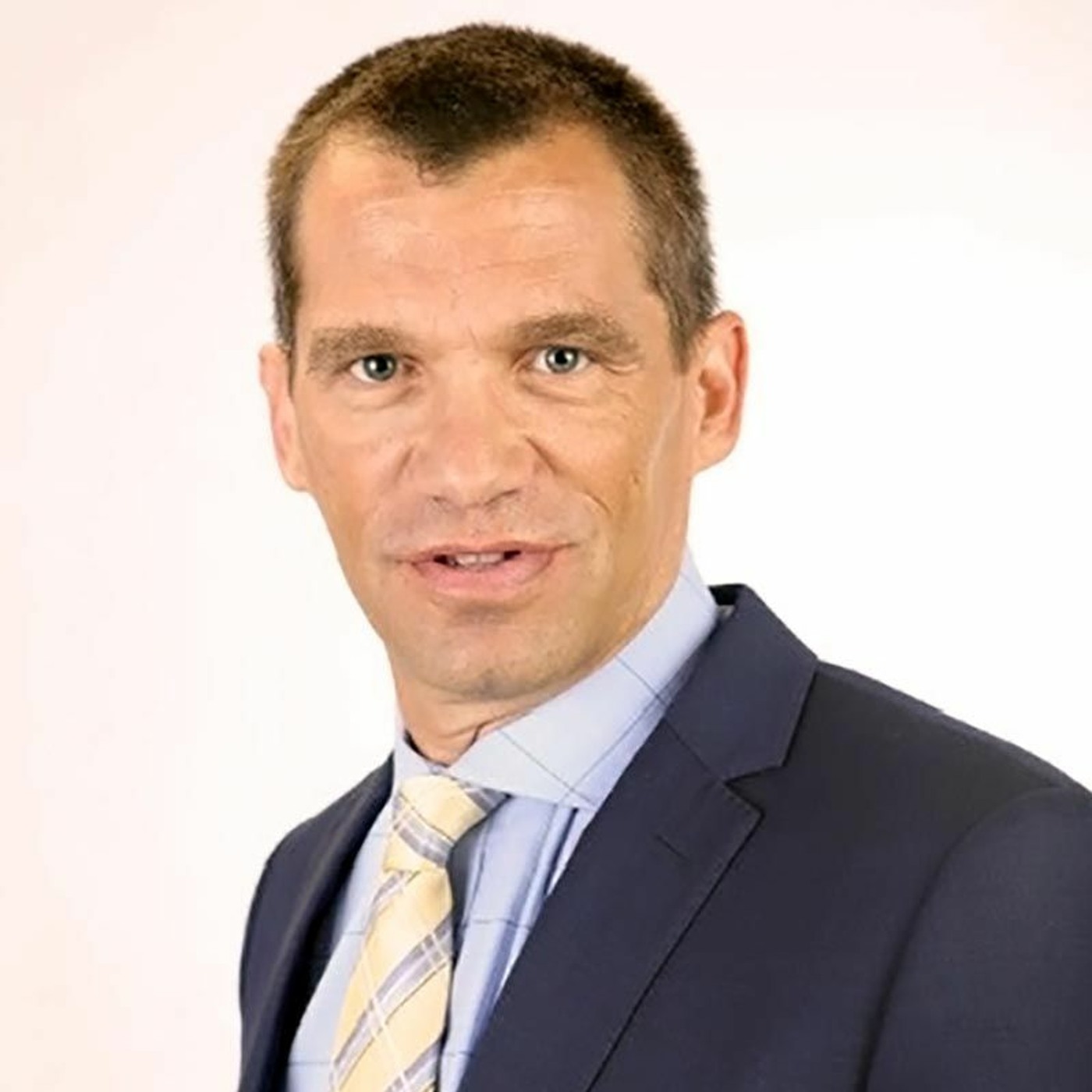
RARECastProtalix Looks Beyond BiobettersProtalix Biotherapeutics plant cell-based platform has been a point of differentiation for the company, a faster and more scalable way of producing protein therapeutics. The company first product, an enzyme replacement therapy for Gaucher disease, offered a proof of its approach. The company is pursuing therapies for Fabry disease and cystic fibrosis, as well as inflammatory diseases, but it is also in the process of rethinking its strategy of biobetters. We spoke to Dror Bashan, CEO of Protalix, about the company’s manufacturing platform, its therapeutic pipeline, and its desire to move toward addressing unmet medical needs.
2020-01-2224 min
RARECastDriving N-of-1 Therapies for Ultra-Rare Disease PatientsAntisense pioneer and Ionis Pharmaceuticals Executive Chairman Stanley Crooke has launched a nonprofit to design and deliver custom RNA-targeted therapies free of charge for individual patients with ultra-rare diseases. The organization, n-Lorem Foundation, will leverage Ionis’ technology platform to speed the discovery and development of custom antisense oligonucleotide. We spoke to Crooke about the genesis of n-Lorem, how it will determine whether to work with an individual patient or researcher, and the challenges for regularizing the process of designing n-of-1 therapies for ultra-rare disease patients.
2020-01-1528 min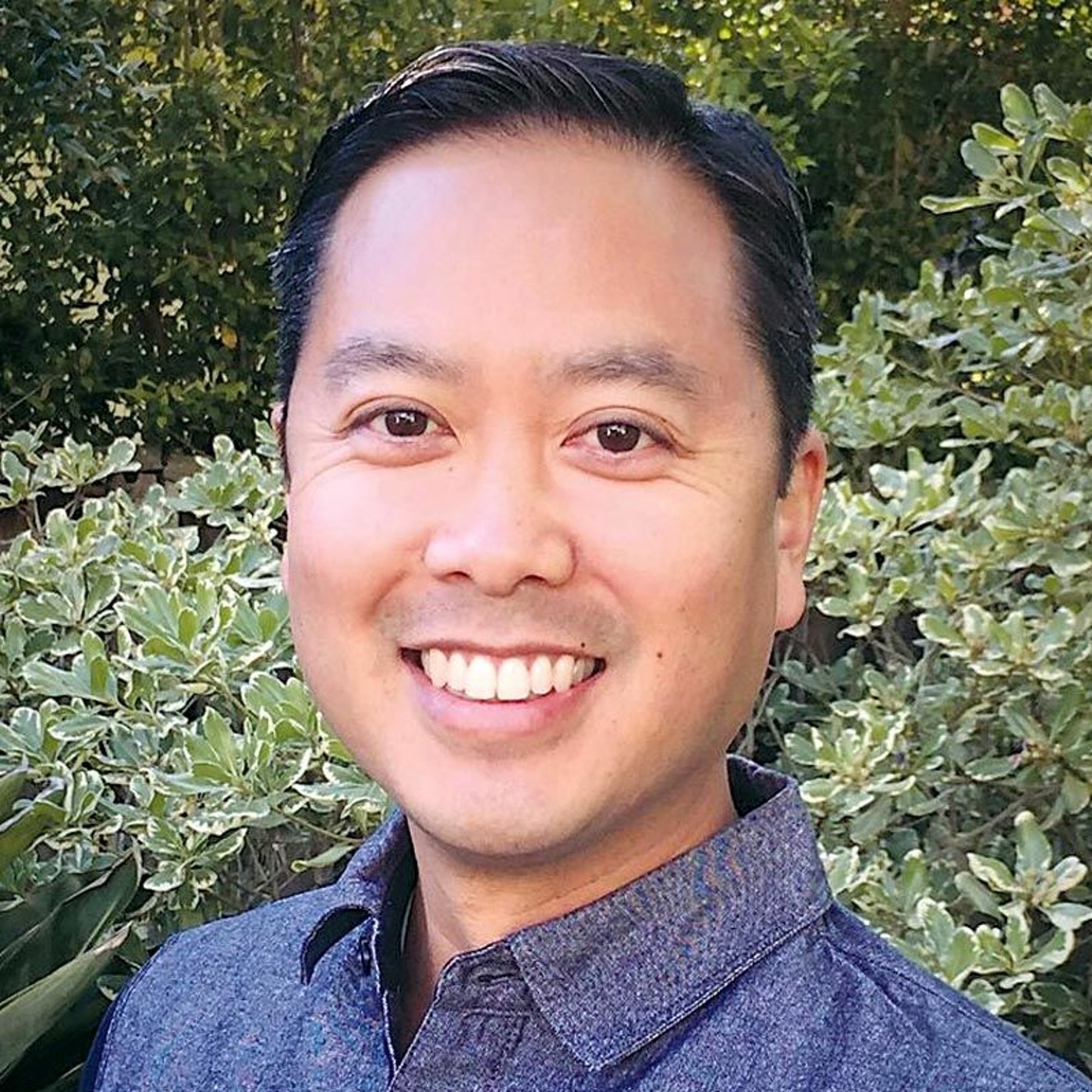
RARECastCutting the Time and Cost of Drug Discovery with MicroOrgansOne of the reasons for the clinical failure of drugs is that animal models often fall short as predictors of how a drug will work in humans. StemoniX believes it can cut the time and cost of drug discovery with its microOrgans that are engineered from human induced pluripotent stem cells. These microOrgans can be used for high throughput human drug screening without the need for drugs to enter a human subject. We spoke to Ping Yeh, CEO of StemoniX, about the company’s technology platform, how it works, and its recent agreement with the AI company Atomwise to discover an...
2020-01-0828 min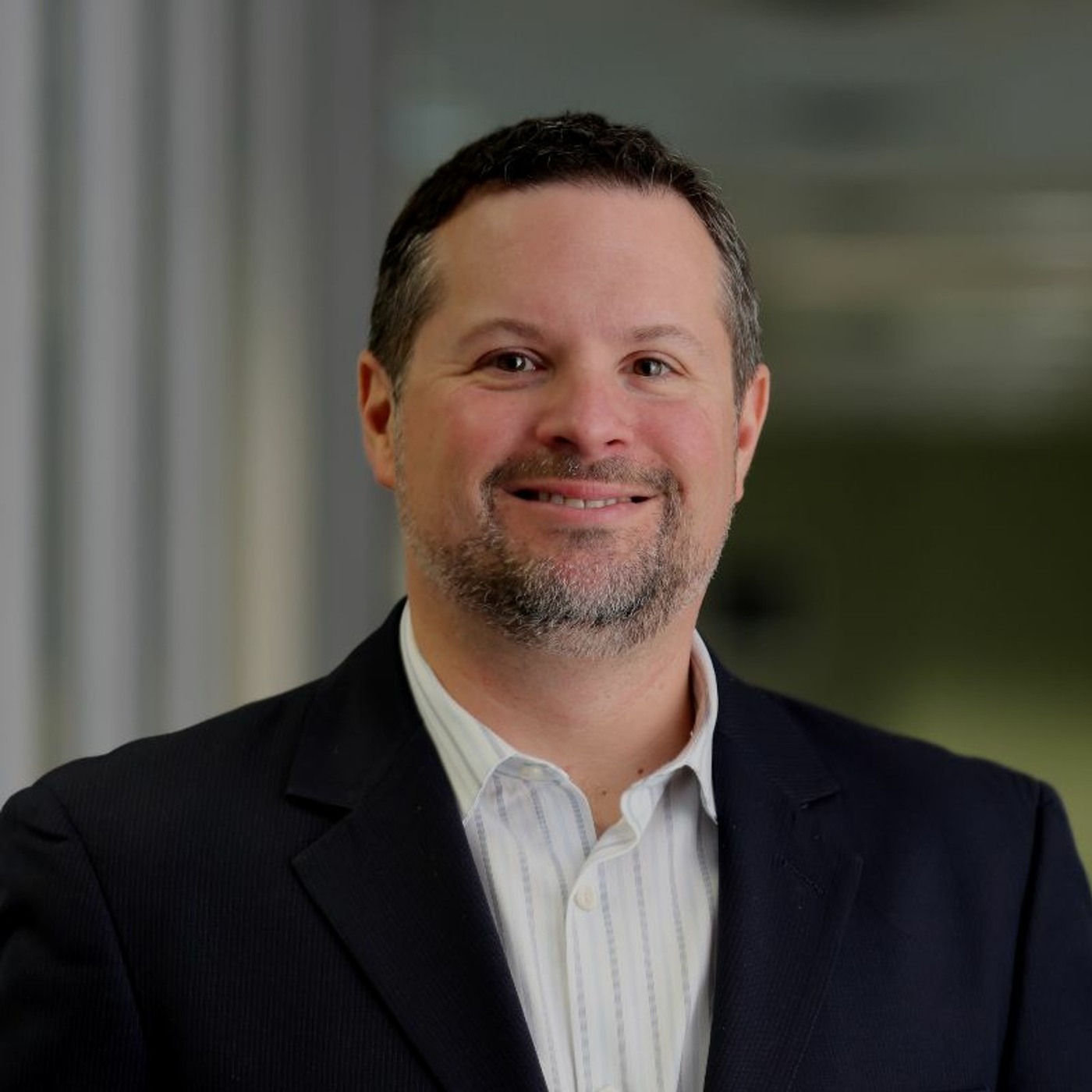
RARECastAcquisition Combines Two Pipelines for Rare Skin DiseasesIn December, Castle Creek Pharmaceutical Holdings completed its acquisition of Fibrocell. The deal brought together two companies developing therapies for rare skin disorders. We spoke to John Maslowski, CEO of the combined company, about its late-stage gene therapy in development for recessive dystrophic epidermolysis bullosa, how it differs from what is conventionally thought of as gene therapy, and what the acquisition does to advance the pipeline of the two companies.
2020-01-0229 min
RARECastProgramming Cells to Produce Neuroprotective Factors to Treat ALSALS is a progressive neurodegenerative disease. As motor neurons die, people with the condition grow weaker and lose motor function. For most, death occurs within three to five years of diagnosis. Brainstorm Cell Therapeutics is conducting a phase 3 clinical trial of its autologous stem cell therapy that programs cells taken from patients to produce neuro-protective factors that promote the survival of neurons. We spoke to Ralph Kern, chief operating officer and chief medical officer of Brainstorm Cell Therapeutics, about ALS, the company’s late-stage experimental therapy, and how its approach may provide benefits for patients with other neurodegenerative disease.
2019-12-2618 min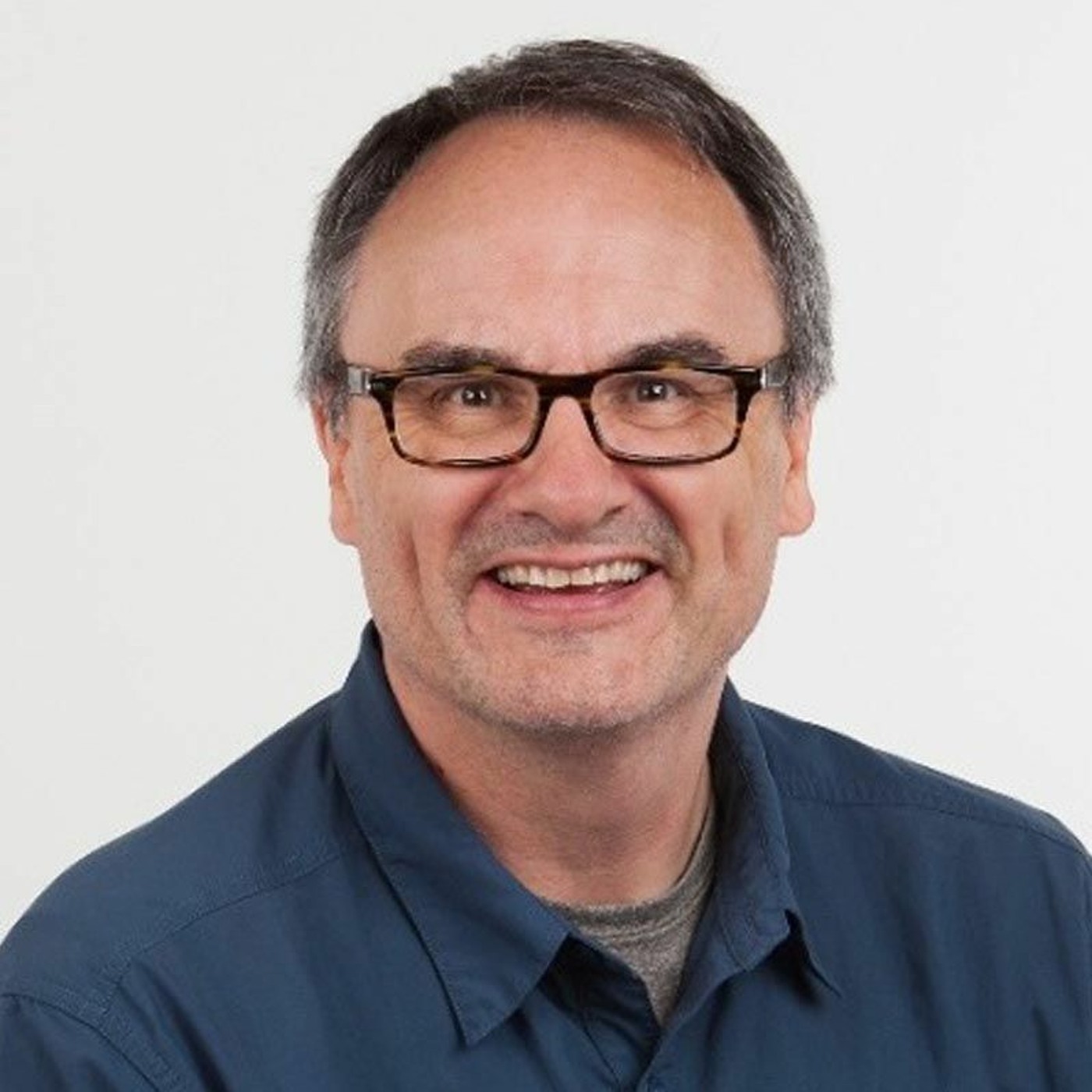
RARECastOrigin's Rapid Path to Seek Approval for Treatment of Ultra-Rare Metabolic ConditionEarlier this month, Origin Biosciences initiated a rolling submission with the U.S. Food and Drug Administration for approval to market an experimental therapy to treat the ultra-rare metabolic condition molybdenum cofactor deficiency (MoCD) Type A. The condition manifests itself shortly after birth and leads to difficulty feeding and intractable seizures. Children with the condition have a median survival of three years and those who live longer suffer irreversible damage to their central nervous system. The rolling submission comes about a year and a half after BridgeBio acquired the therapy from Alexion Pharmaceuticals and formed Origin Biosciences to develop it...
2019-12-1820 min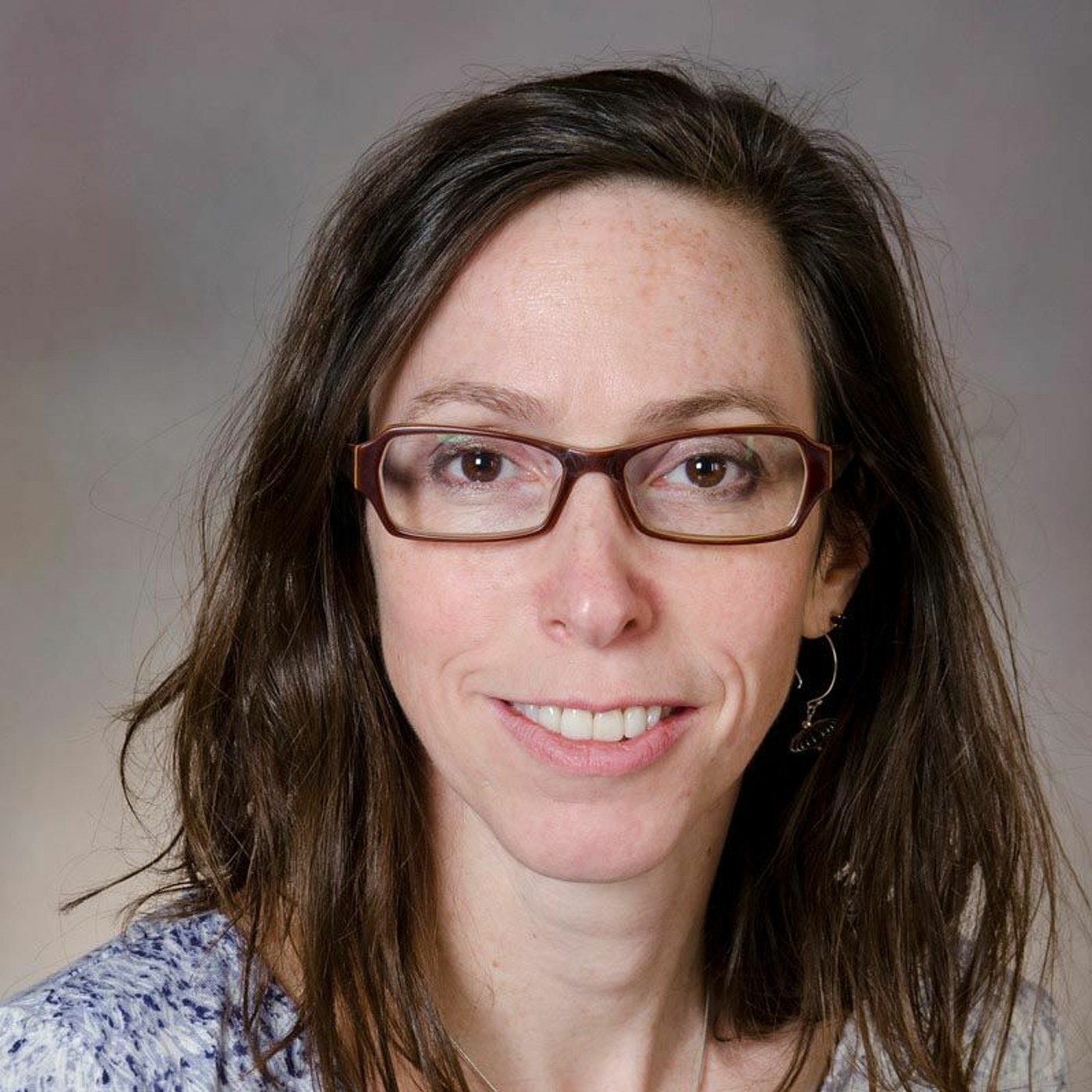
RARECastDeveloping a Common Language for Rare DiseasesThere is no clear agreement as to what constitutes a rare disease, the actual number of rare diseases, and how individual rare diseases are defined. The lack of clarity on the matter is not just an academic issue. The consequences of this, say researchers, is that it slows the diagnostic process and impedes the development of needed therapies for these conditions. In a recent commentary in the journal Nature Reviews Drug Discovery, Melissa Haendel and her co-authors discuss their efforts to characterize, define, and harmonize the definitions of rare disease through the Monarch Disease Ontology initiative. We spoke to Haendel...
2019-12-1124 min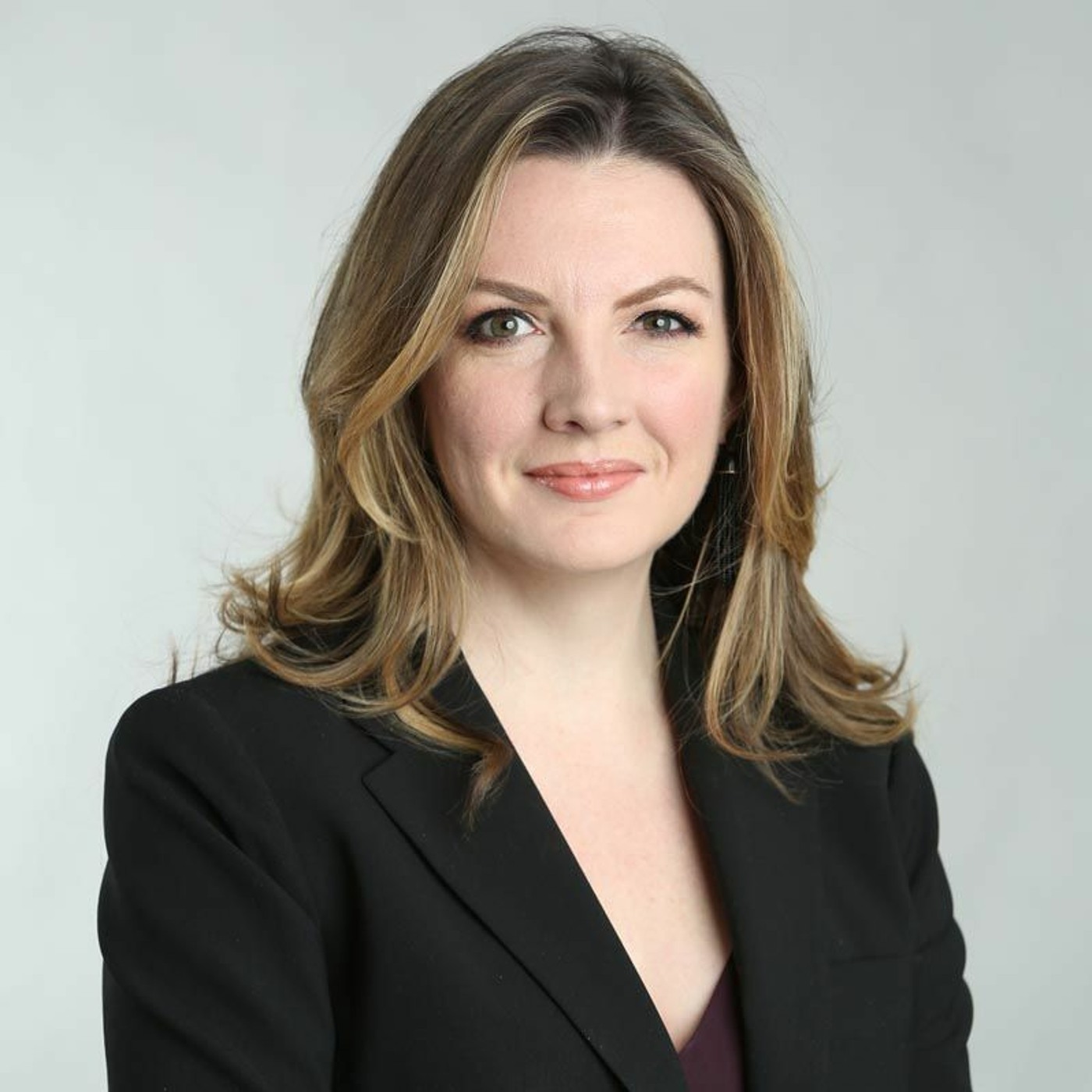
RARECastWhy Payers Lag Drug Developers and Regulators in Embracing Real-World EvidenceDrug developers and regulators are rapidly expanding the use of real-world evidence to develop rare disease therapies, but a new report finds payers are far less enthusiastic about incorporating such data in evaluating the value of therapies. The report from Syneos Health found payers have concerns about a lack of standards and have gaps in their understanding. We spoke to Meg Alexander, head of the reputation and risk management practice for Syneos Health, about the report, the important role real-world evidence can play in rare disease drug development, and why payers are moving slower than drug developers and regulators to...
2019-12-0424 min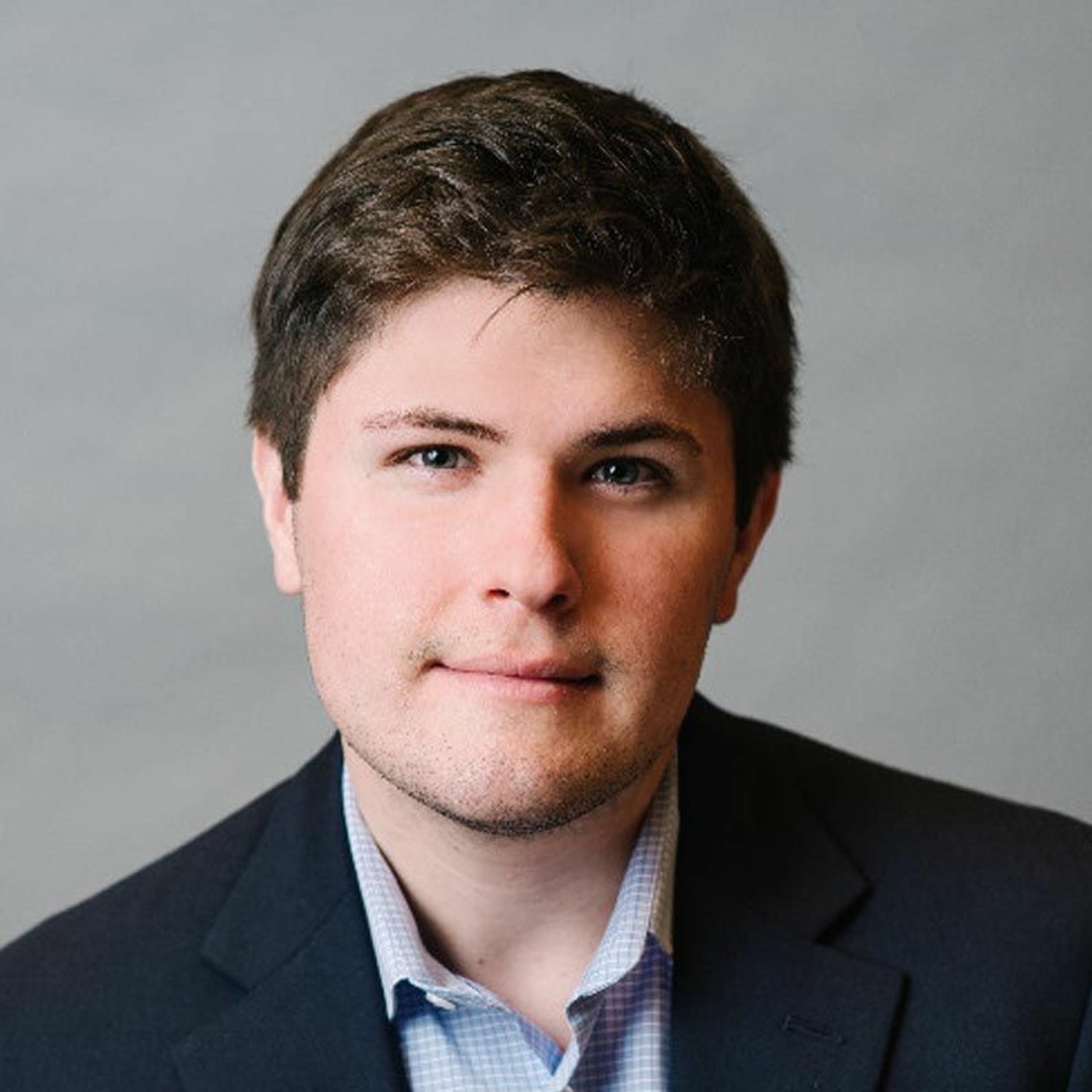
RARECastHow a Brother's Love Is Forging a Path for Customized Therapies for Rare Disease PatientsRich Horgan was attending Harvard Business School when he started reaching out to leading researchers to learn about his brother Terry’s condition Duchenne muscular dystrophy and what could be done to accelerate efforts to find a cure. Horgan was taken with the work of Timothy Yu to develop a customized therapy for a young girl with a form of the rare neurological condition Batten disease and founded the nonprofit organization Cure Rare Disease to develop customized therapies to treat patients with rare, genetic conditions. We spoke to Horgan, founder and president of Cure Rare Disease, about the organization, his ef...
2019-11-2736 min
RARECastAddressing the Barriers to Accessing Experimental TherapiesExpanded access—a means of allowing people with serious and life-threatening conditions who fail to meet the enrollment criteria of a clinical trial to gain access to experimental therapies —has become an area of growing interest among the rare disease community. Though so-called right-to-try legislation has allowed patients to bypass regulators, it has done little to address the true obstacles patients face in getting access to these therapies. The Expanded Access Summit, which will be help January 27 to 29 at the National Press Club in Washington, D.C., will bring together regulators, drug developers, patients, and other stakeholders interested in expanded acce...
2019-11-2043 min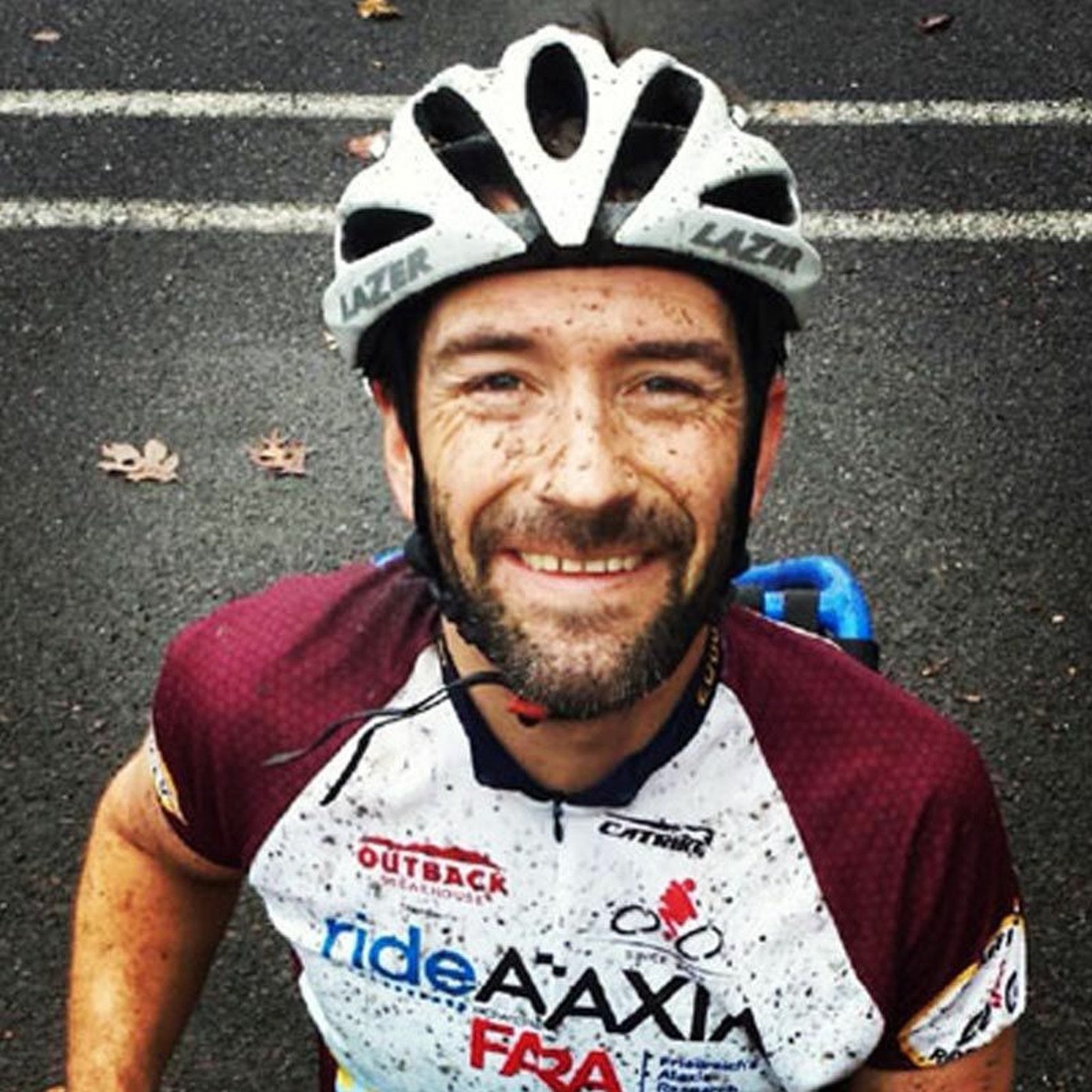
RARECastA Journey to AdvocacyWhen Kyle Bryant was diagnosed with the rare neuromuscular disease Friedreich's ataxia, it upended his sense of himself and his future as he began to wrestle with feelings of anger and depression. His life changed, though, when he read about a man with multiple sclerosis and his use of a recumbent trike, an adult-sized tricycle with a reclined seat. Bryant was inspired and shortly planned a cross-country bike trip with his father to raise money for Friedreich's ataxia research, a journey he chronicled in his book “Shifting into High Gear.” We spoke to Bryant, director of Ride Ataxia at the Frie...
2019-11-1324 min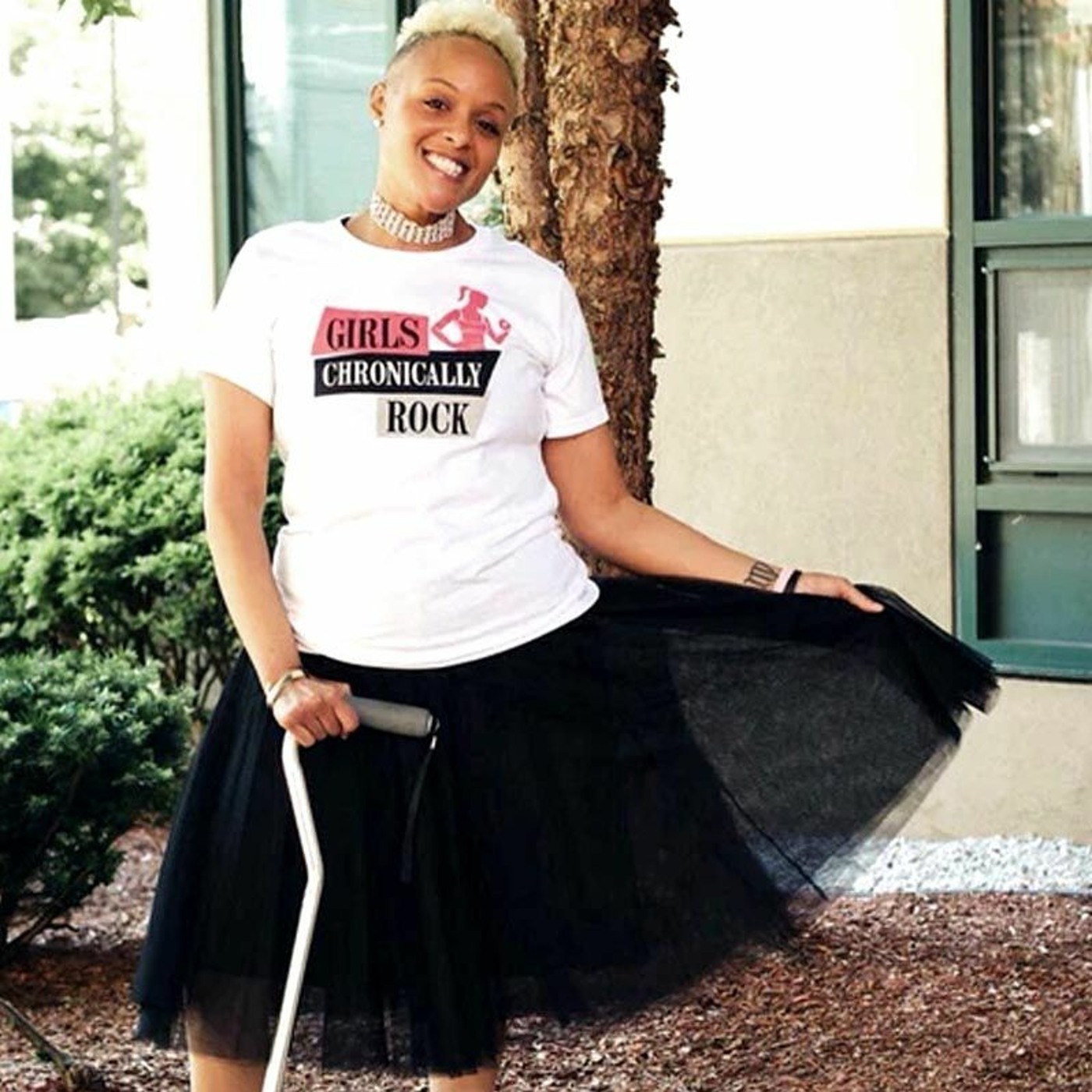
RARECastTurning Chronic Illness into a Fashion StatementKeisha Greaves was studying for a career in fashion and business when she was diagnosed with limb-girdle muscular dystrophy, a rare and progressive neuromuscular condition. Rather than let her disease sidetrack her entrepreneurial vision, she has used it as a source of inspiration. She launched Girls Chronically Rock to produce T-shirts and adaptive clothing that celebrates and empowers people with chronic diseases. We spoke to Greaves about her experience with chronic illness, her vision for Girls Chronically Rock, and her efforts to bring adaptive wear to mainstream retailers.
2019-11-0621 min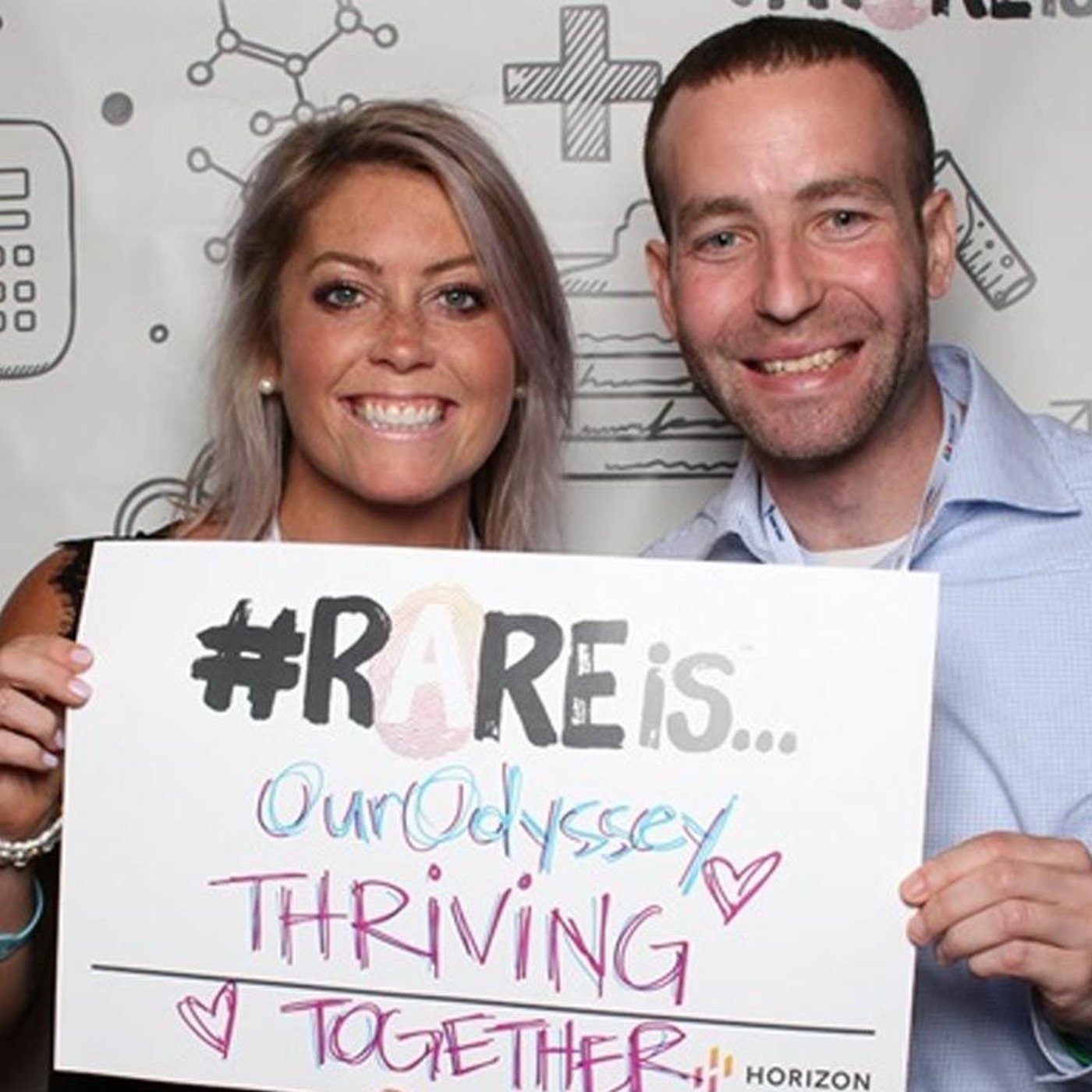
RARECastConnecting Young Adults with Rare and Chronic ConditionsSeth Rotberg and Kristina Wolfe have each felt the isolation of entering adulthood in the shadow of rare and chronic disease. Rotberg, whose mother was diagnosed with Huntington’s disease, had genetic testing as a college student that showed he too will develop the neurodegenerative condition. Wolfe has grown up with type 1 diabetes. The two founded Our Odyssey to help young adults connect, find social and emotional support, and help them improve their quality of life. We spoke to Rotberg and Wolfe about their own experiences, why they created Our Odyssey, and the unique psychosocial issues people with rare and ch...
2019-10-3022 min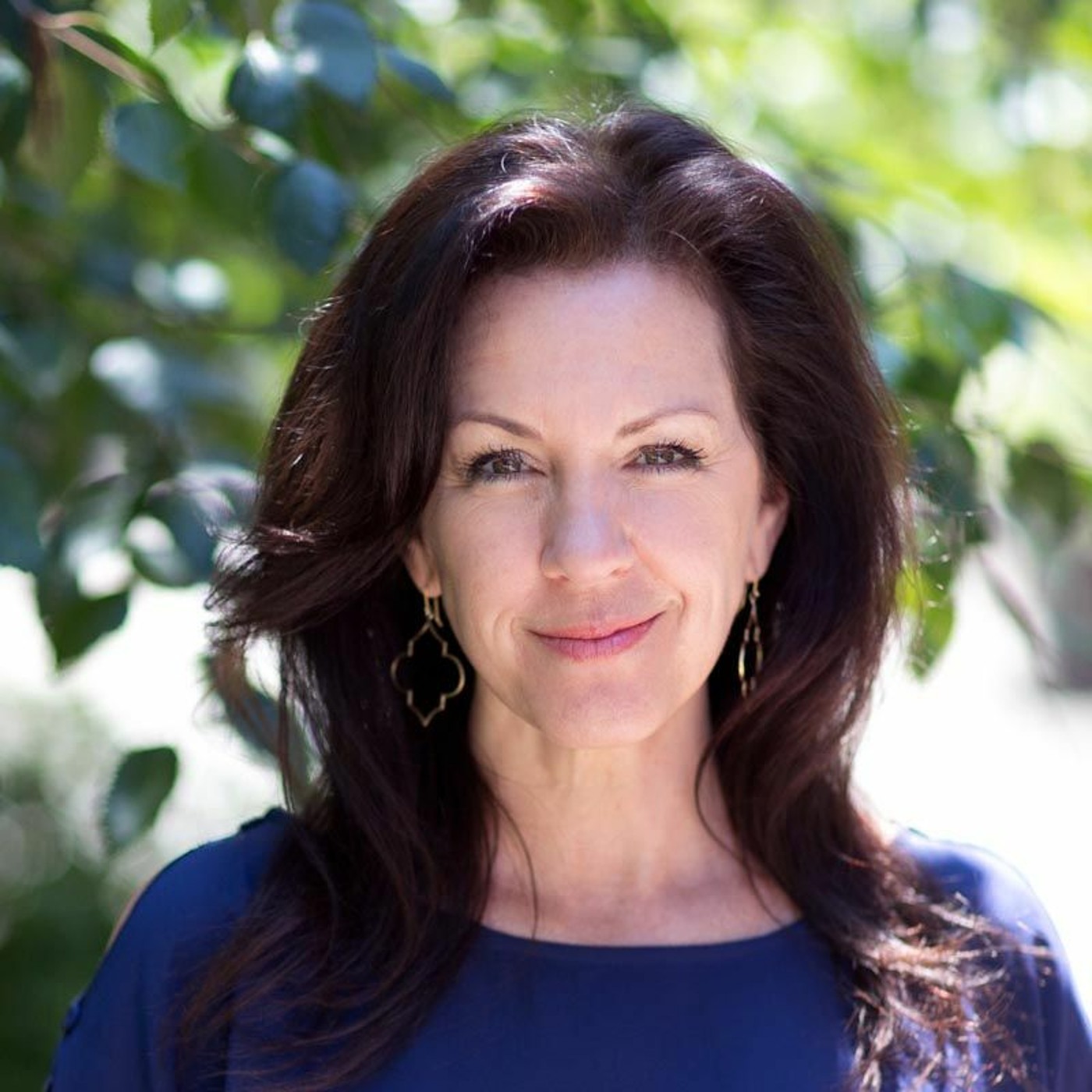
RARECastHelping Caregivers Care for ThemselvesCristol O'Loughlin grew up with three older brothers with the rare lysosomal storage disorder MPS II, or Hunter syndrome. The experience of seeing the demands on her mother led her to create Angel Aid Cares, an organization that seeks to support and connect caregivers, and help them learn to care for themselves while caring for others. We spoke to O’Loughlin about the challenges caregivers face, why they often neglect their own needs, and how her organization seeks to help them.
2019-10-2327 min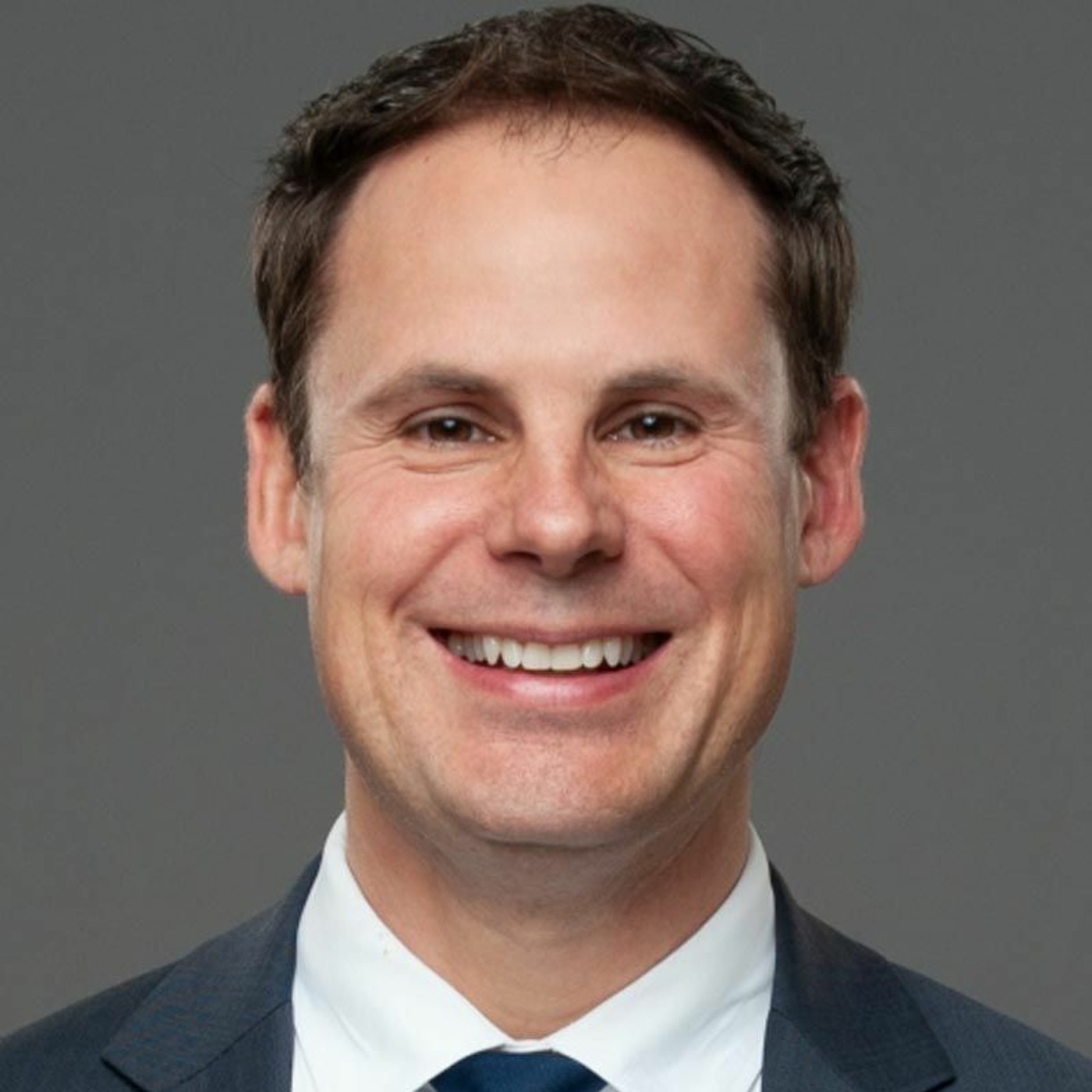
RARECastA Festival of Moving PicturesDisorder: The Rare Disease Film Festival features films from around the world that capture the challenges of life with a rare disease. Launched in Boston in 2017, the festival will be held in San Francisco November 9 and 10 at the UCSF Mission Bay Campus. We spoke to Bo Bigelow, co-founder of Disorder, about what’s showing at this year’s festival, the power of film to raise awareness about rare disease, and how the event is intended to foster connections between patients and researchers.
2019-10-1623 min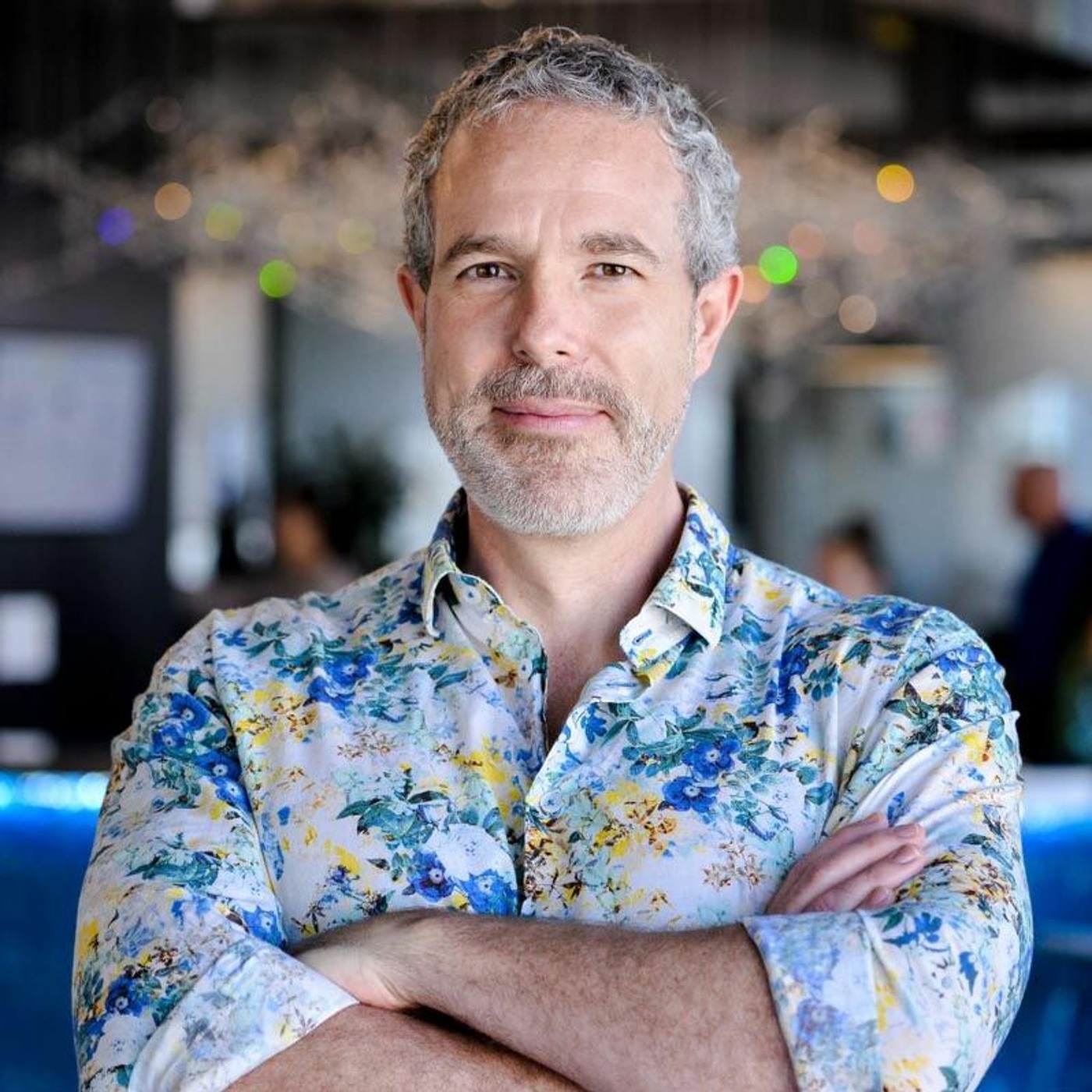
RARECastDeep Genomics Boasts an AI First in Drug DiscoveryLast month, Deep Genomics garnered headlines when it declared that it had nominated the industry’s first artificial intelligence-discovered therapeutic candidate. The experimental therapy is intended to treat Wilson disease, a rare and potentially life-threatening condition. The target for the therapy was also identified by the company’s AI platform and Deep Genomics said it was able to identify the target and drug candidate in less than 18 months. We spoke to Brendan Frey, founder and CEO of Deep Genomics, about the company’s AI platform, why it is focused on genetic disease, and the case for the company’s approach to drug...
2019-10-0927 min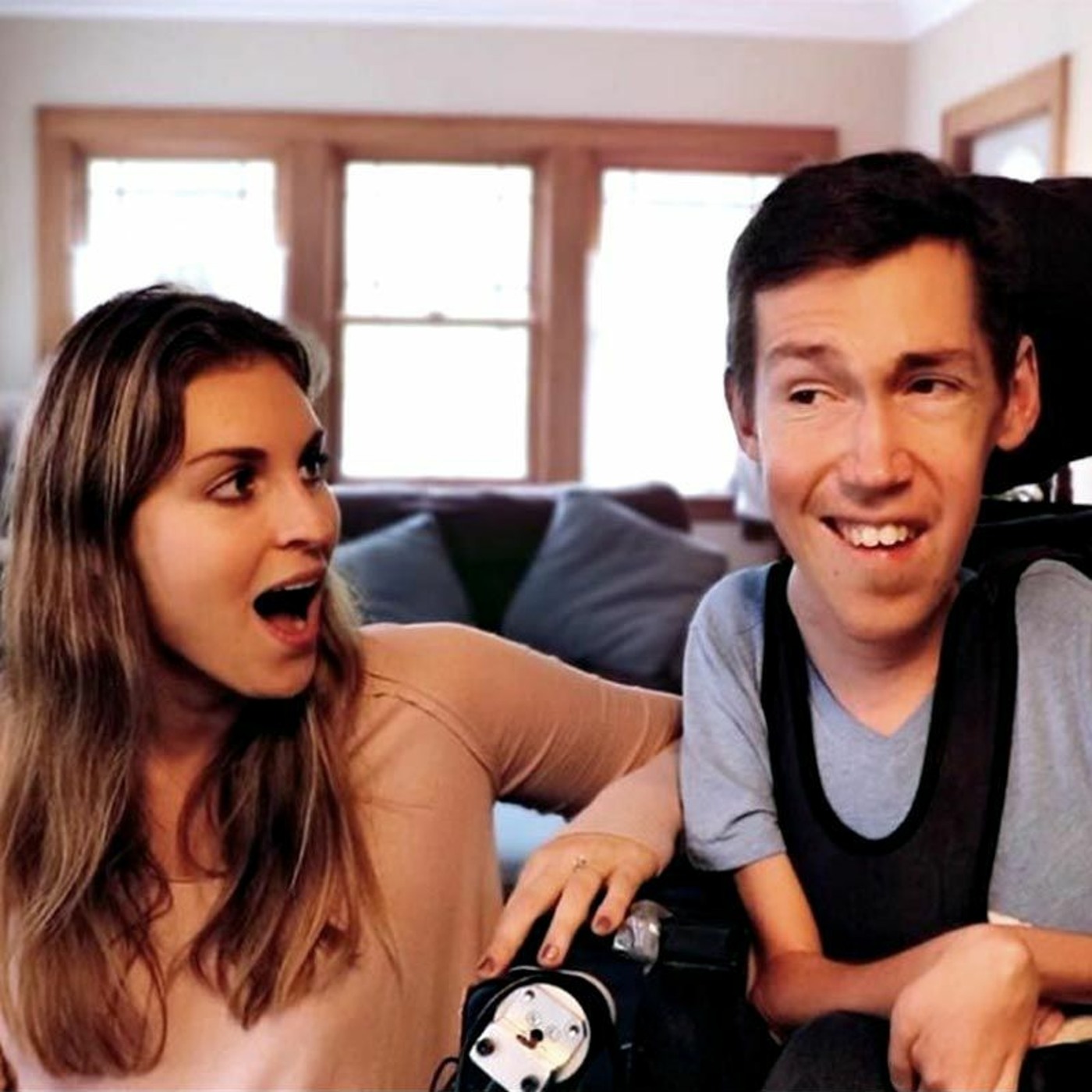
RARECastHow to Live with a Disability with Your Mojo IntactShane Burcaw and Hannah Aylward, known to YouTube viewers as Squirmy and Grubs, often find people have trouble comprehending their relationship. Burcaw, who is disabled as a result of spinal muscular atrophy, weighs just 65 pounds and has limited physical abilities. As the title of his latest book explains, “Strangers Assume My Girlfriend Is My Nurse.” We spoke to Burcaw and Aylward about their relationship, their encounters with others, and their efforts to shatter misconceptions about the ability for disabled people to have a love life.
2019-10-0326 min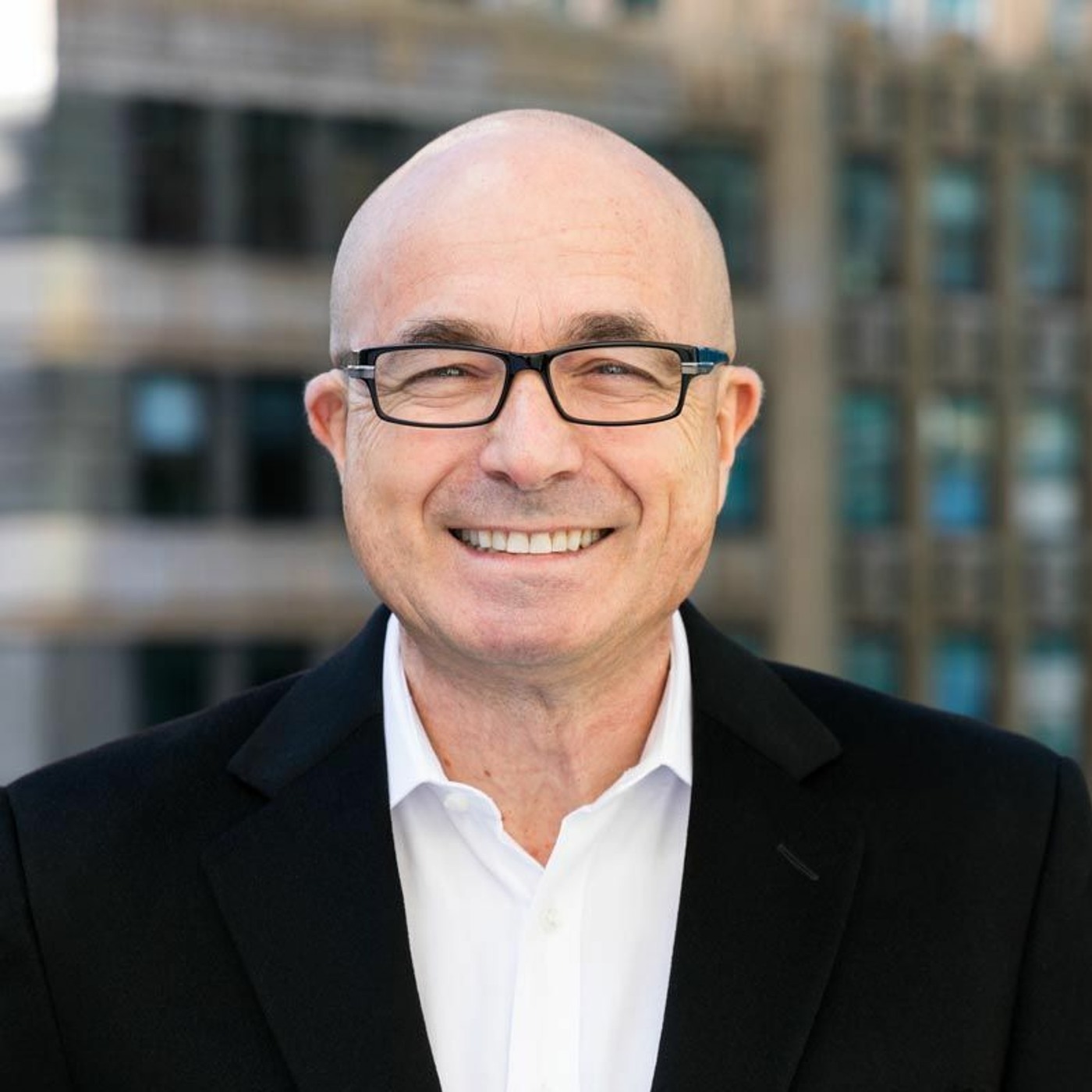
RARECastWhy a Big Pharma Exec Embraced Rare Neurological DiseasesJeremy Levin’s high-profile success at building the pipeline at Bristol-Myers Squibb through deal-making and driving the company into immunotherapies, has given him the ability to take virtually any job he’d like in the biopharmaceutical sector. Given that, it may seem surprising the Big Pharma executive chose to become CEO of a development-stage company focused on rare neurological conditions. We spoke to Levin, CEO of Ovid Therapeutics, about why he took the job, the conditions the company is targeting, and whether his interest in rare diseases will shape the agenda of BIO now that he serves as chairman of the...
2019-09-2538 min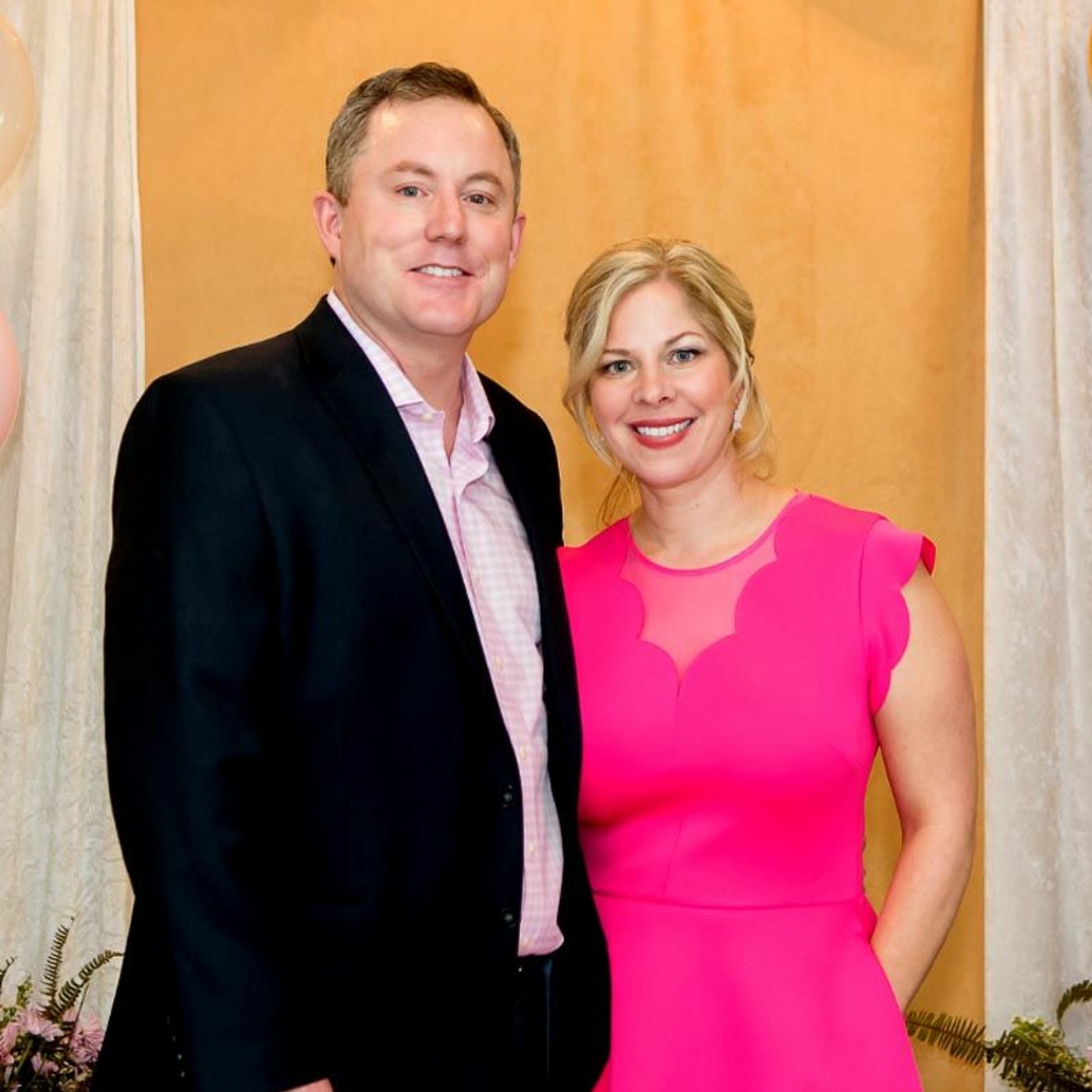
RARECastFighting for Other People's ChildrenJennifer and Tracy VanHoutan lost two children in less than two years to CLN2 Batten disease, a rare, genetic, neurodegenerative condition that slowly robs children of their abilities before taking their lives. The VanHoutans founded Noah’s Hope to create awareness, raise money to fund research, and eliminate policy barriers to bringing therapies to patients. Despite their loss, they continue to advocate and push for treatments. At this year’s Global Genes Rare Patient Advocacy Summit in San Diego September 18 to 20, the two will be honored with a 2019 RARE Champion of Hope Award for their advocacy work. We spoke to the...
2019-09-1819 min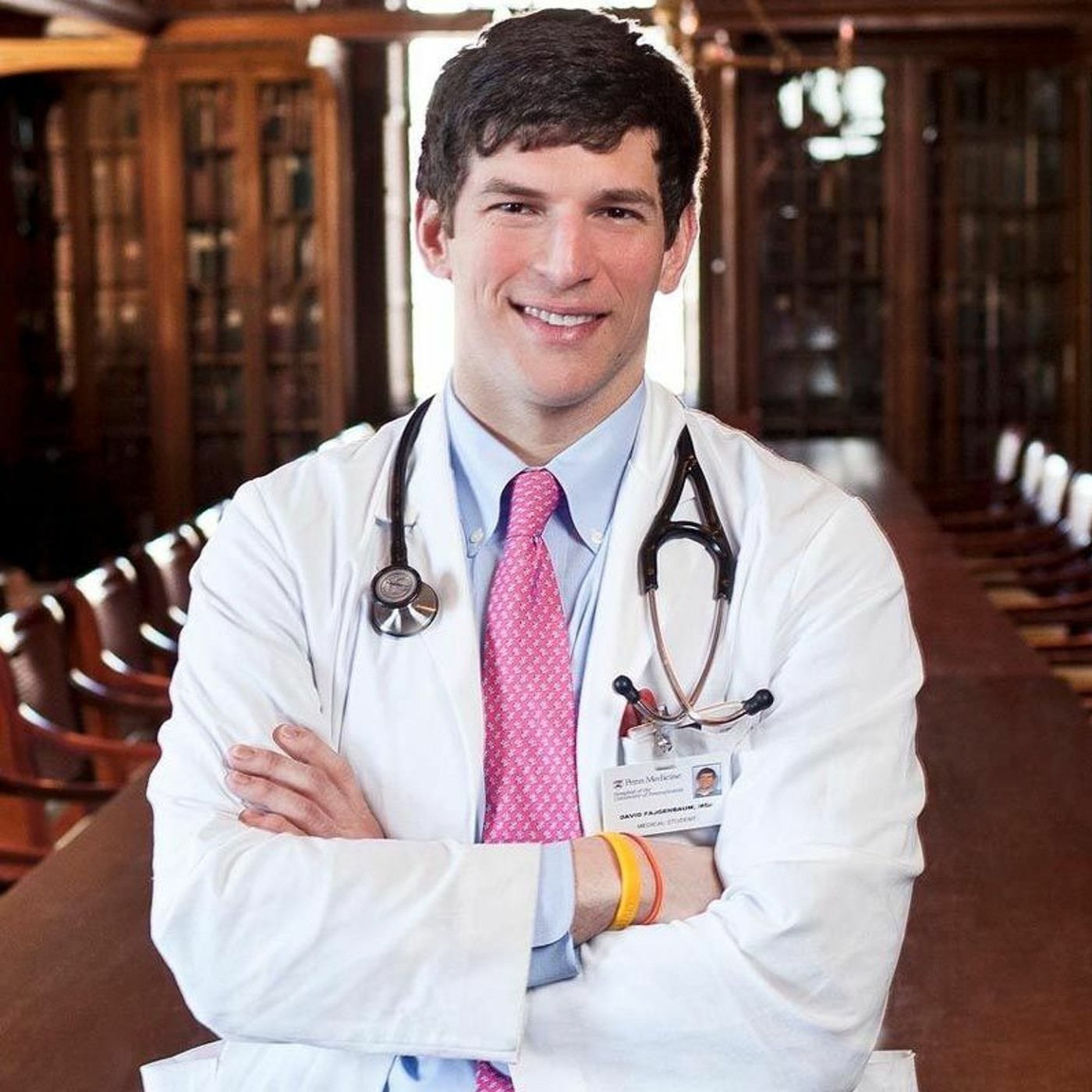
RARECastA Doctor's Quest to Cure His Own Rare DiseaseWhen David Fajgenbaum was in medical school, he became stricken with a rare autoimmune disease that nearly killed him. Though he recovered, he would suffer recurring, life-threatening flares only to discover the poor state of research into condition. Fajgenbaum chronicles his rare disease journey and his efforts to drive research and find treatments in his new book “Chasing My Cure: A Doctor’s Race to Turn Hope into Action.” Fajgenbaum, who is executive director of the Castleman Disease Collaborative Network, will be featured at this year’s Global Genes Rare Patient Advocacy Summit, which begins in San Diego September 18. Ahead of the s...
2019-09-1227 min
RARECastSusannah Cahalan and her Month of MadnessJournalist and best-selling author Susannah Cahalan, ahead of her keynote address at the Global Genes’ RARE Patient Advocacy Summit September 18 in San Diego, discusses about her diagnostic odyssey, the critical role the support of her loved ones made, and what allowed the doctor who diagnosed and treated her to succeed where others had failed.
2019-09-0425 min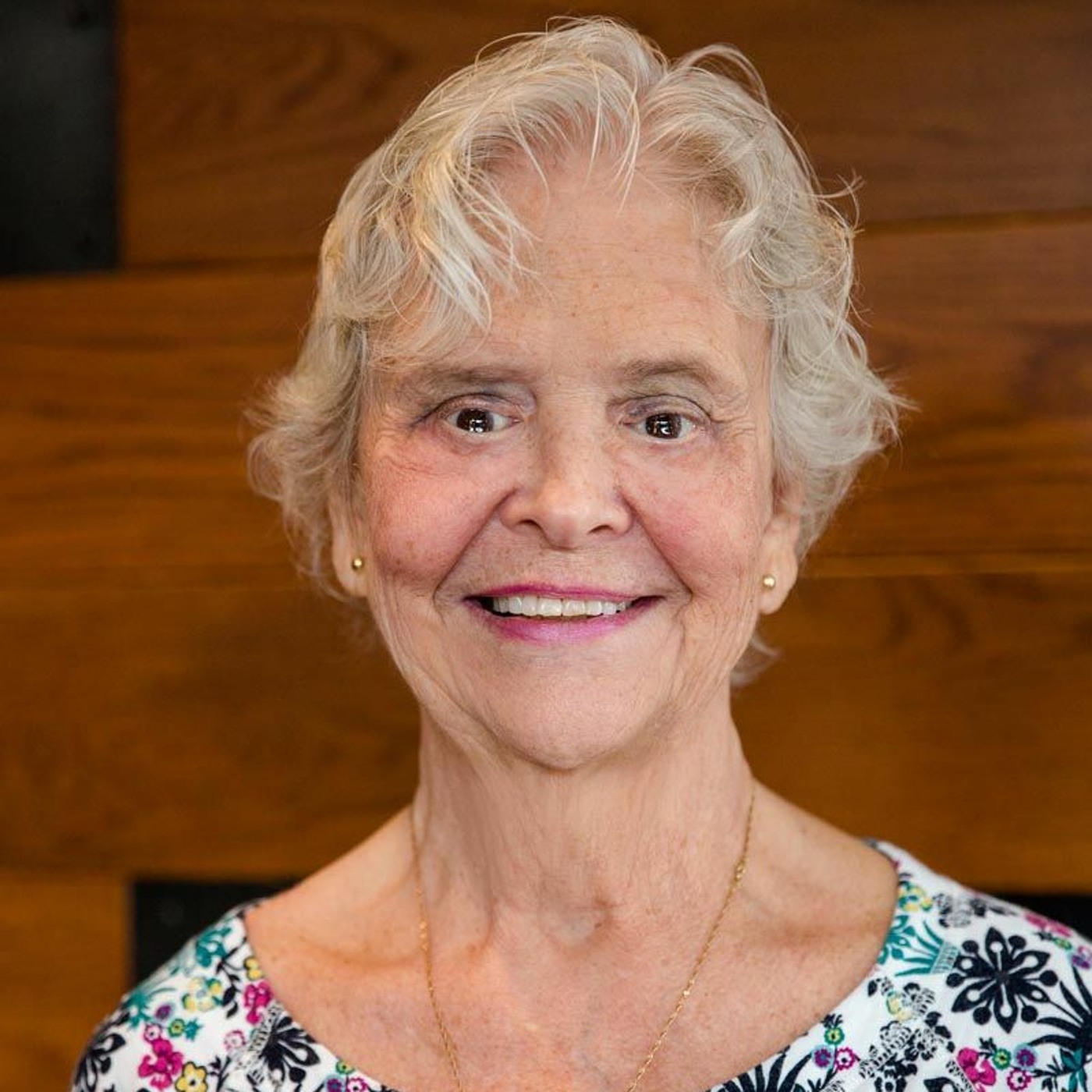
RARECastThe Benefits Support Groups Offer Rare Disease PatientsNancy Patterson was diagnosed 32 years ago with Graves’ disease, a rare autoimmune condition that causes the thyroid to become overactive and can lead to a range of health complications. Patterson, a practicing mental health counselor, founded the Graves’ Disease and Thyroid Foundation, which she led for nearly 20 years. In her counseling role, she has worked with patients and families across the country and has been a proponent of the important role support groups can play in healing and educating people, particularly in a condition where patients are otherwise unlikely to meet others with the same disease. We spoke to Patterson abou...
2019-08-2928 min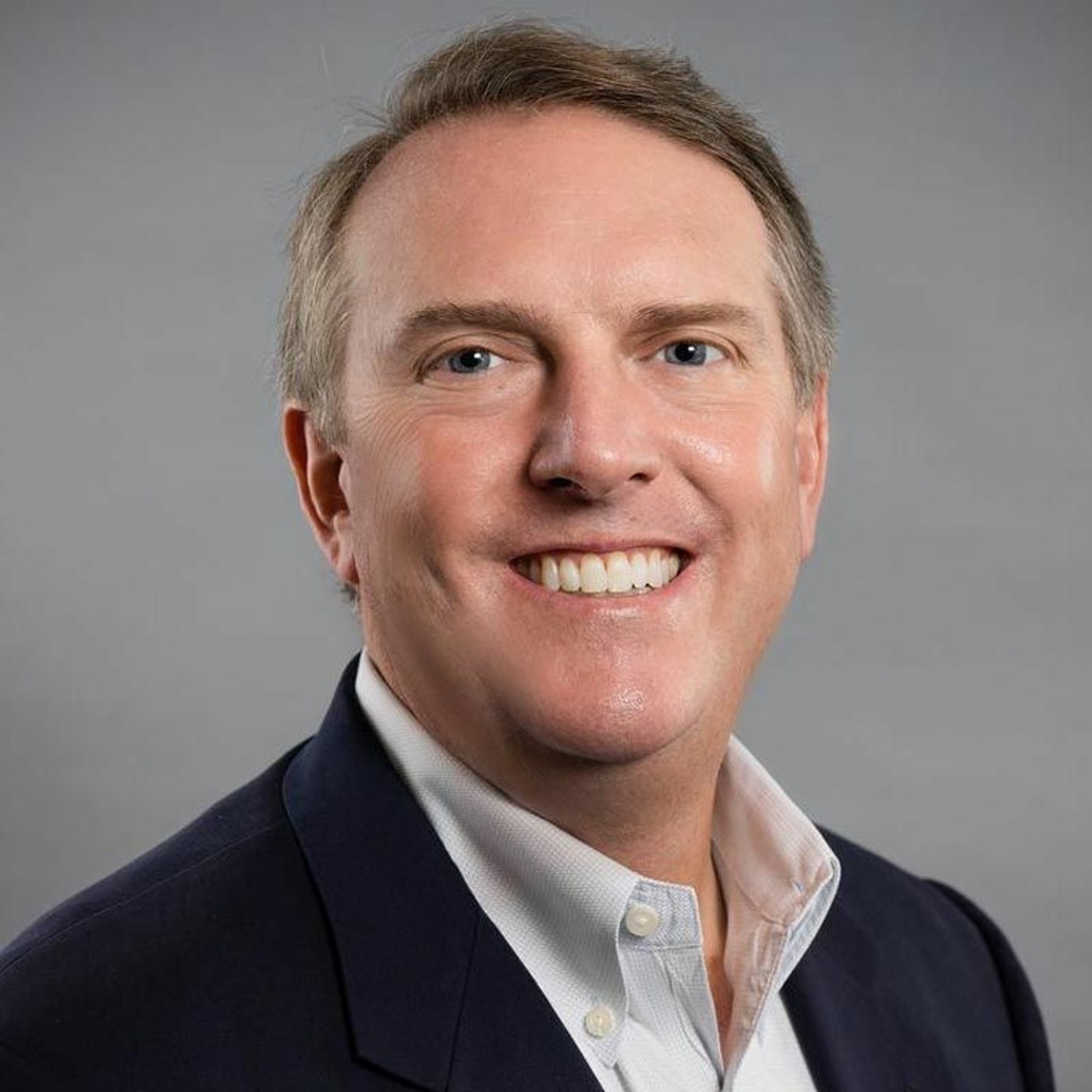
RARECastTargeting the Epigenetic Drivers of CancerEpigenetics is the study of the regulatory system that controls how genes are turned on or off. In certain cancers, the proteins that regulate gene expression become dysregulated and incorrectly activate or deactivate genes, which can lead to cancer. Salarius Pharmaceuticals is targeting the epigenetic causes of cancer, including rare pediatric cancers. We spoke to David Arthur, CEO of Salarius about epigenetics, the rare cancer Ewing sarcoma, and company’s lead drug candidate to treat the condition.
2019-08-2121 min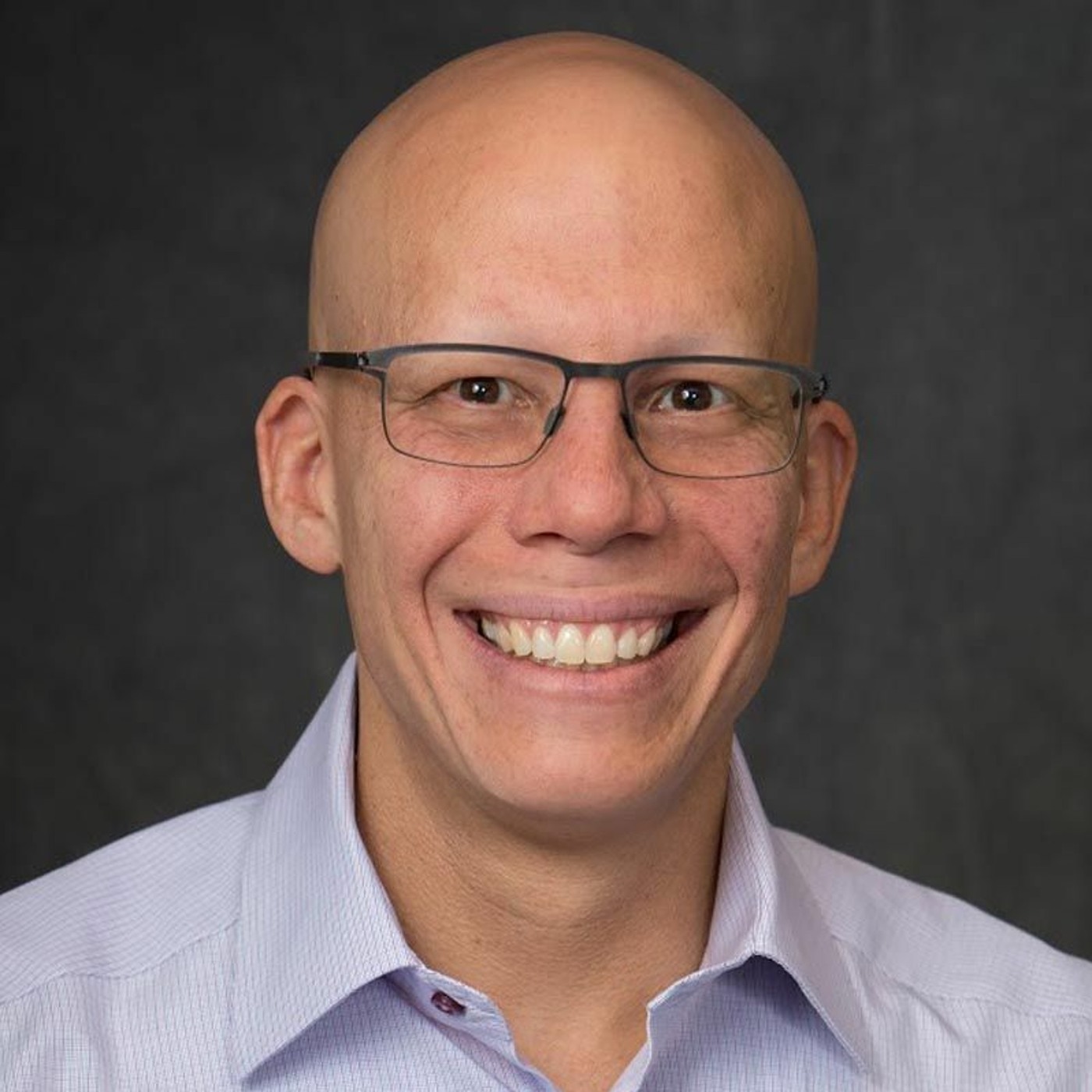
RARECastTackling Kidney Diseases with Orally-Delivered EnzymesPediatric and primary hyperoxaluria is a rare genetic condition that causes over absorption of oxalate, a compound found in many foods. Too much oxalate can lead to the formation of kidney stones and cause progressive damage of the kidneys. Allena Pharmaceuticals is developing an oral enzyme to treat both the rare form of hyperoxaluria and a more common form of the condition. We spoke to Louis Brenner, CEO of Allena, about the company’s experimental therapy to treat hyperoxaluria, it’s platform for delivering enzymes orally, and the potential to apply the technology beyond kidney diseases.
2019-08-1422 min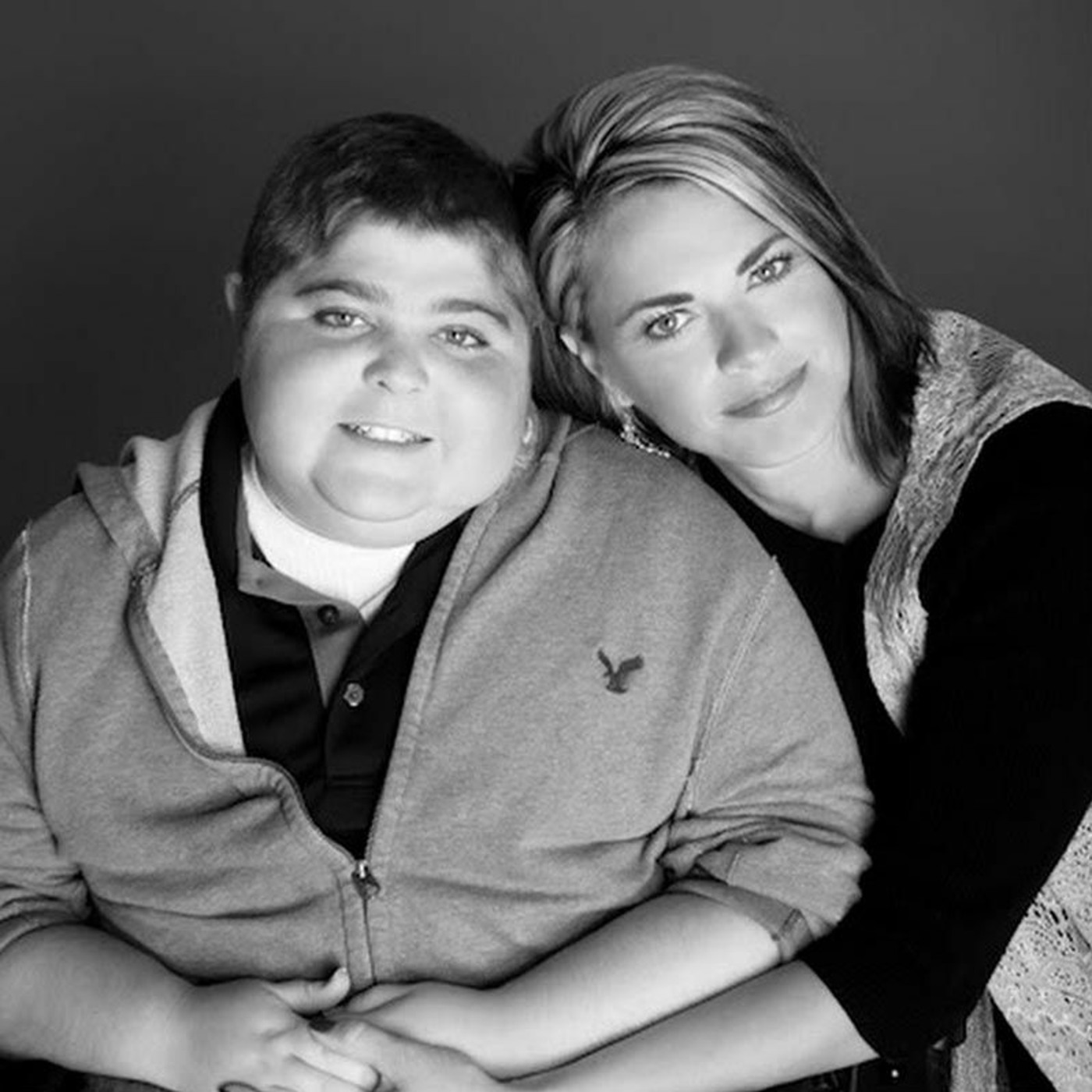
RARECastGiving Voice to Patients through DataCasimir Trials is a contract research organization that is seeking to bring patient and caregiver perspective into the clinical trials process. It’s working with drug developers to create endpoints and measures that can provide rigorous and quantifiable means of demonstrating whether an experimental therapy provides meaningful improvements to a patient’s quality of life. We spoke to Christine McSherry, co-founder and CEO of Casimir Trials, about the challenges of developing patient-centric outcome measures, how technology is allowing for the capture of real-world evidence, and how Casimir began with a challenge from the FDA’s Center for Drug Evaluation and Resear...
2019-08-0836 min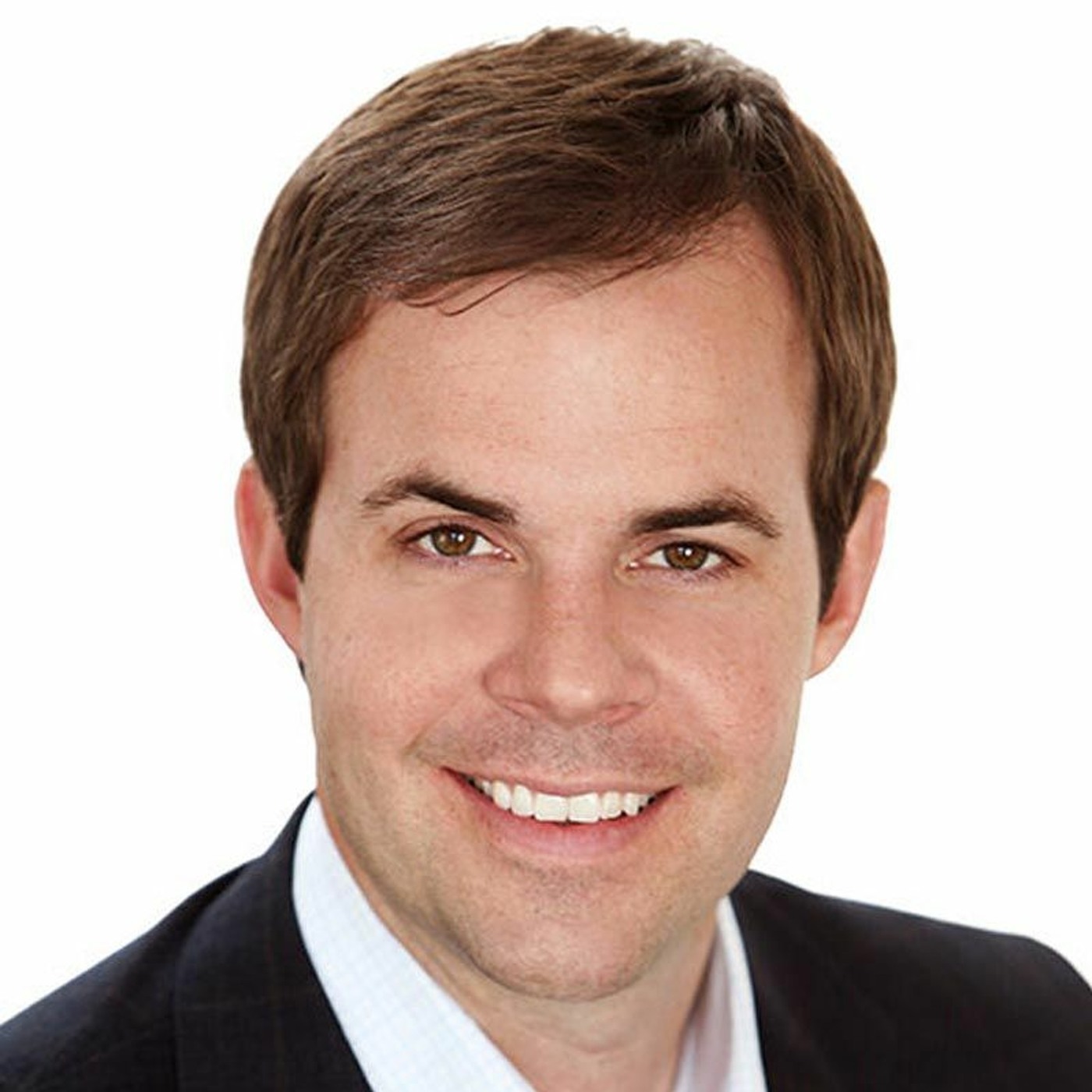
RARECastSeeking to Halt and Reverse Fibrotic DiseasesIdiopathic pulmonary fibrosis is a serious, life-limiting lung disease characterized by fibrosis and scarring of lung tissue. Patients generally live only about three to five years after a diagnosis. Approved therapies can slow down the progression of the disease, but no available therapies halt or reverse it. The only curative therapy is a lung transplant, an option that is available to only a small subset of patients. Promedior is developing an experimental therapy it believes may not only halt the disease, but reverse it. We spoke to Jason Lettmann, CEO of Promedior, about the company’s experimental therapy, how it wo...
2019-07-3121 min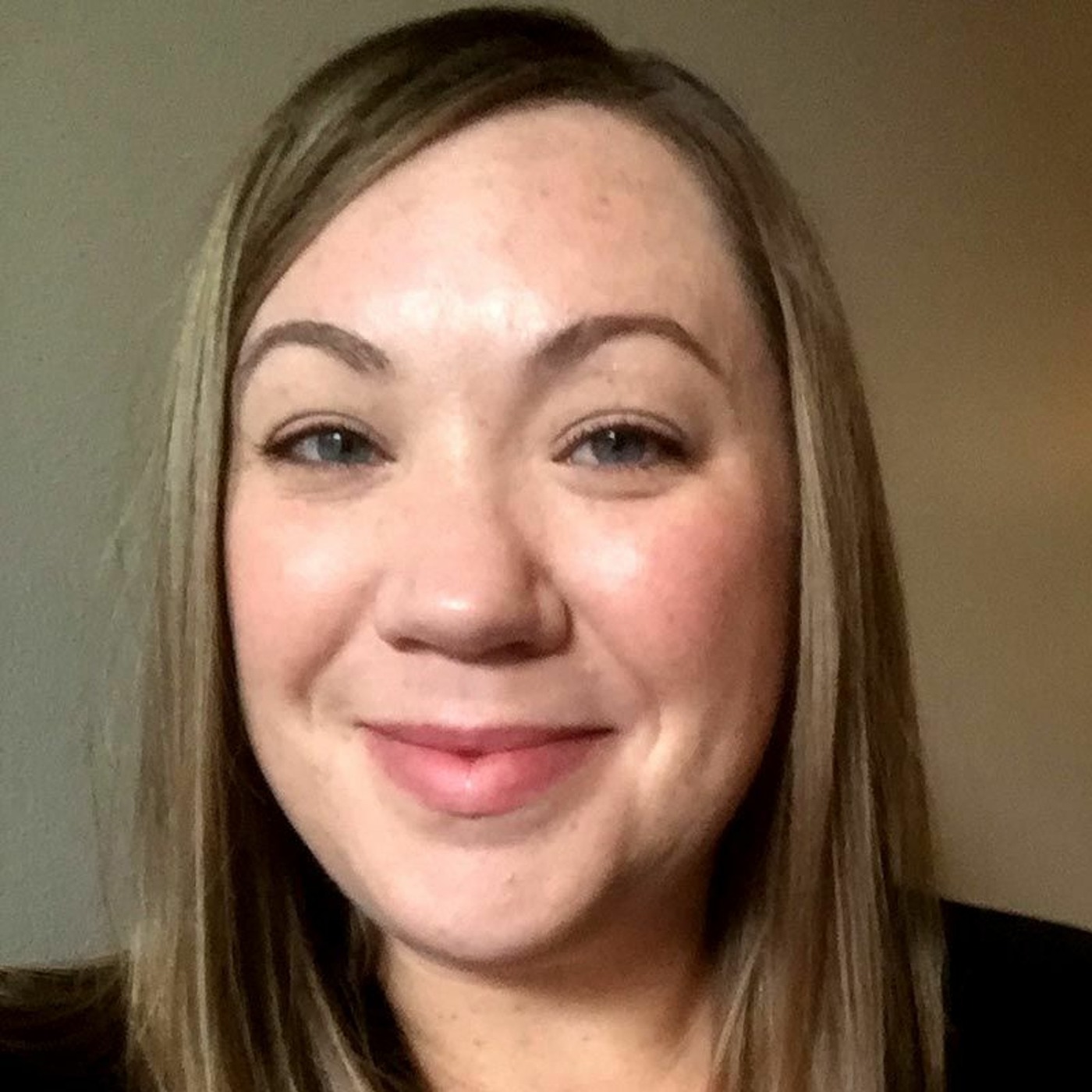
RARECastAddressing the Complexities of Rare Disease with Centers of ExcellencePatients with rare diseases often have a complex constellation of symptoms that require the care of multiple specialists. Getting access to the needed mix of physicians and counselors can represent geographic and scheduling challenges for patients and caregivers and create difficulties in coordinating care between specialists. One approach to addressing these needs has been the development of centers of excellence that can provide comprehensive and coordinated care for patients with experts in their condition. We spoke to Amber McCarthy, a Huntington’s disease social worker with UTHealth/UT Physicians in Houston, about the Huntington’s Disease Society of America’s Center...
2019-07-2426 min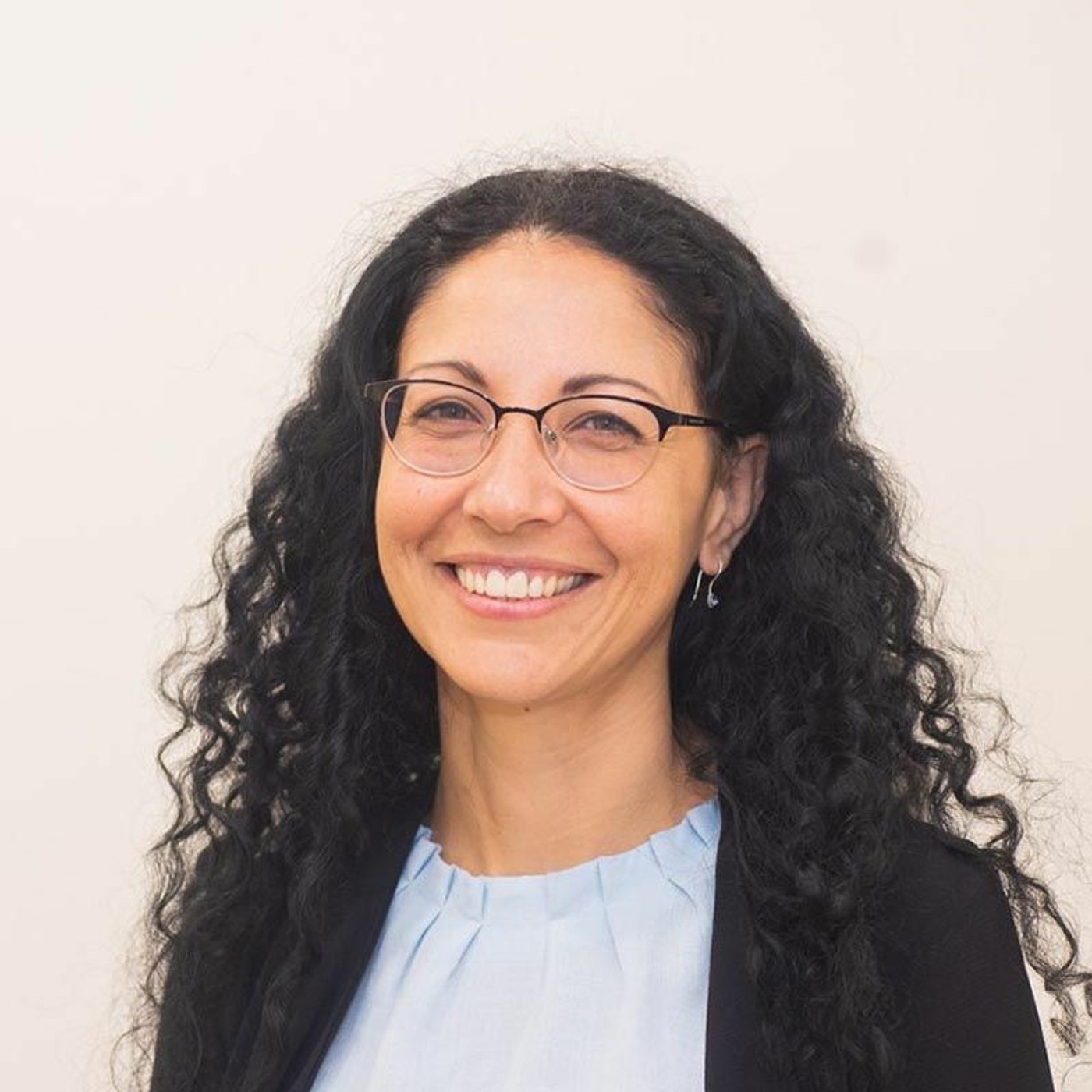
RARECastUsing Cell Therapies to Restore Power in Mitochondrial DiseasesMitochondria are the powerhouses of the cell and play a central role in a number of rare diseases. Mitochondria have their own DNA and Minovia Therapeutics is seeking to develop cell therapies designed to repair damaged mitochondrial DNA using autologous stem cells that have been enriched with blood-derived mitochondria. We spoke to Natalie Yivgi Ohana, co-founder and CEO of Minovia, about the company’s mitochondria augmentation therapy, how it works, and why it may point the way for treating more common conditions, such as Alzheimer’s disease.
2019-07-1717 min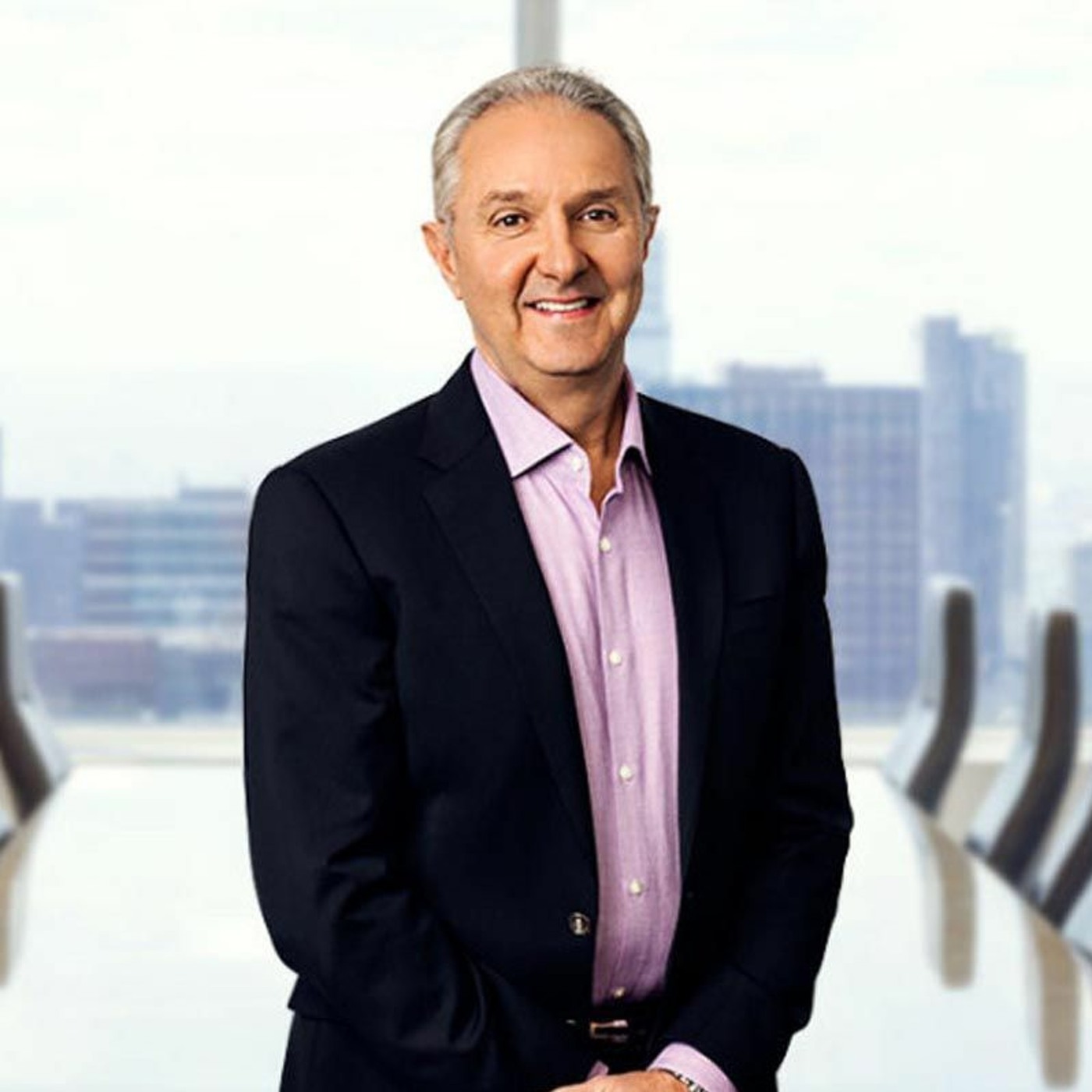
RARECastPassage Bio Betting on Penn Connection to Give It an Edge in Developing Gene TherapiesEarlier this year Passage Bio announced its launch with $115.5 million in funding and a group of founders with a strong pedigree. The company’s founders include gene therapy pioneer James Wilson, pharmaceutical industry veteran Tachi Yamada, and former Alexion executive and OrbiMed Venture Partner Stephen Squinto. One point of distinction for the company is its unique partnership with the University of Pennsylvania and its Gene Therapy Program, which gives it access to technology developed there, as well as its preclinical translational science capabilities. We spoke Squinto, interim CEO of Passage Bio, about the company’s focus on rare monogenic CNS dise...
2019-07-1031 min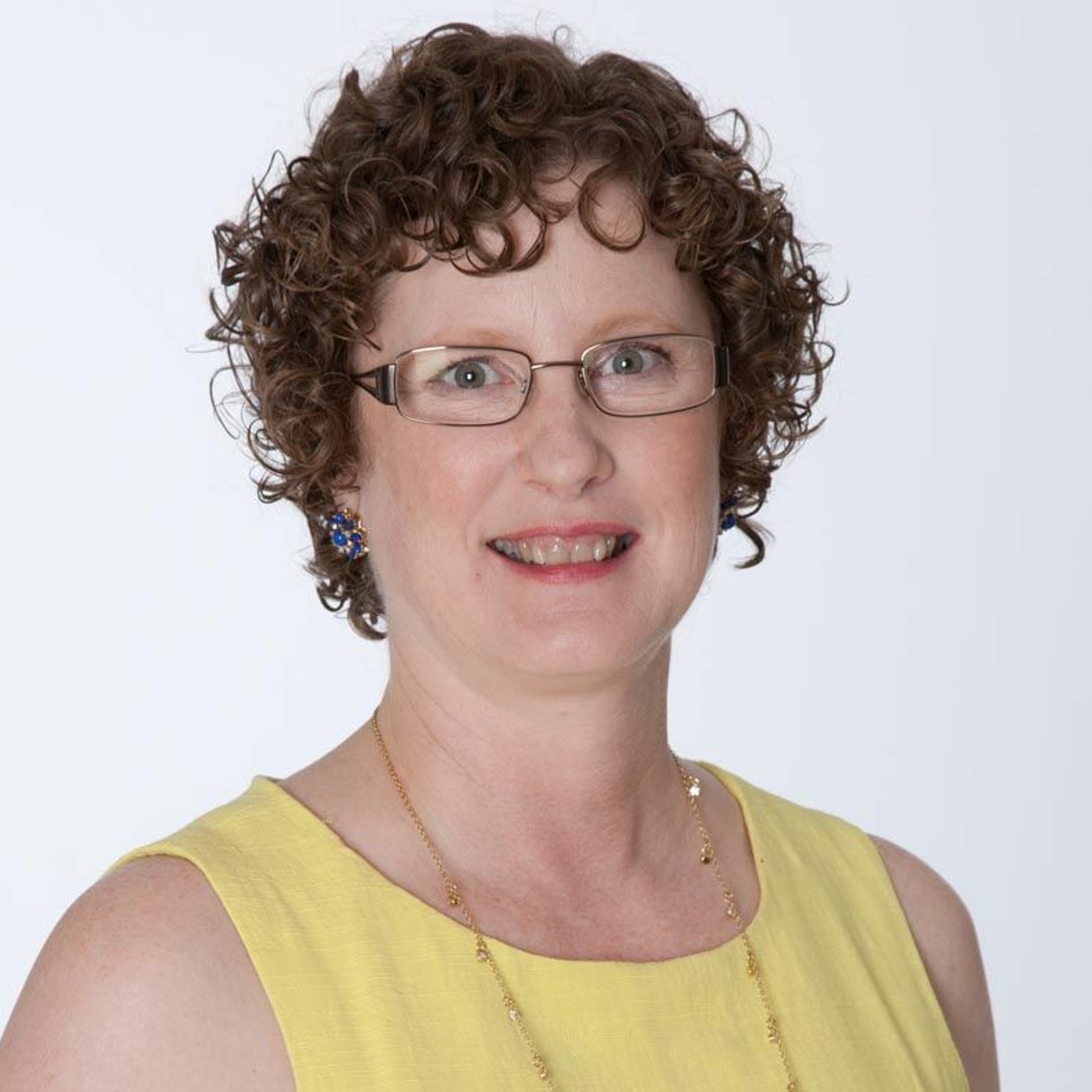
RARECastFinding Appropriate Endpoints and Measures for Rare Eye DiseasesAGTC is developing gene therapies to treat patients with rare inherited eye conditions. It has multiple programs it is advancing to restore visual function in patients with diseases that threaten to leave them blind. One issue that has emerged, though, is finding the right measures and endpoint for its clinical studies and getting the U.S. Food and Drug Administration to recognize the traditional endpoints and measures used for eye diseases may not be well suited for all of these conditions. We spoke to Sue Washer, CEO of AGTC, about the company, the indications it is pursuing, and its efforts...
2019-07-0324 min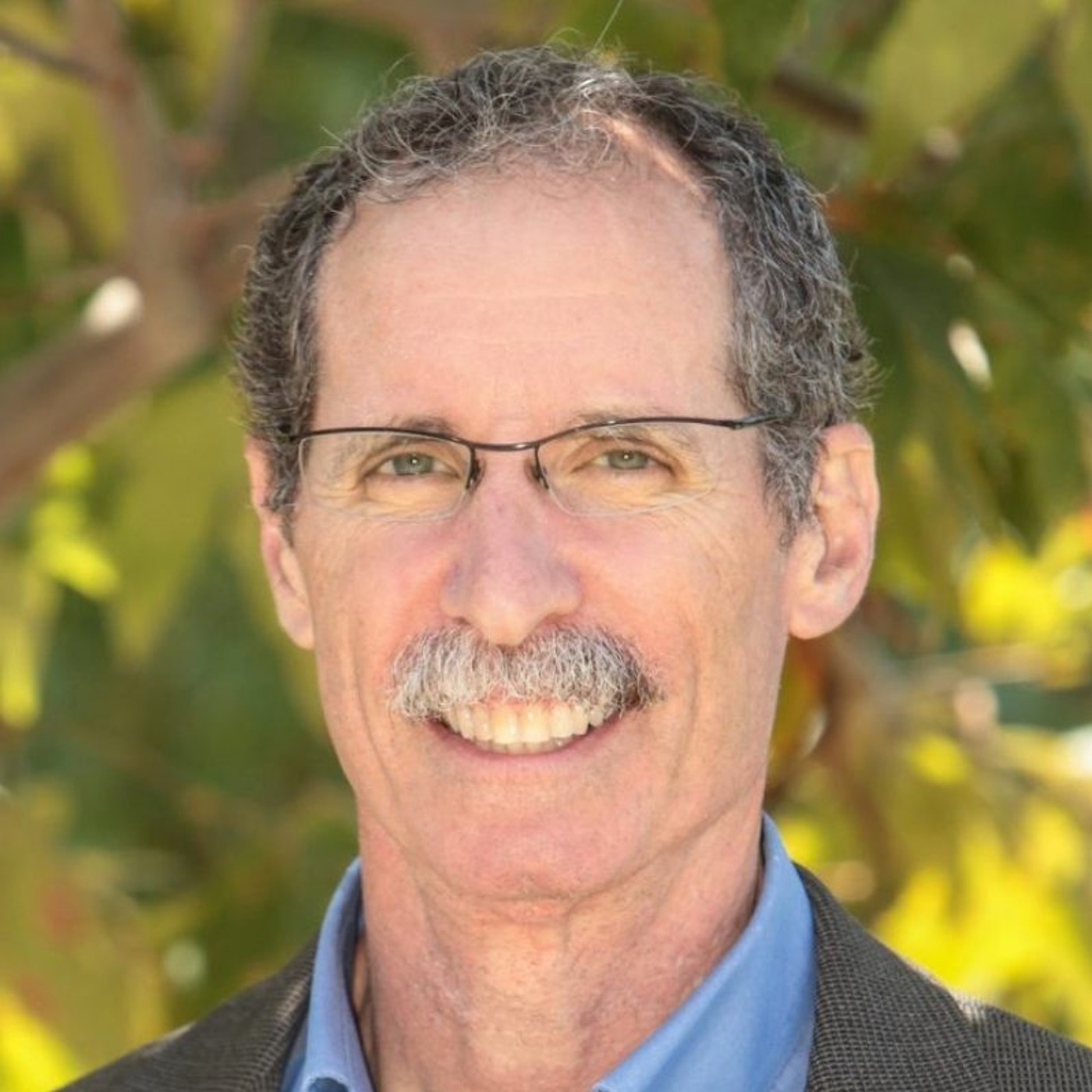
RARECastMarrying Antibodies and Oligonucleotides to Target Genetic MedicineAvidity Biosciences is pioneering antibody oligonucleotide, a new class of therapeutics that marry the target selectivity of monoclonal antibodies with the precision of genetic medicine. The company is focusing on treatments for rare muscle disorders including myotonic dystrophy type 1 and Duchenne muscular dystrophy. We spoke to Art Levin, executive vice president of research and development at Avidity Biosciences, about the company’s therapeutic approach, why it’s focusing on rare muscle disorders, and the path forward for its therapies.
2019-06-2620 min
RARECastWhat Rare Disease Patients Should Understand about GeneticsGlobal Genes Rare University is rolling out a new online course aimed at helping rare disease patients and families understand the world of genetics. The course, which is free, starts with the basic genetic concepts for rare disease, and them moves to family and heredity, genetic testing, and scientific advances. We spoke to Holly Snyder, a lead editor on the Rare University genetics course and senior genetic counselor at Illumina, about what rare disease patients and their families should understand about genetics, genetic testing, and why genetic literacy matters.
2019-06-1926 min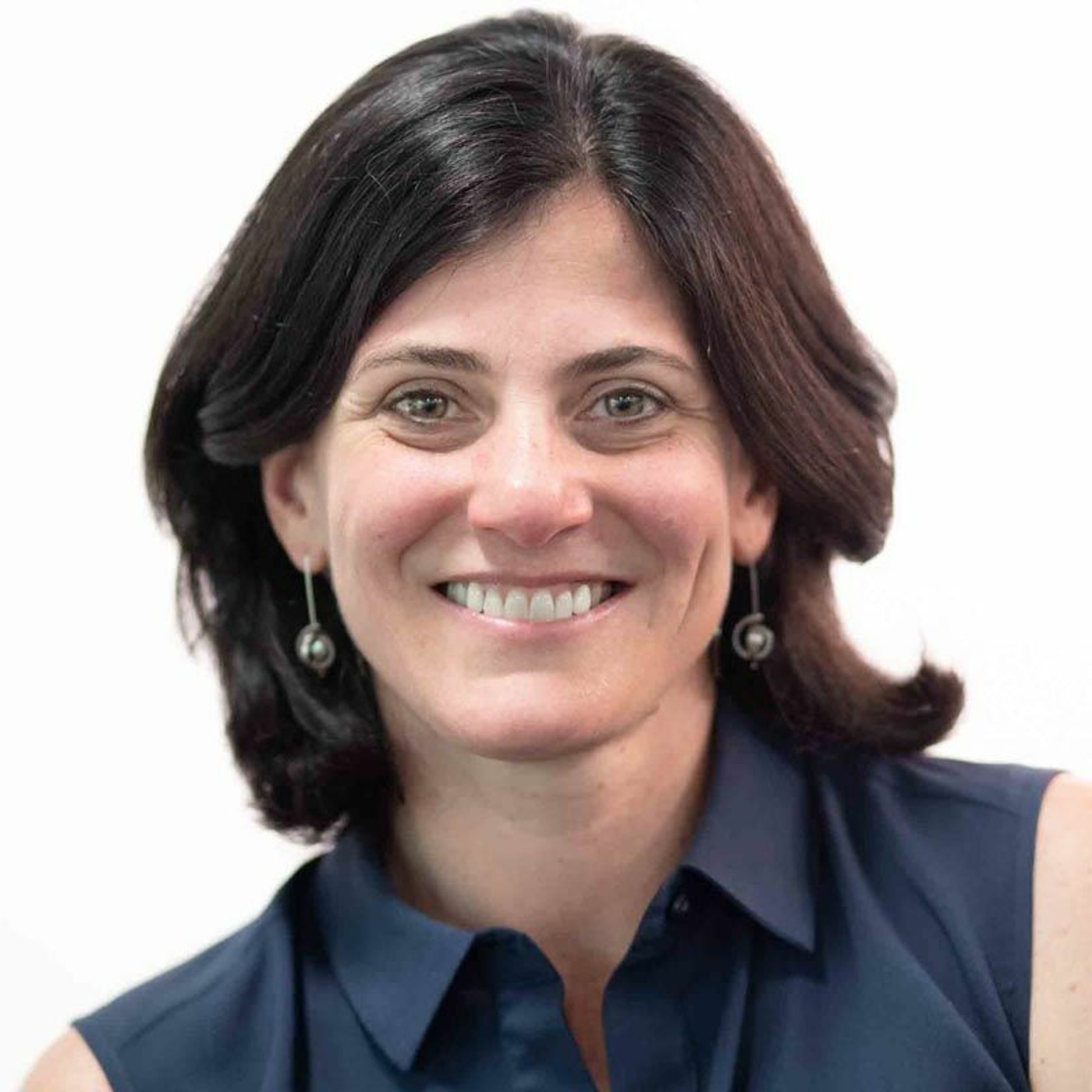
RARECastProgram Seeks to Drive Collaborative Research Model Among Rare Disease GroupsFor rare disease patient groups seeking to drive research toward the development of therapies, many obstacles exist. By setting an overarching research agenda, driving collaborations among researchers, and sharing what is learned, patient groups are getting the most out of limited budgets and accelerating the time it takes to develop new treatments. The newly announced Rare As One Project from the Chan Zuckerberg Initiative seeks to help rare disease patient organizations apply the collaborative research model and improve on it. We spoke to Tania Simoncelli, science policy director of the Chan Zuckerberg Initiative, about the program, how it works, and...
2019-06-1226 min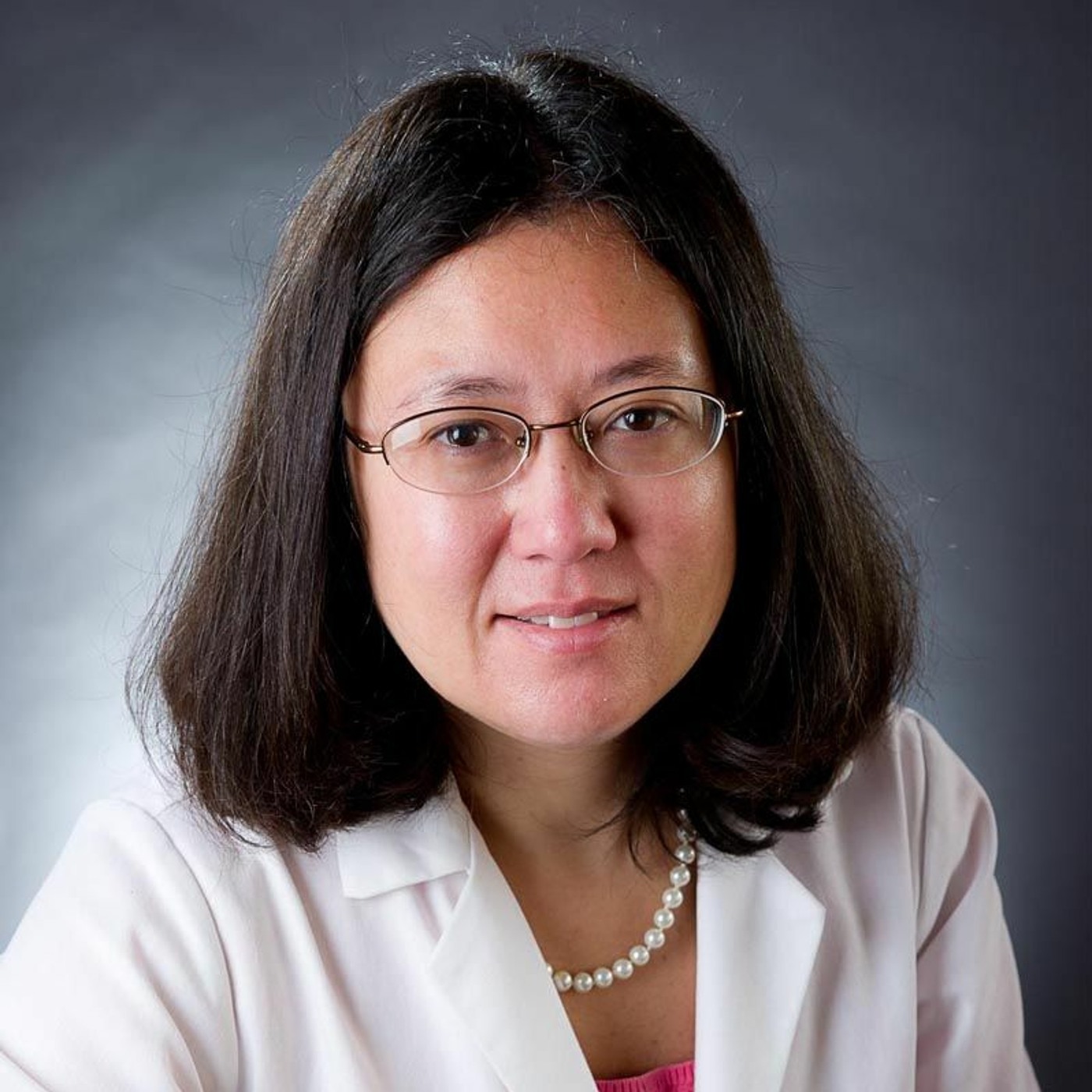
RARECastA Gene Hunter Becomes a Drug Hunter TooWendy Chung and her lab have proven a talent for identifying new rare diseases. She and her team have discovered more than 44 genetic conditions to date. But Chung, a professor of pediatrics and medicine at Columbia University and New York-Presbyterian Hospital, and director of the clinical genetics program at Columbia University, is driving beyond discovery to help patients find therapeutic alternatives for these conditions at Columbia University’s Center for Rare Pediatric Genetic Diseases. We spoke to Chung about the Center, how it works to find new treatments for rare diseases, and what hopes she has for scaling and accelerating th...
2019-06-0521 min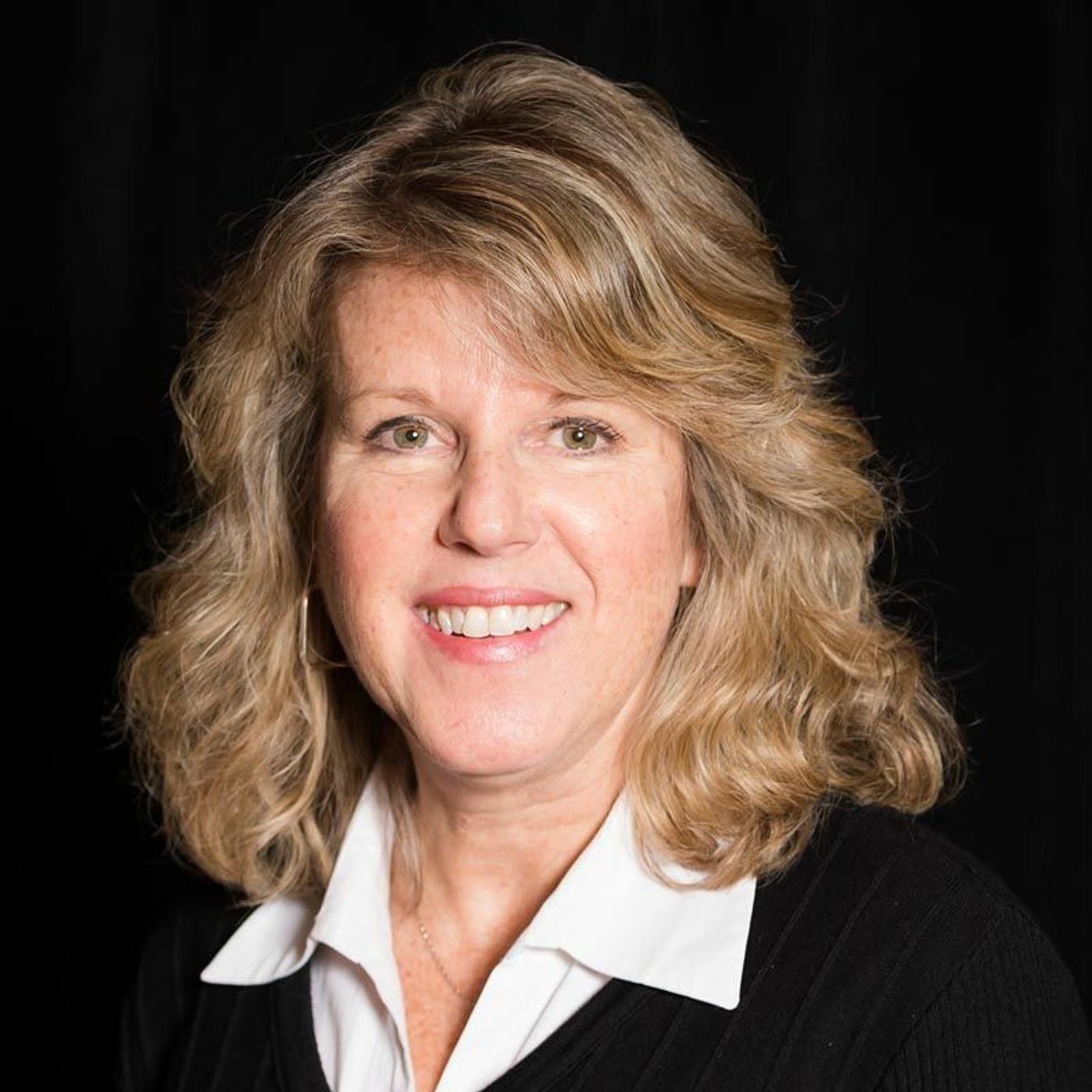
RARECastThe Psychological Toll Rare Diseases Can Have on Healthy SiblingsThe emotional impact a rare disease can have on siblings of children with these conditions can be significant. A sibling voices survey evaluating the psychological effects of growing up with a sibling with severe epileptic encephalopathies presented at the European Congress on Epileptology last year suggests these children may be as risk for anxiety or depression. We spoke to Lauren Schwartz, a psychologist at the Rehabilitation Medicine Clinic at UW Medical Center, about the study, what it found, and what parents should take away from it.
2019-05-2917 min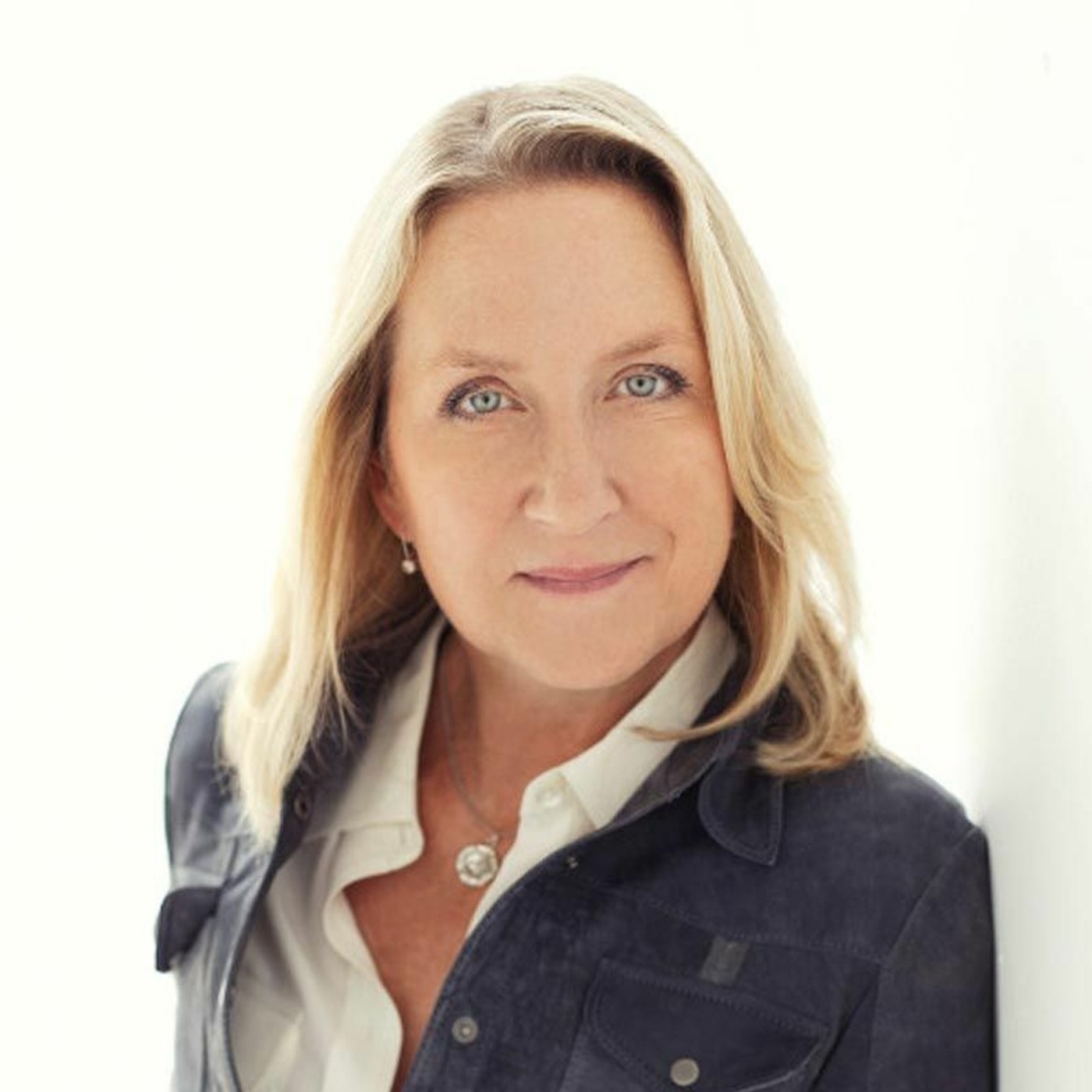
RARECastBlood Test Can Provide Earlier Diagnosis of Autism Spectrum DisorderEarly diagnosis and intervention can improve outcomes for children with autism spectrum disorder but arriving at a diagnosis can be difficult at an early age. To diagnose the condition, doctors have relied on behavioral tests and the average age of diagnosis in the United States is more than 4 years. NeuroPointDX has developed a diagnostic test that looks at metabolic imbalances in the blood that can diagnose a child with the condition as young as 18 months. We spoke to Elizabeth Donley, CEO of Stemina Biomarker Discovery and NeuroPointDX, about the condition, how the company’s test works, and what it might su...
2019-05-2223 min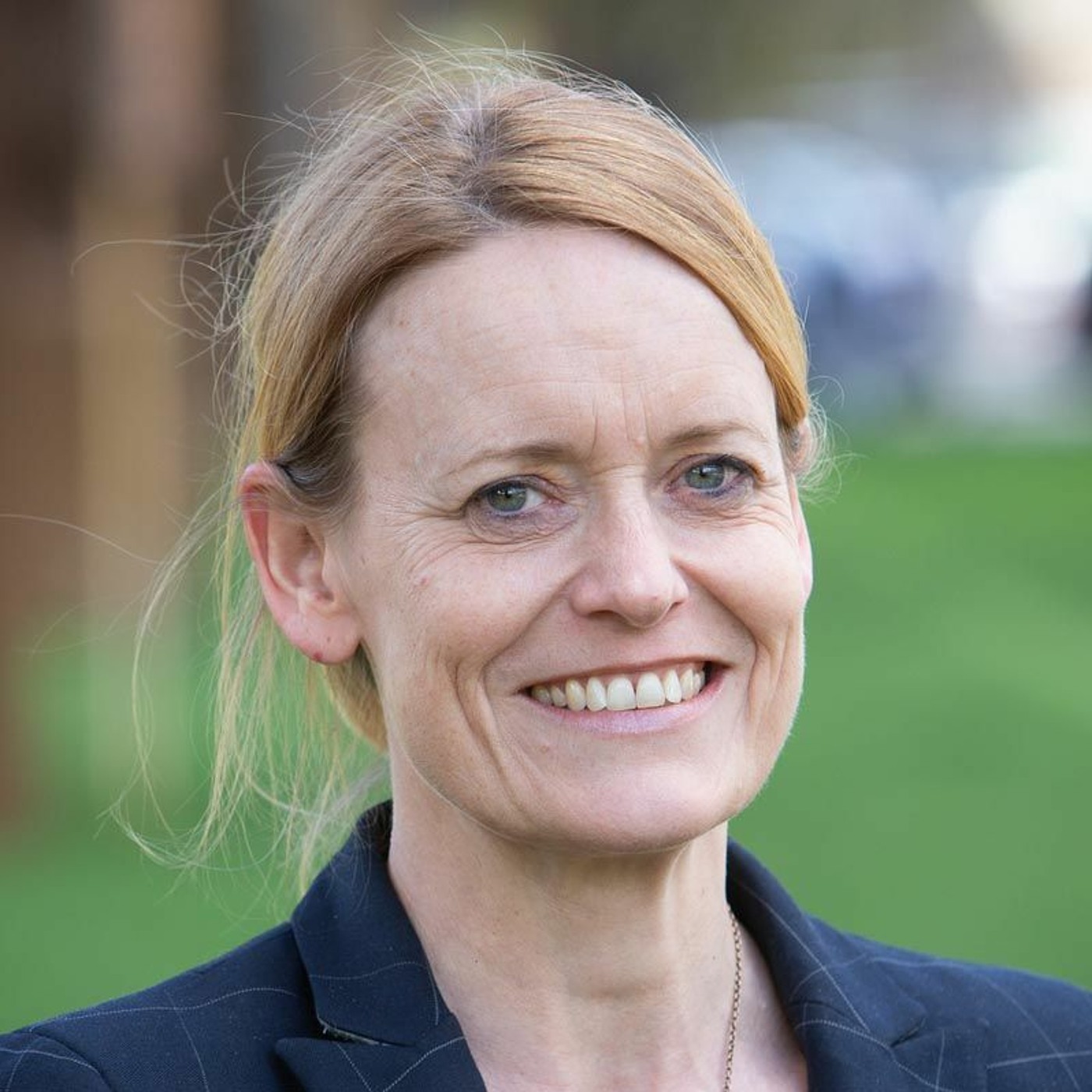
RARECastUnderstanding the Role of Natural History Studies in Clinical TrialsNatural history studies track the course of a disease over time, helping researchers understand the different ways a condition may manifest itself and progress. These studies can also provide insight into whether patient populations should be divided into subtypes for more targeted therapeutic approaches. Such data often represents a foundational understanding of a disease that can play an essential role in the design of clinical trials, helping investigators determine appropriate protocols and select endpoints for a study. In some cases, natural history studies can serve as an alternative to a placebo arms of a clinical trial. Ahead of the upcoming...
2019-05-1527 min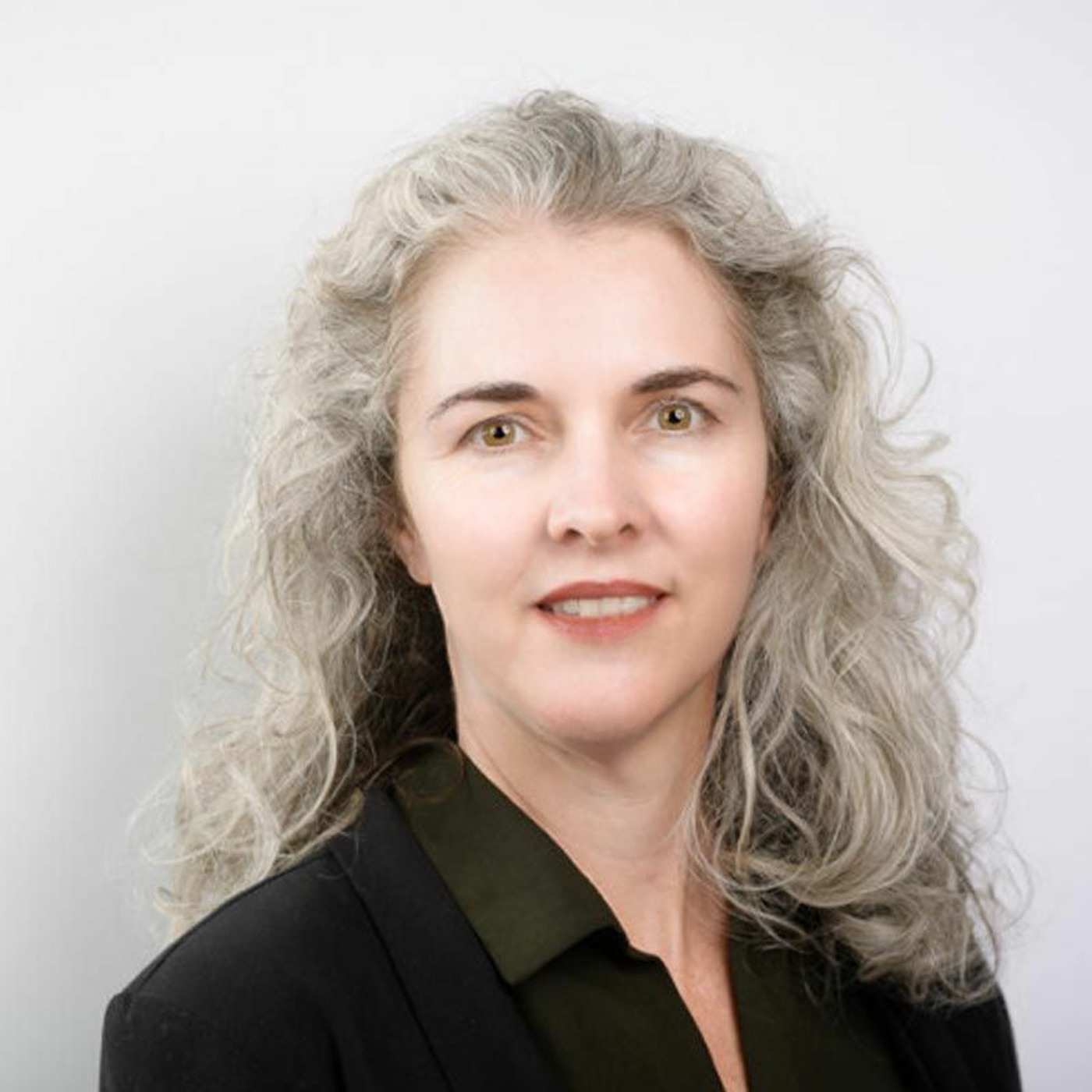
RARECastHow Two Mothers Discovered That a Drug for One Rare Disorder Might Benefit AnotherWhen Lara Pullen’s son was diagnosed with Prader-Willi syndrome, she began to dive into the scientific literature about the rare condition. Pullen, a scientist and co-founder of the Chion Foundation, discovered that pitolisant, a recently approved drug for narcolepsy, might benefit patients with Prader-Willi. Working with her Chion co-founder Maria Picone, who developed an online data-gathering platform for patient-reported outcomes, they tracked the effects of the drug in three patients. In a clinical vignette published in the Journal of Pediatric Pharmacology and Therapeutics in April, they reported their findings. We spoke to Pullen about her efforts, the value of pa...
2019-05-0828 min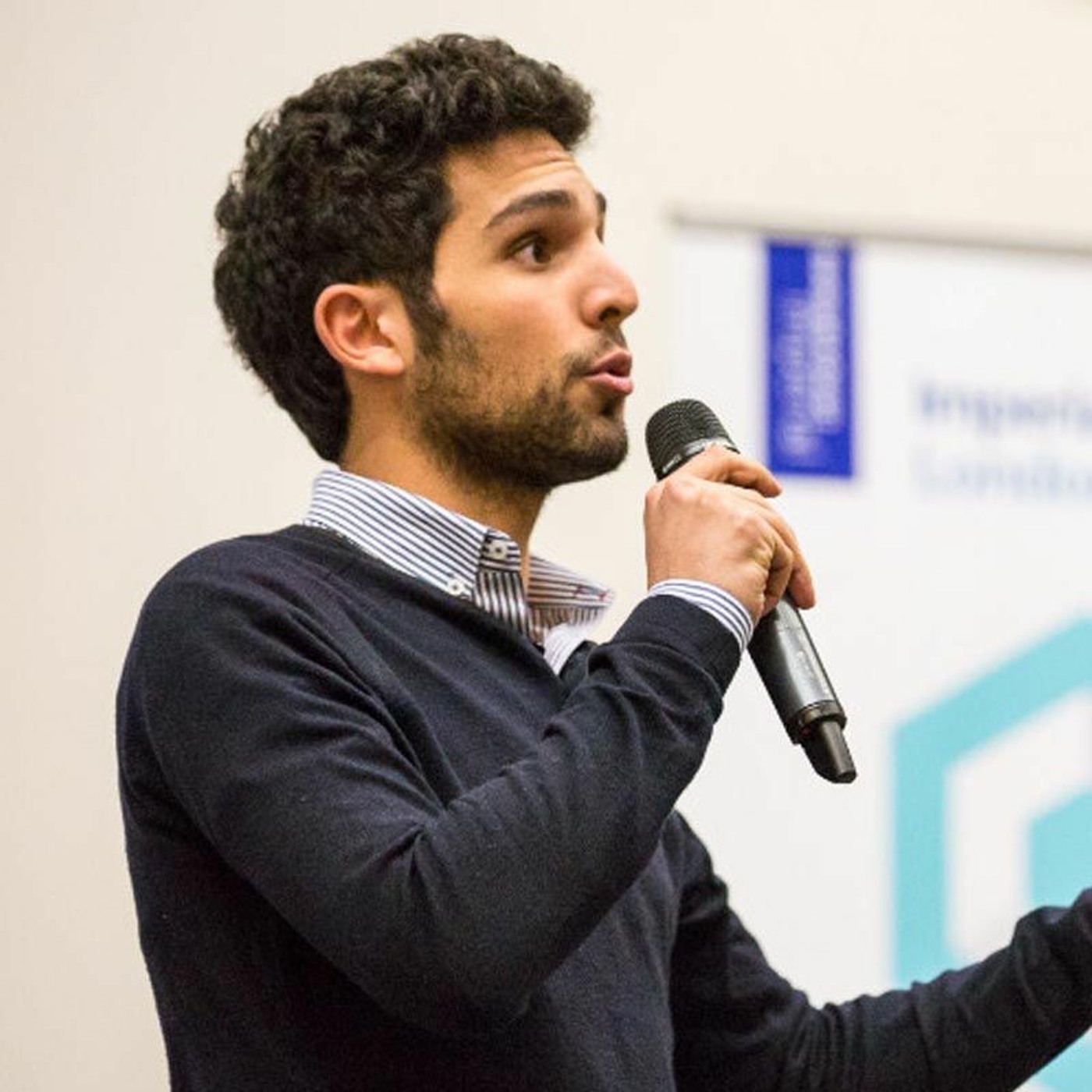
RARECastShortening the Diagnostic OdysseyOne reason for the extended diagnostic odyssey that rare disease patients face is that doctors are often unfamiliar with the rare conditions they may have. In addition, doctors are trained to think of the likeliest explanation for a patient’s symptoms, which may be similar to those of more common diseases. London-based Mendelian is working to bring machine learning to the rare disease diagnostic process as a way to identify patients whose symptoms may suggest they have an underlying rare genetic disease and provide a path forward to finding an answer. We spoke to Rudy Benfredj, co-founder and CEO of Me...
2019-05-0121 min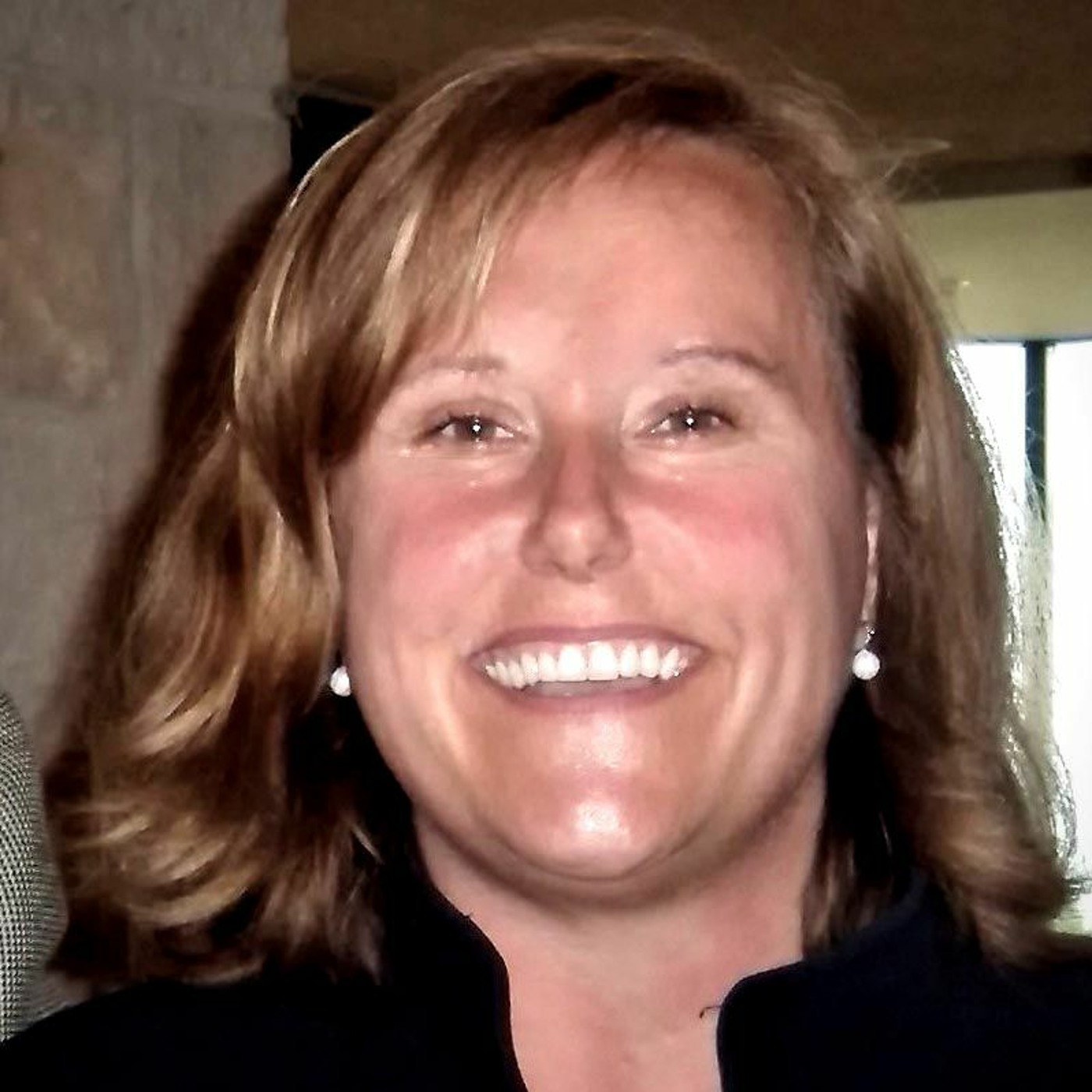
RARECastEliminating Barriers to Adoption of Children with Rare DiseasesChildren awaiting adoption with a rare disease may go untreated or receive minimal treatment. If they go unplaced, they may face life in a long-term care facility, or nursing home. Gift of Adoption is a nonprofit that provides adoption assistance grants to help vulnerable children find a permanent home and the chance to thrive. We spoke to Pam Devereux, CEO of Gift of Adoption, about the cost of adoption, how her organization works, and the need it is seeking to address.
2019-04-2523 min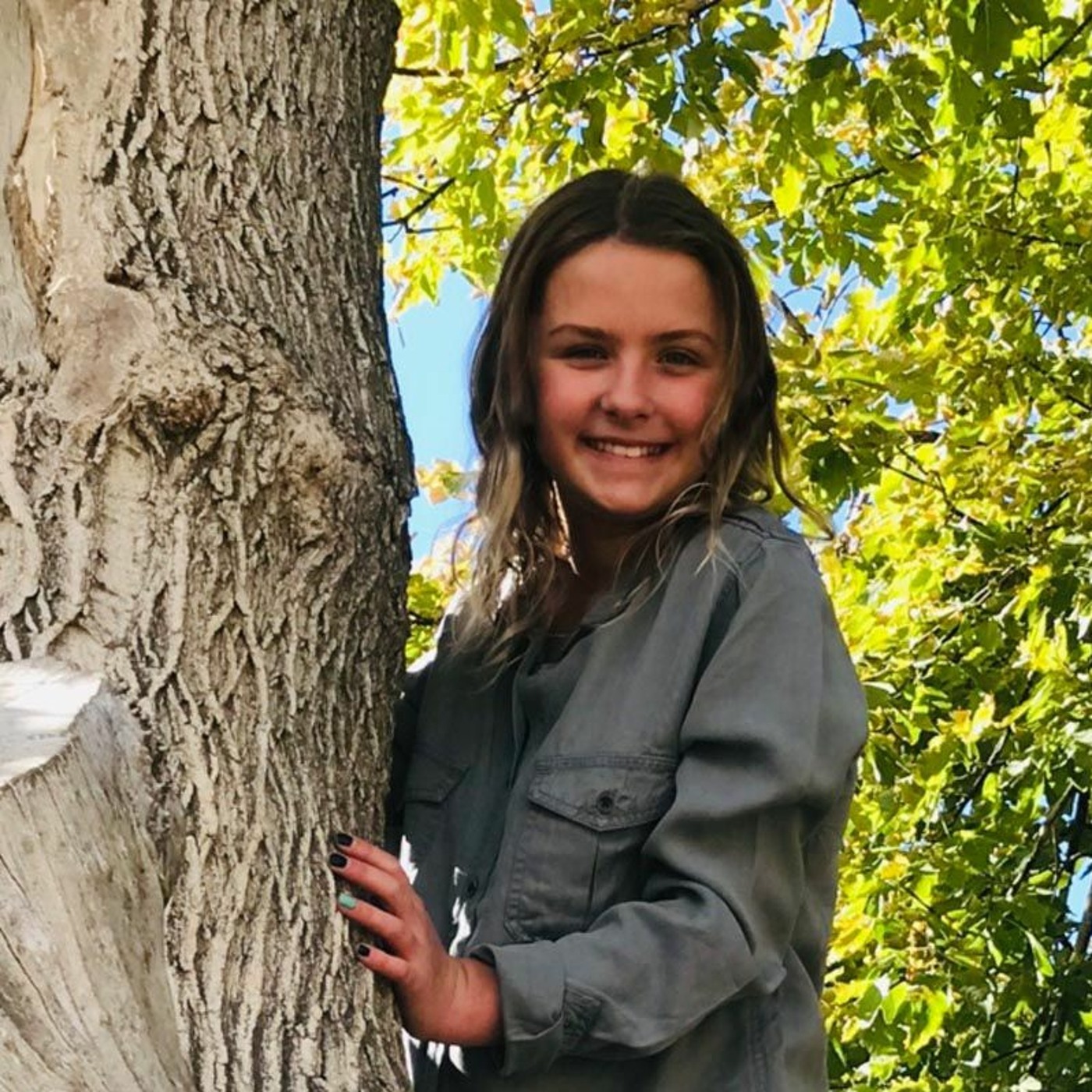
RARECastA Young Rare Disease Advocate Discusses Life with an Undiagnosed ConditionApril 29 is Undiagnosed Rare Disease Day. It is a day when advocates raise awareness among the general public and policy makers about the emotional, physical, and financial impact living with an undiagnosed rare disease has on patients and their families. Ahead of this year’s Undiagnosed Rare Disease Day we spoke with Ava Szajnuk, an 11-year-old undiagnosed rare disease patient and advocate, about how her condition impacts her daily life, and the work she’s done as an advocate.
2019-04-1718 min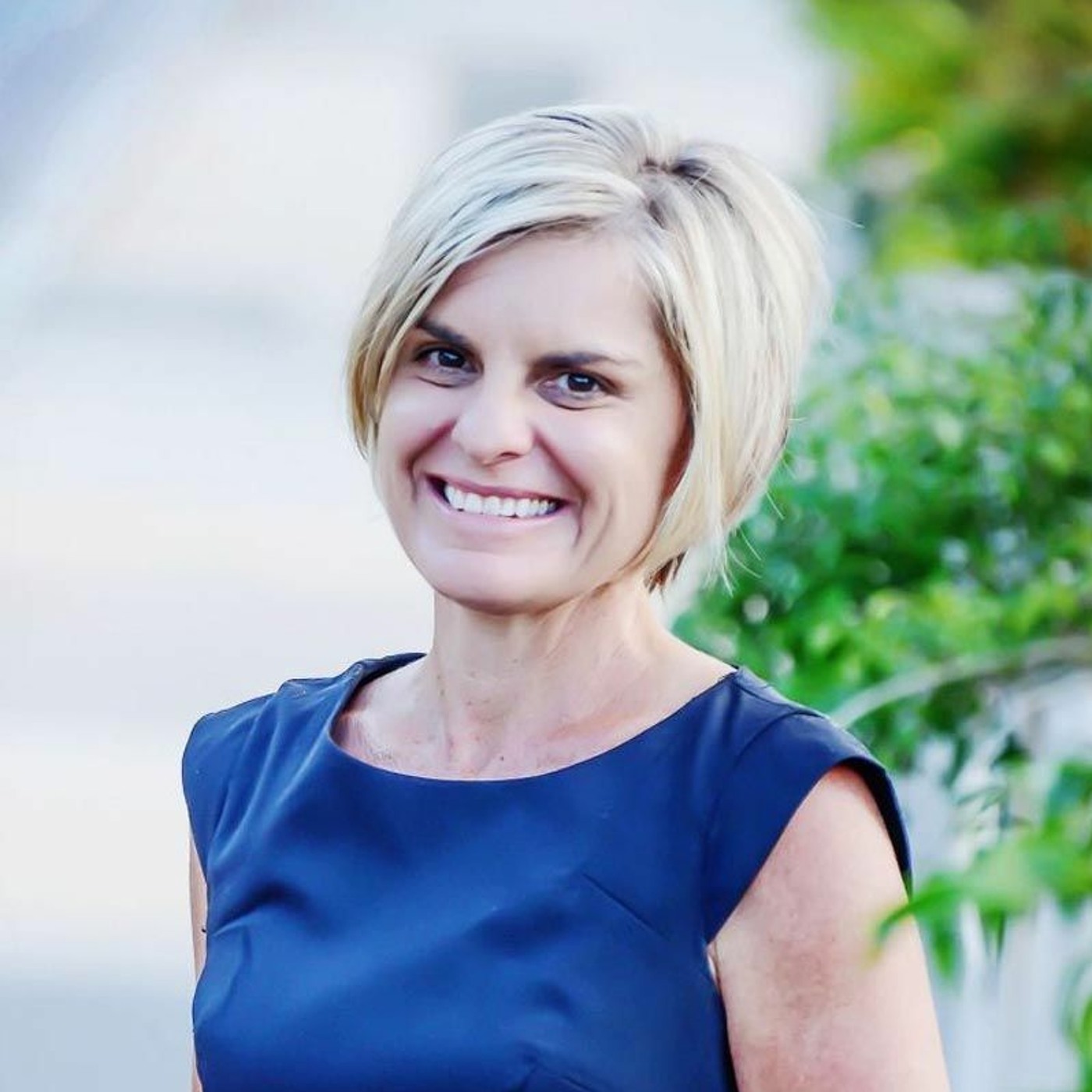
RARECastThe Benefits of an Open-Source Registry for Rare DiseasesThe Foundation for Angelman Syndrome Therapeutics Australia says it has created a Global Angelman Syndrome Registry that gives parents and caregivers the power to drive the collection of data. Its goal is to make the registry the largest collection of information about the neurological disorder to date and use it to inform the research for new therapies by providing insights into the developmental progress, medication, and seizure management related to the condition. One unique aspect of the registry is that it uses an open-source framework developed by Centre for Comparative Genomics at Murdoch University in Perth, Australia. We spoke to...
2019-04-1121 min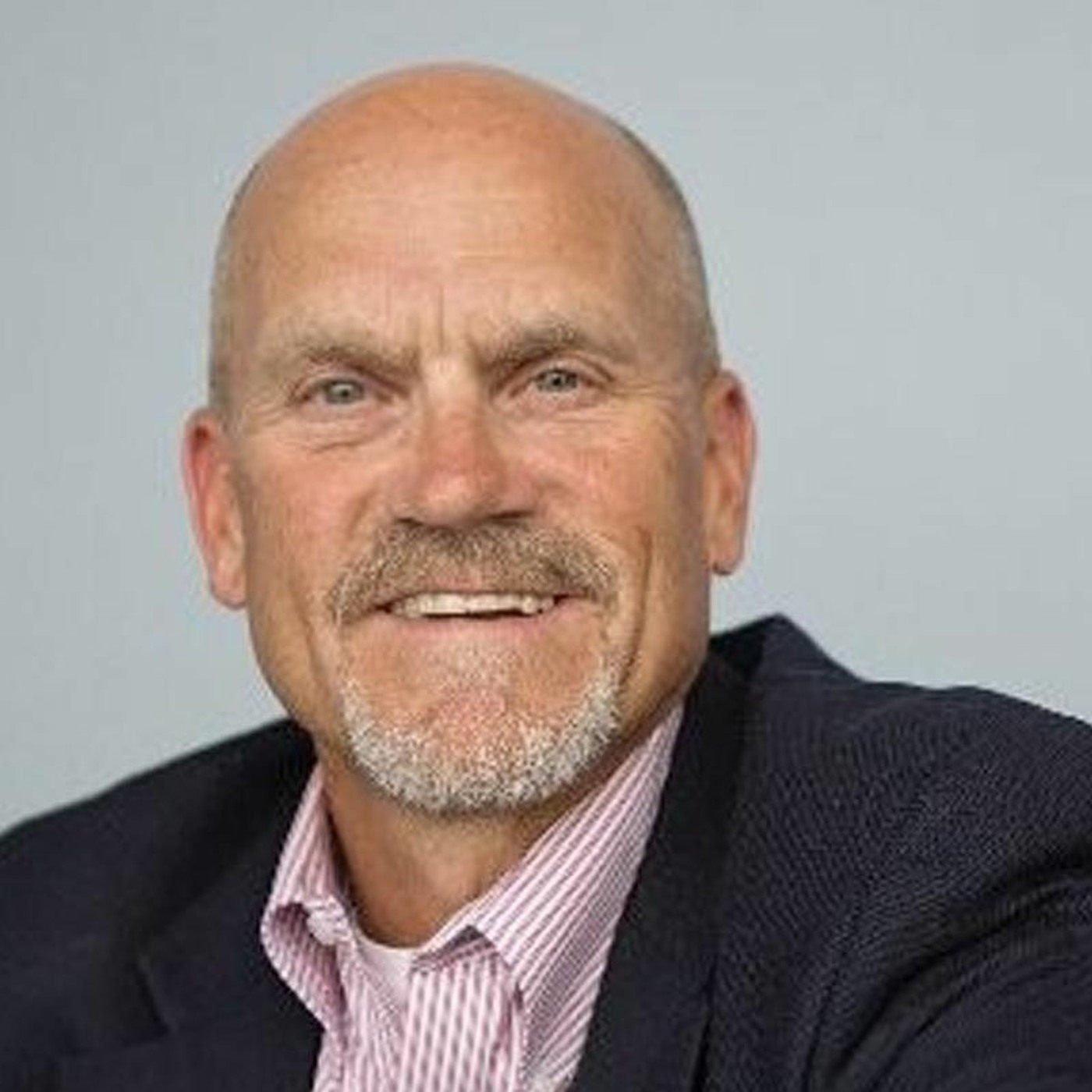
RARECastHow a Patient Group Helped Drive Drug Development in Rett SyndromeRett syndrome is a genetic disorder that mostly affect girls and is often misdiagnosed as autism, cerebral palsy, or non-specific developmental delay. A study recently published in the journal Neurology reports encouraging results from a mid-stage clinical trial for an experimental therapy to treat the condition. The patient organization Rettsyndrome.org played a key role in identifying the potential application for the drug in Rett syndrome and provided early funding. We spoke to Steve Kaminsky, chief science officer of Rettsyndrome.org about the drug, the role his organization has played in its development, and how it may one day change...
2019-04-0334 min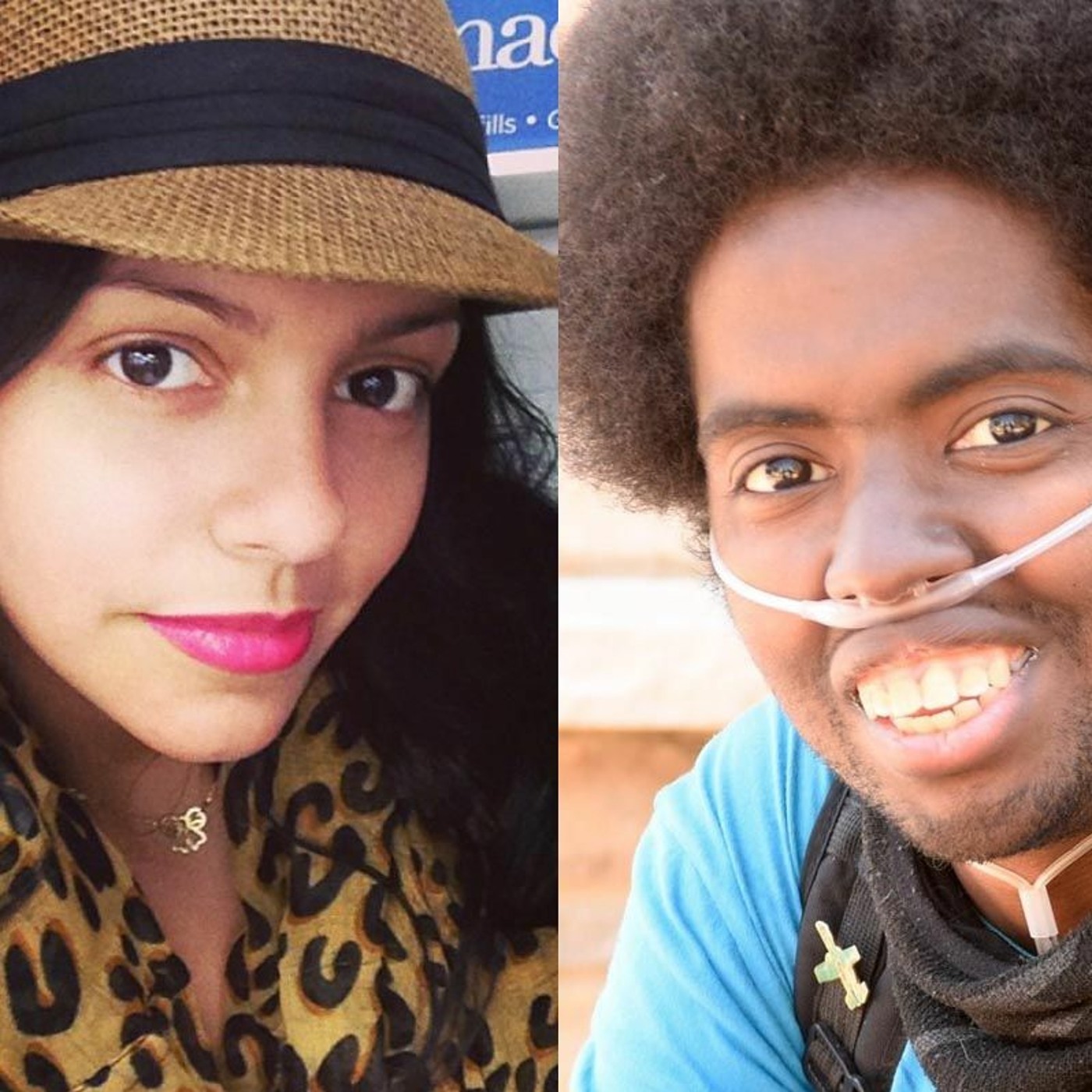
RARECastHow Misperceptions Can Create Barriers to CareSickle cell disease is the most common inherited blood disorder in the United States. People with the condition have sickle-shaped red blood cells and these misshaped cells can block the flow of blood and oxygen to organs throughout the body. These blockages can cause severe pain, organ damage, and strokes. While the disease is well understood, treatment options today are limited and obtaining proper care can be complicated by healthcare workers' lack of understanding of the disease, racism, and a misconception that the condition only affects African Americans. We spoke to Marqus Valentine, co-founder of Sick Cells, and Doris Polanco...
2019-03-2737 min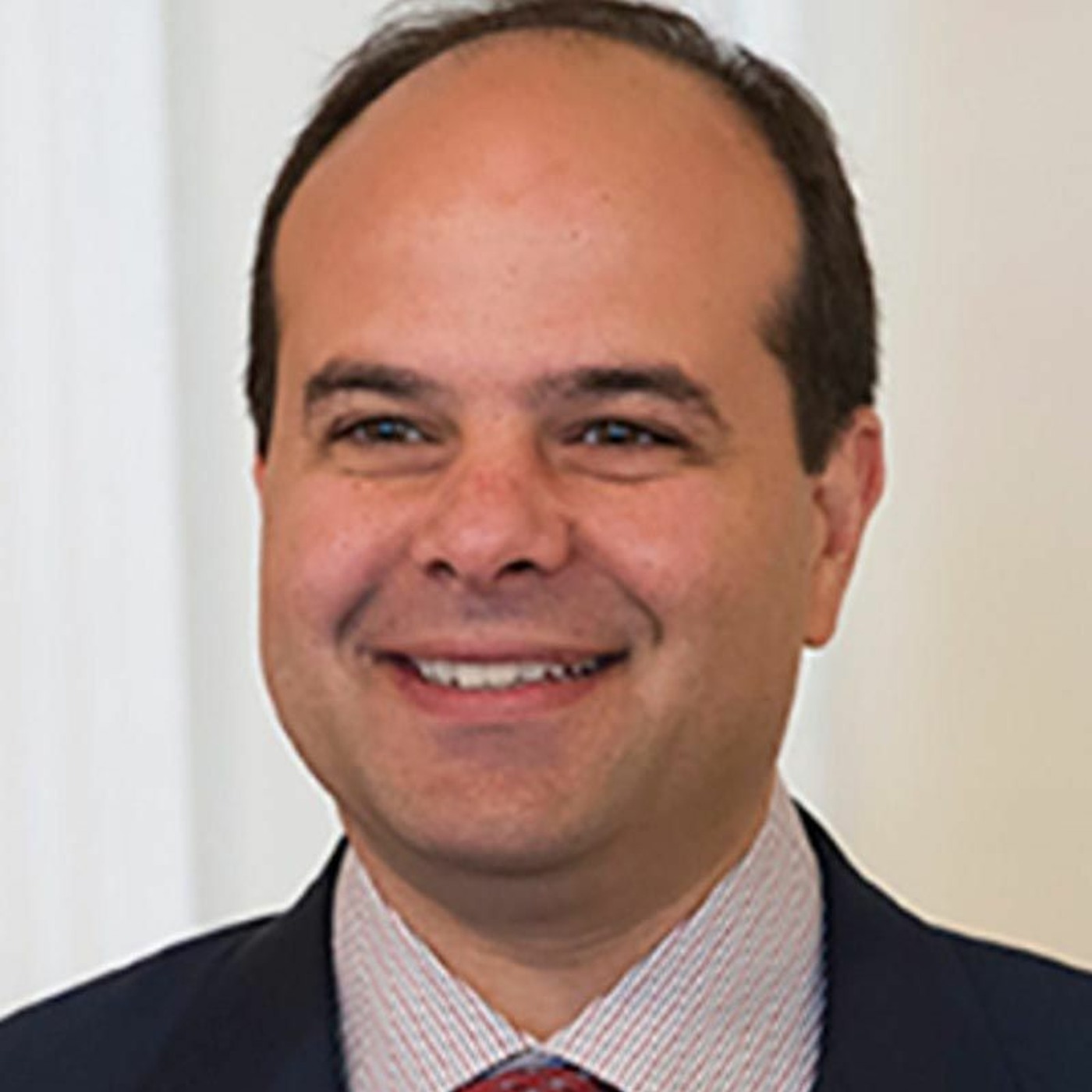
RARECastTargeting Repeat Expansion Disorders with Next-Gen Antisense DrugsA number of rare, genetic diseases including Huntington’s disease and myotonic dystrophy belong to a group of conditions known as repeat expansion disorders. Though it's normal to have pieces of repeating genetic code, these diseases involve an abnormally high number of repeats that result in the production of toxic proteins. NeuBase Therapeutics is using its platform technology to produce antisense drugs that it believes have distinct advantages over existing antisense drugs today. NeuBase recently announced a reverse merger with Ohr Pharmaceutical that propels the pre-clinical stage company onto the Nasdaq market. We spoke to Dietrich Stephan, CEO of Neubase, ab...
2019-03-2125 min
RARECastGetting Misfolding Proteins to Shape UpTransthyretin is a protein found in the blood. Its name reflects its function, which is to transport thyroxine and retinol. In the case of a number of rare conditions, the protein becomes unstable and misfold, causing it to accumulate as toxic protein deposits in the heart or peripheral nerves. Eidos Therapeutics, a subsidiary of BridgeBio, is developing an experimental small molecule drug that binds and stabilizes transthyretin in the blood. We spoke to Jonathan Fox, chief medical officer of Eidos, about the rare diseases it is targeting, the treatments available today, and how it may change the landscape for these...
2019-03-1324 min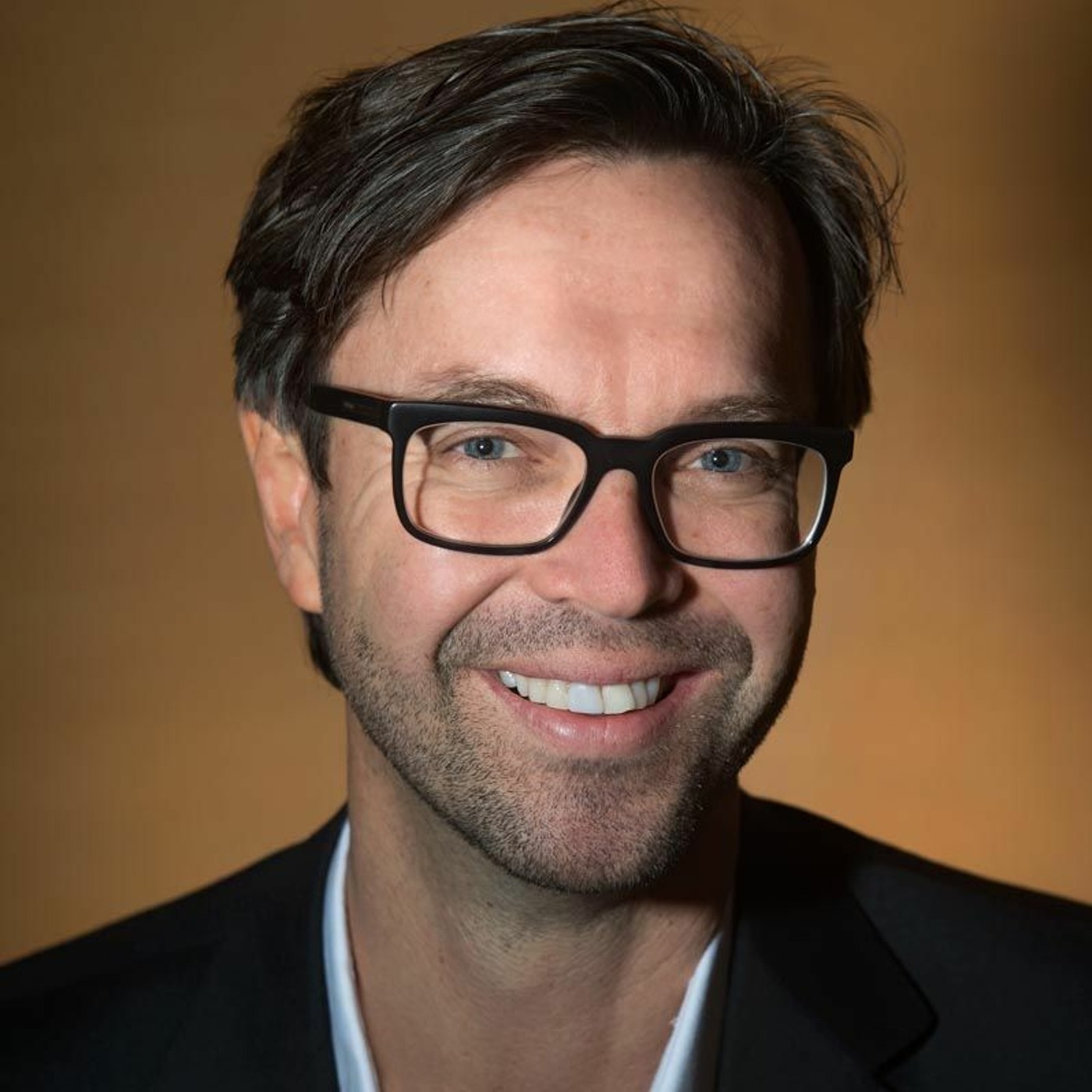
RARECastA Different Approach to Inhibiting the Complement SystemThe complement system, part of the immune system, has long been used as a target for interventions in certain rare disease. Apellis Pharmaceuticals is developing therapies to treat rare blood and kidney diseases, but by targeting a different part of the complement system than available therapies do today. We spoke to Cedric Francois, co-founder, president and CEO of Apellis, about the complement system, Apellis’ approach, and why he thinks this will lead to better therapies for these rare diseases.
2019-03-0618 min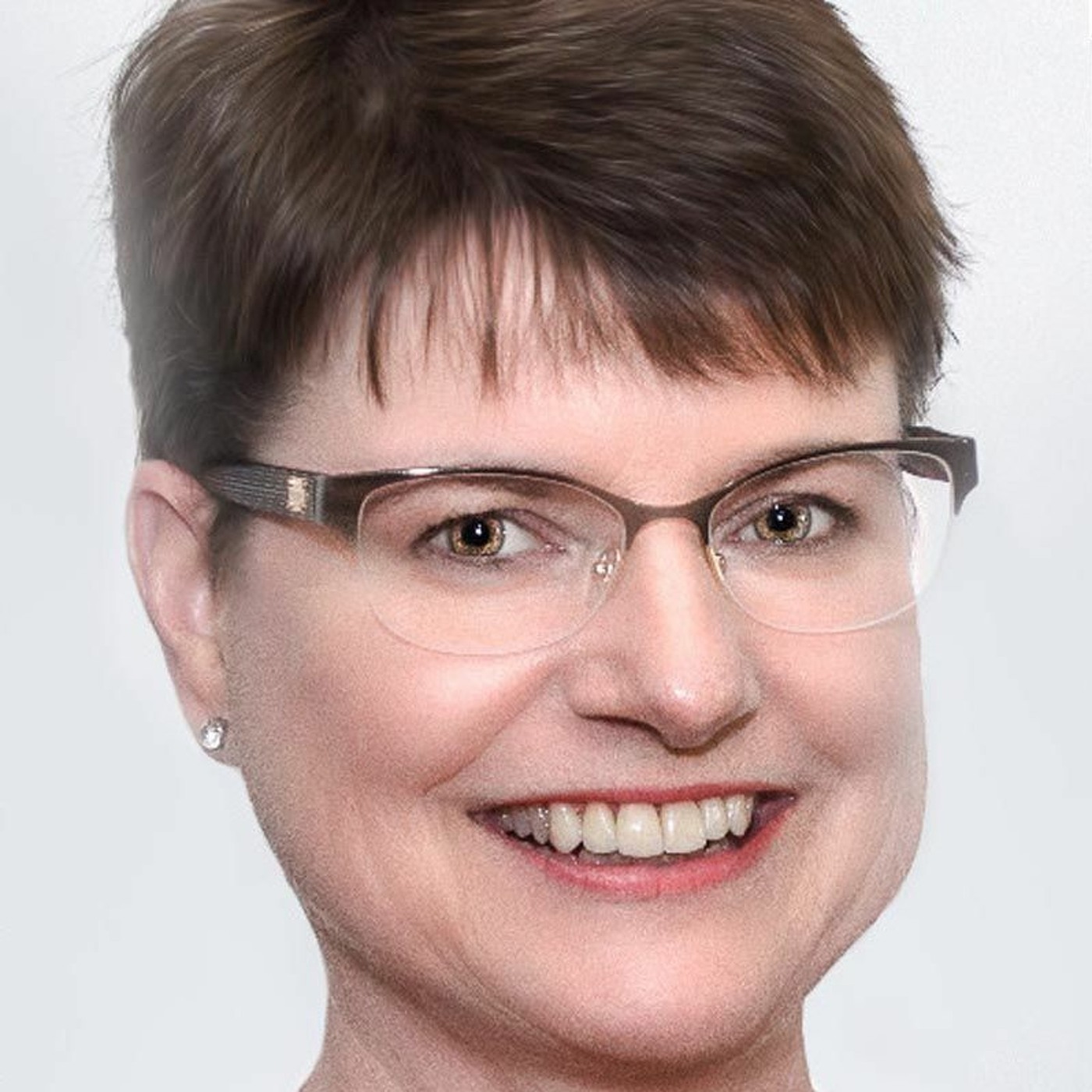
RARECastLooking Back in Time to Find Rare Disease Patients TodayOne of the challenges rare disease advocates face in advancing research and treatments is finding the patients needed to understand the natural history of a disease and participate in clinical trials. That’s true for cavernous angioma, a formation of abnormal blood vessels in the brain and spinal cord with leaky walls that can cause seizures, stroke symptoms, hemorrhages, and headaches. The Angioma Alliance, though, has hit on an unusual strategy to find patients with the condition to build its registry as clinical trials for potential treatments get under way. We spoke to Connie Lee, president and CEO of the An...
2019-02-2724 min
RARECastIonis CEO Stanley Crooke Discusses Success as a Platform Technology CompanyAs CEO of Ionis Pharmaceuticals, Stanley Crooke has been a pioneer in the development of antisense drugs and oversees one of the industry’s largest and most advanced pipelines. Antisense drugs are compelling for rare diseases because of their ability to selectively target specific RNA sequences. These drugs, such as the company’s treatment for spinal muscular atrophy, Spinraza, are transforming the outlook for rare disease patients. We spoke to Crooke about Ionis’ ability to succeed as a platform technology company, why he thinks gene therapy will not pose a threat to the company’s antisense platform, and why he sees the...
2019-02-2134 min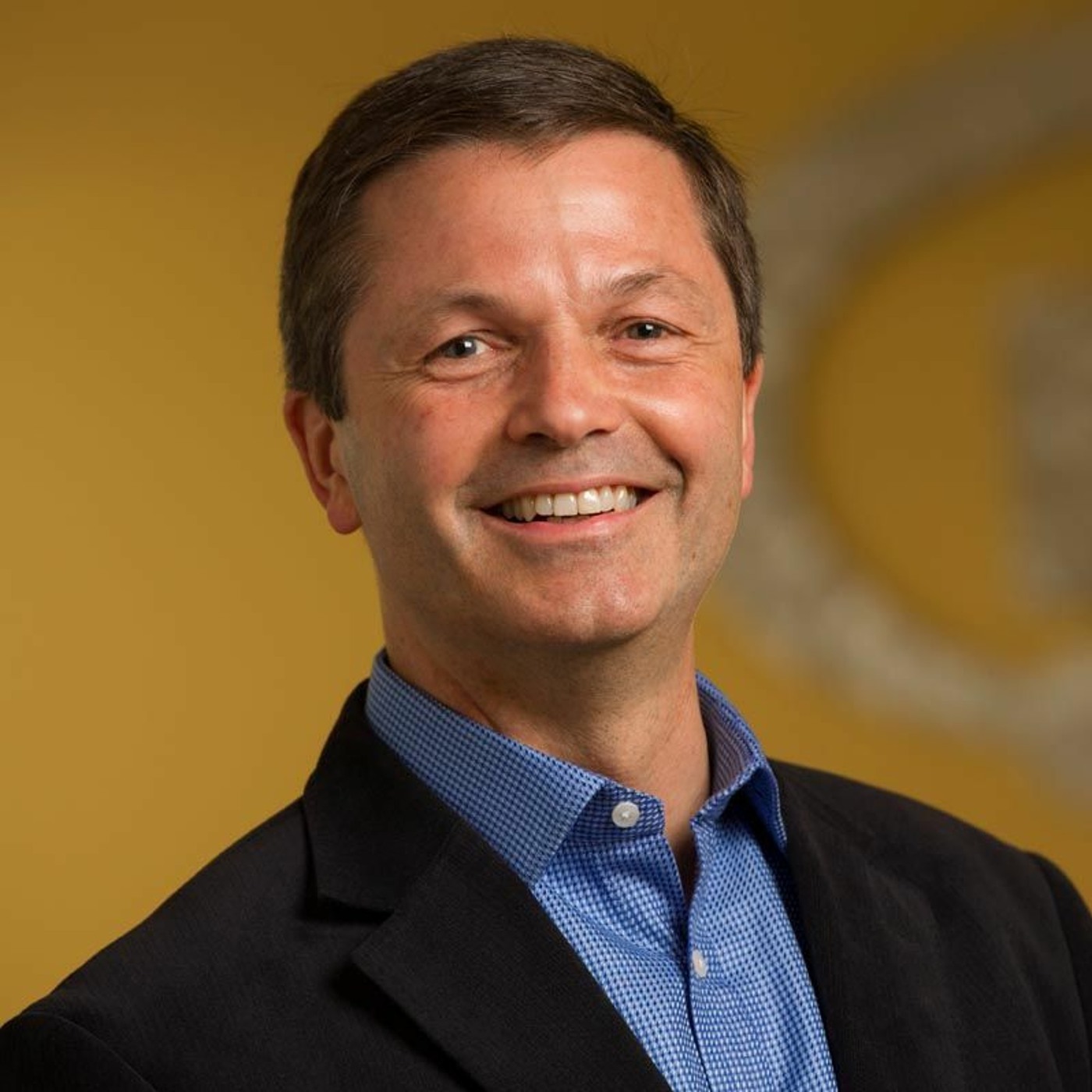
RARECastOrchard Looks toward Harvesting Expanded Gene Therapy PipelineIt was about ten months ago that Orchard Therapeutics acquired the gene therapy portfolio of GSK, expanding its pipeline and giving it its first approved therapy. We spoke to Orchard CEO Mark Rothera about his company’s approach to gene therapy, its pipeline, and what he sees as the biggest challenges as Orchard moves towards commercializing its therapies.
2019-02-1418 min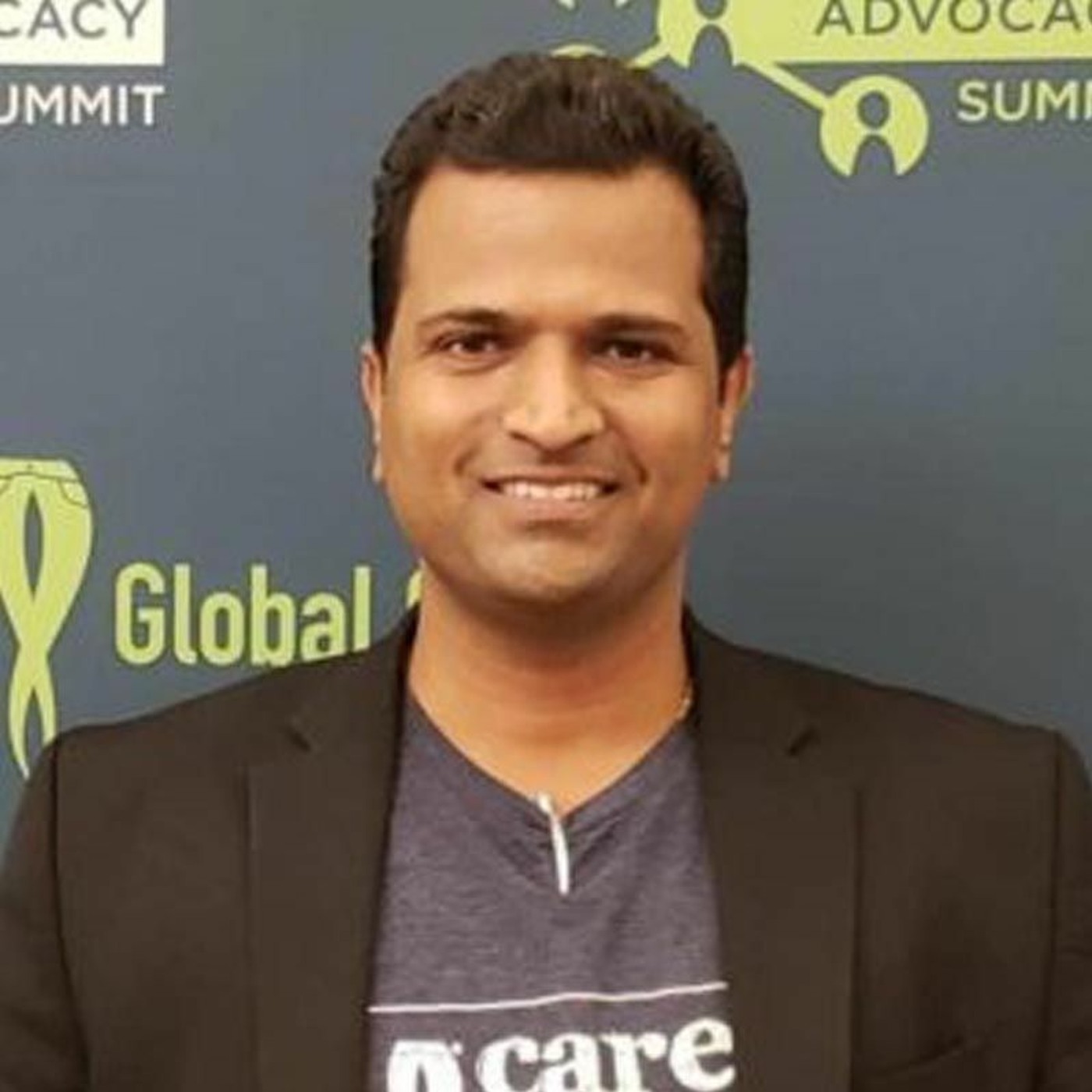
RARECastConnecting Rare Disease Patients in India and the United StatesHarsha Rajasimha was a post-doctoral researcher at the National Institutes of Health when he lost a newborn child to a rare disease. As he entered the world of patient advocacy, he connected with rare disease patients in his homeland of India. Discussions he had there led him to co-found the Organization for Rare Diseases India and the Organization for Rare Diseases India, USA; an effort to bridge the gulf between rare disease patients in the two countries. We spoke to Rajasimha about the rare disease landscape in India, the opportunities for India to drive development of new therapies for rare...
2019-02-0634 min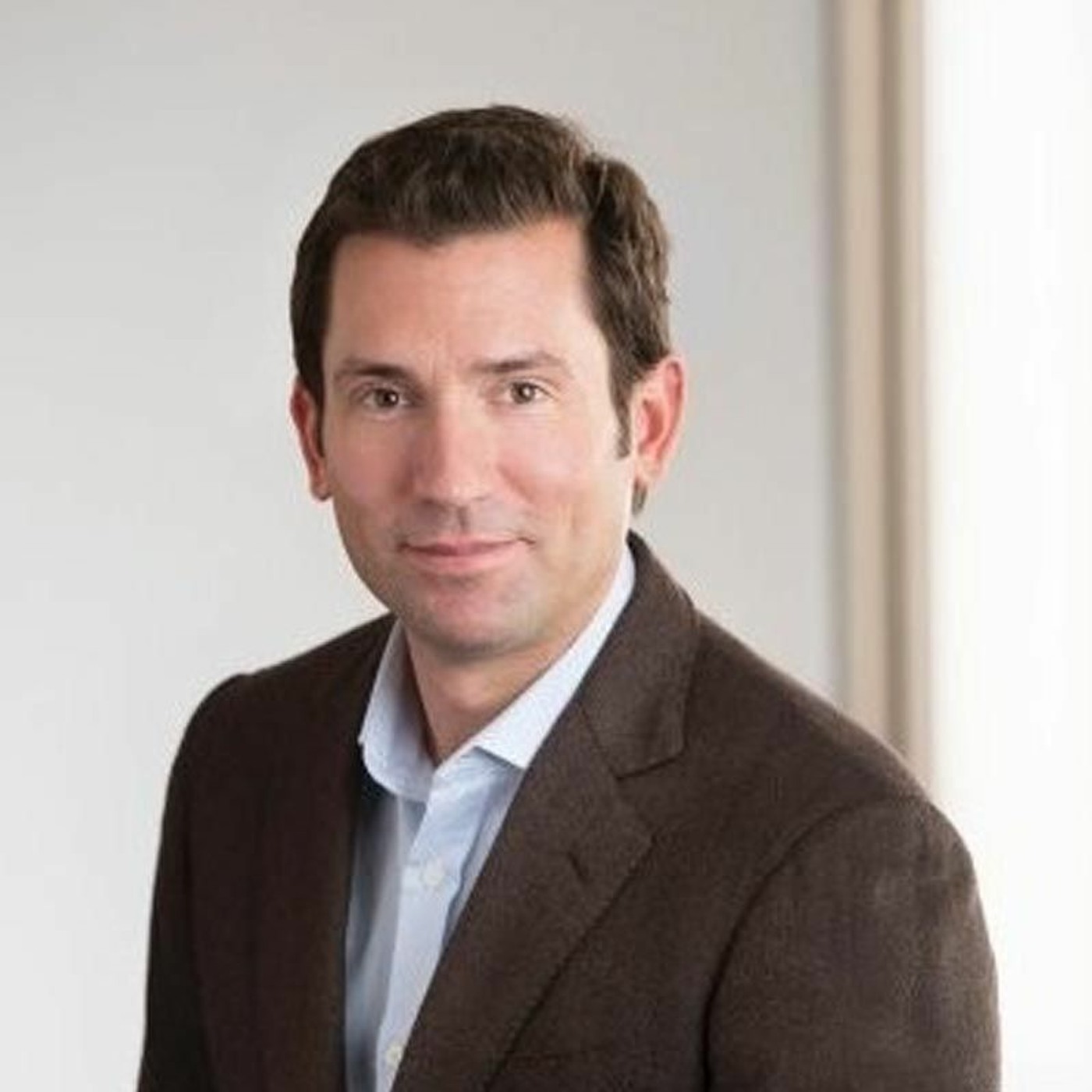
RARECastRegenerative Medicine Moves into the SpotlightThe regenerative medicine sector won major product approvals, advanced a growing pipeline of therapies in development, and enjoyed a surge of investment in 2018. As excitement grows about the potential of these therapies, the industry is also wrestling with complex policy issues that could determine how sustainable these businesses will be and whether patients will ever get to benefit from the potential cures that may soon be within reach. We spoke to Matt Patterson, chairman of the Alliance for Regenerative Medicine, about the state of the industry, ongoing debates about pricing and payment models, and what the industry will need to...
2019-01-3027 min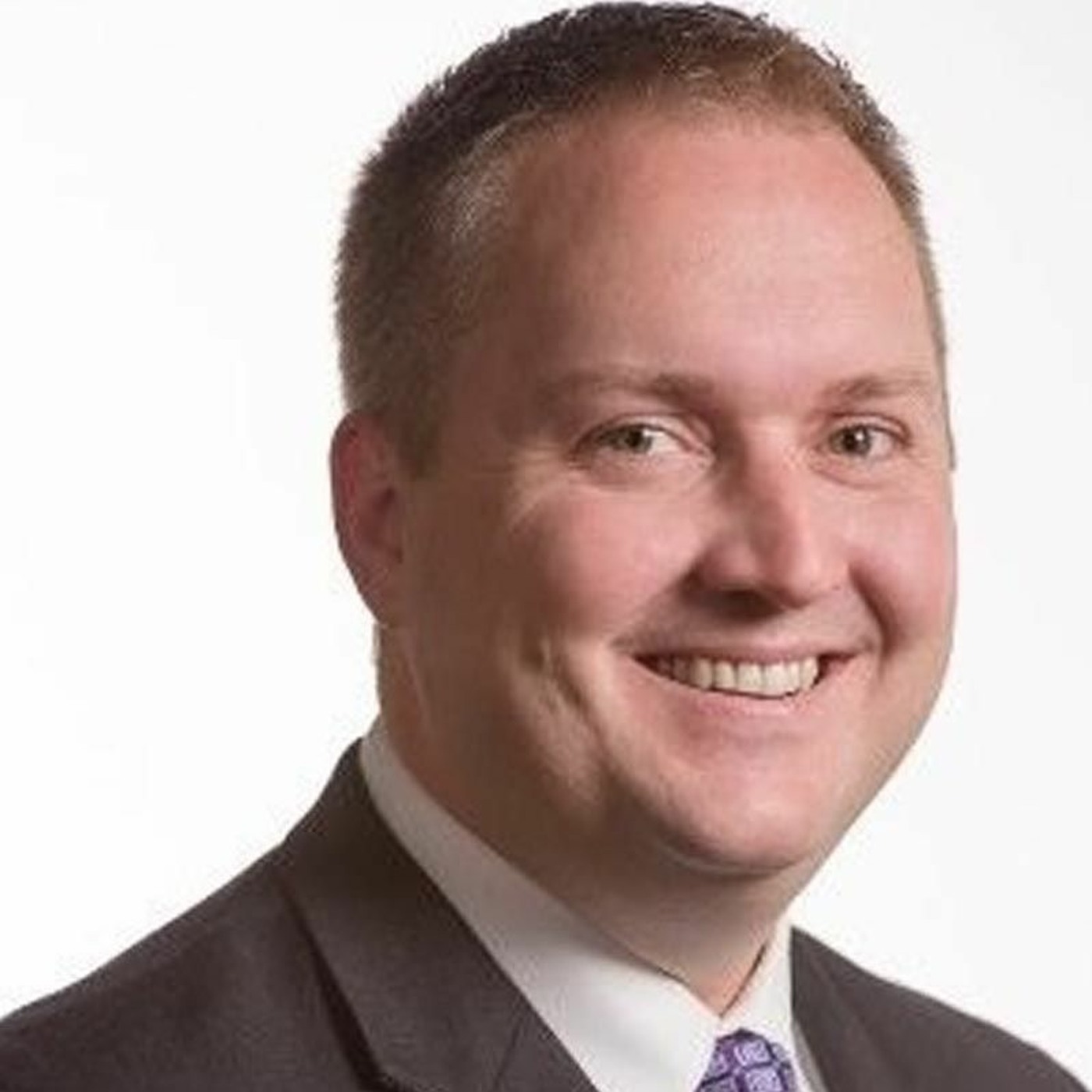
RARECastLearning New Tricks from Pathogenic Bacteria to Target the MicrobiomeThe microbiome, the community of bacteria that live within and on our bodies, has become an area of increasing interest to drug developers, who see the potential to both target these microorganisms and exploit them for therapeutic benefit. Scioto Biosciences has developed a biofilm platform that it believes can better deliver and protect beneficial bacteria to treat disease. The lead indication the company is pursuing is necrotizing enterocolitis, a rare condition primarily afflicting premature newborns that causes portions of the bowel to die. We spoke to Joe Trebley, CEO of Scioto, about the microbiome, the company’s platform technology, and ho...
2019-01-2429 min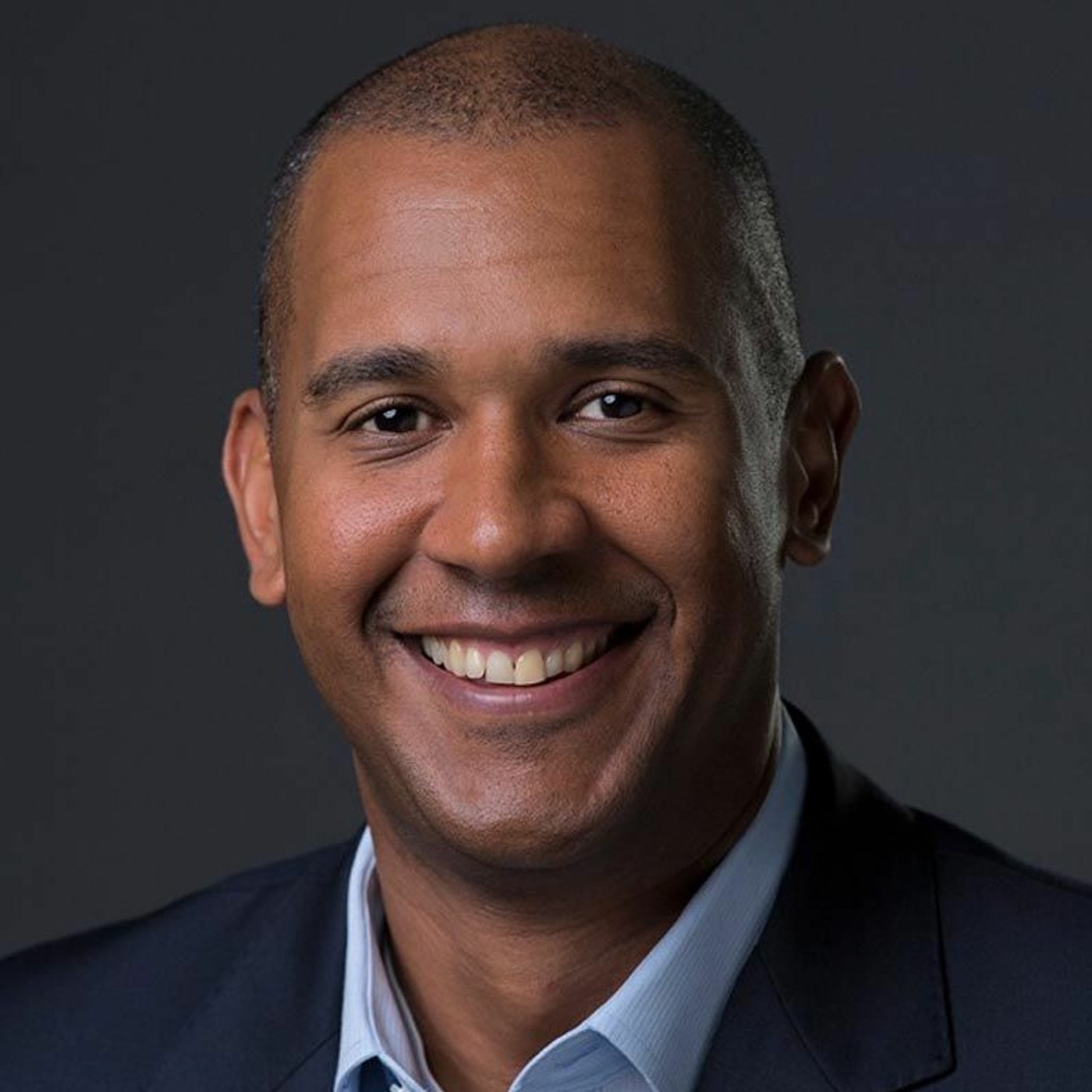
RARECastOrphan Drug Accelerator Spin-Out Tackles Rare Endocrine DisordersTiburio Therapeutics emerged from the orphan drug accelerator Cydan at the start of 2019. The company is developing two clinical stage compounds for rare endocrine disorders that it licensed from Ipsen. We spoke to Tiburio Therapeutics CEO Abraham Ceesay, about rare endocrine disorders, the company’s pipeline, and the case for Cydan’s business model.
2019-01-1715 min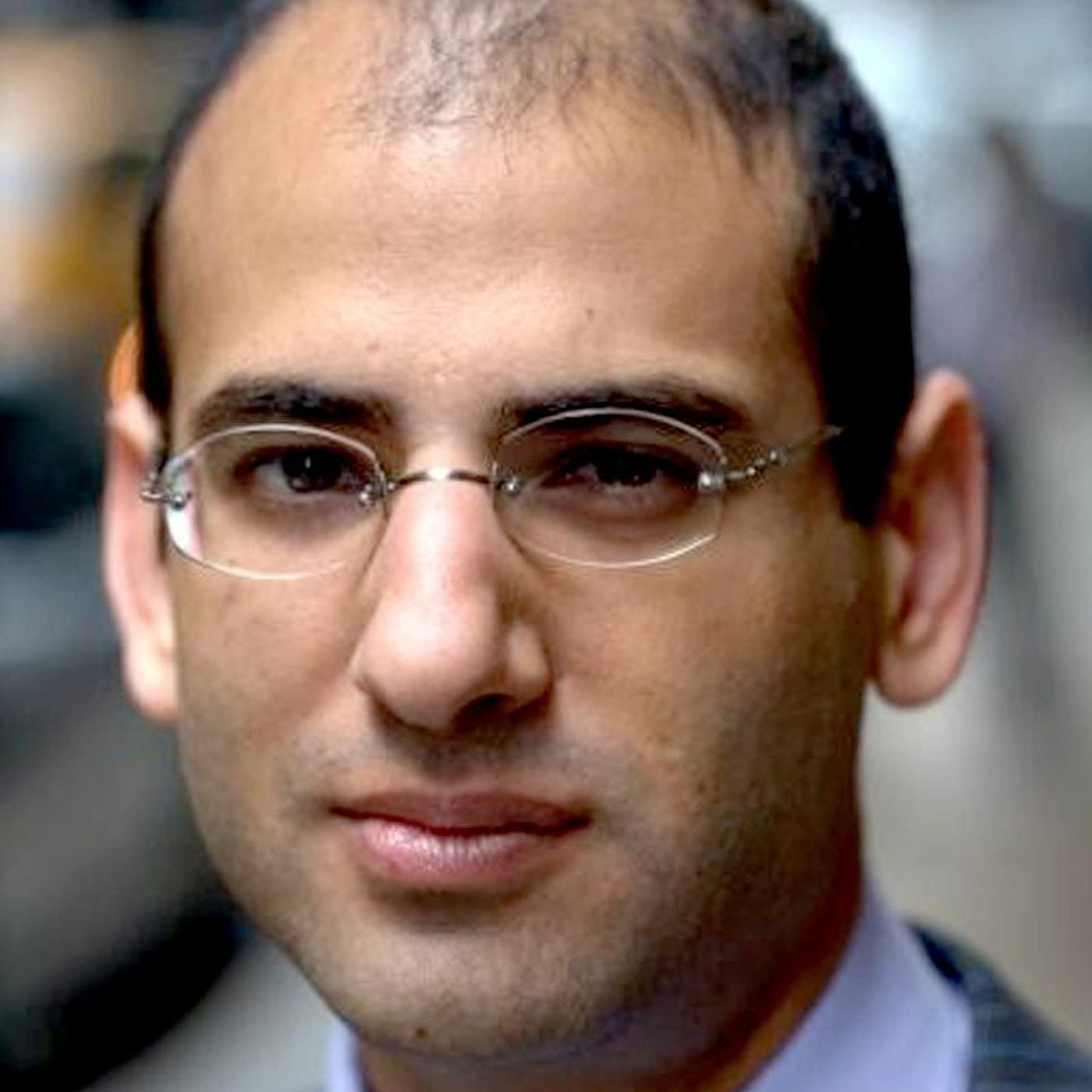
RARECastAspa Therapeutics Forges Gene Therapy for Rare Neurological ConditionAspa Therapeutics is a subsidiary of Bridge Bio that was created to develop a gene therapy to treat Canavan disease, a progressive and fatal neurological disorder for which there is no approved therapy. Canavan is caused by a genetic mutation that results in an enzyme deficiency. We spoke to Eric David, CEO of Aspa, about the condition, the company’s experimental gene therapy, and the benefits of Bridge Bio’s approach.
2019-01-0930 min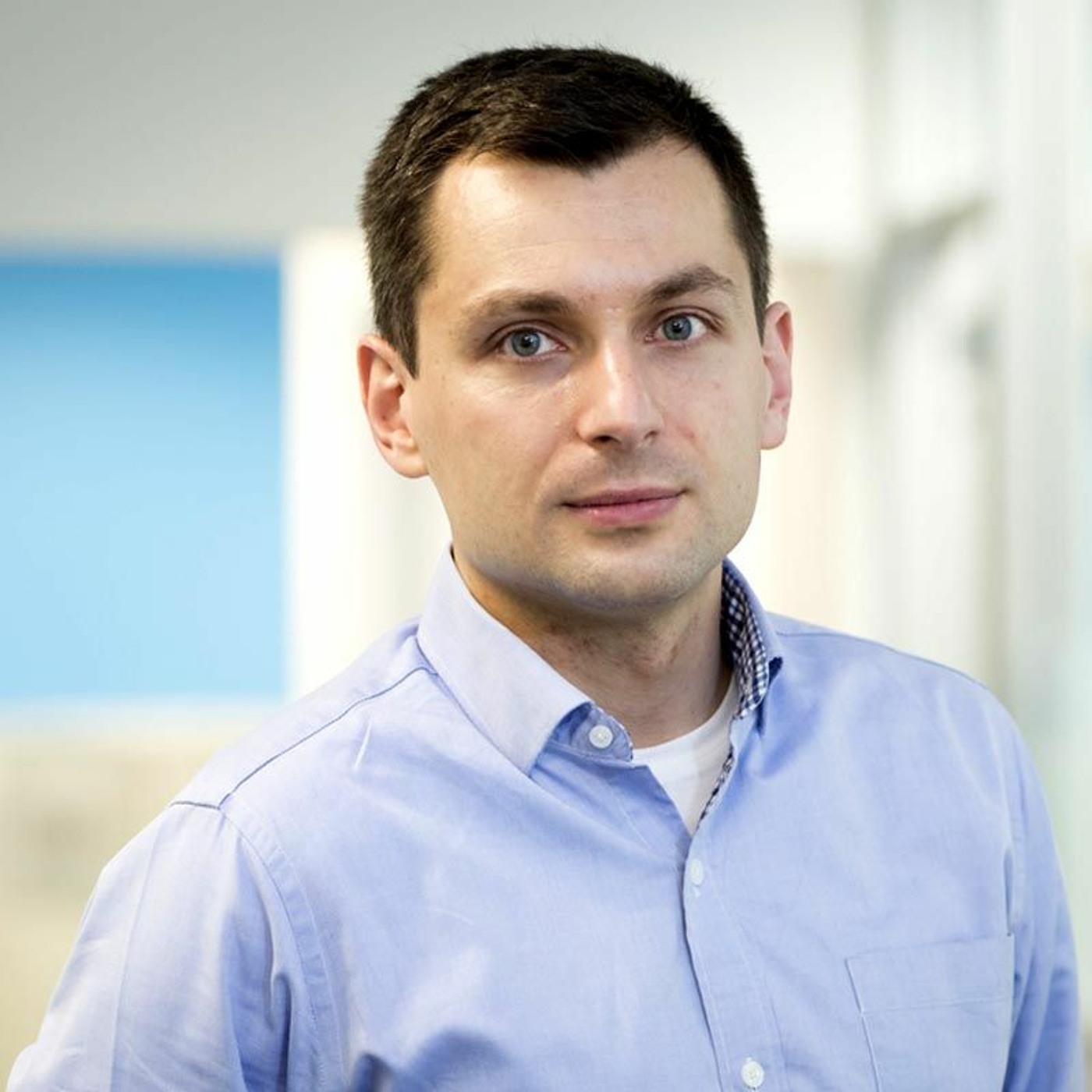
RARECastHow Patient-Led Collaborations Are Transforming Rare Disease Drug Discovery and DevelopmentPatient-led collaborations are transforming drug discovery and development in rare disease. How they are doing this will be the topic of a panel discussion at the 2019 Biotech Showcase in San Francisco January 8 at 4:30 p.m. Ahead of that panel, we spoke to Walt Kowtoniuk, principal at Third Rock Ventures and moderator of the panel to discuss the challenges of rare disease drug discovery and development, how patient-led collaborations are addressing these challenges, and how patient involvement can change the risk profile of drug development to attract drug company partners and investors. For information on the panel or to register, go...
2019-01-0221 min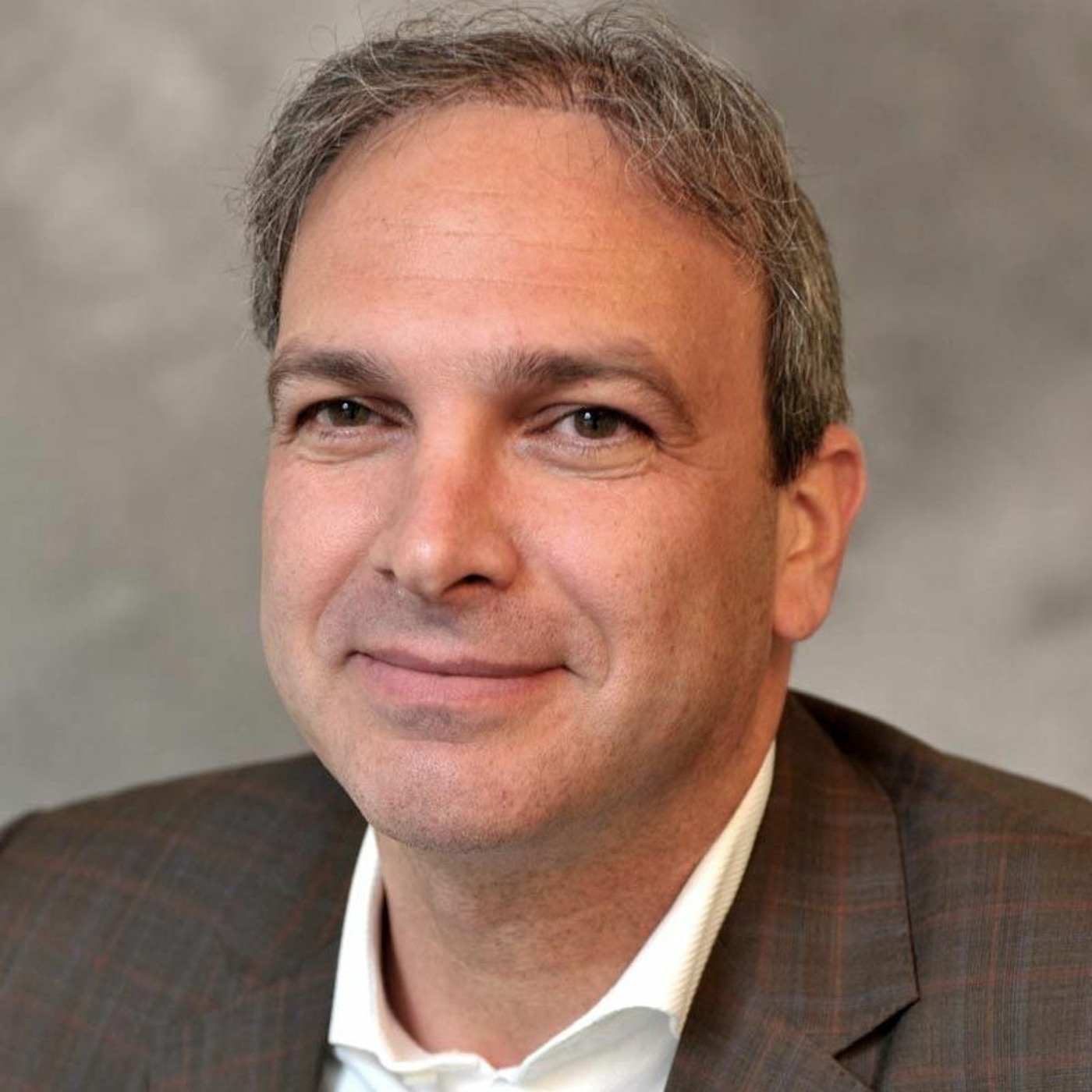
RARECastSobi Expands Its Immunology Franchise with HLH Drug ApprovalLast month, the U.S. Food and Drug Administration approved Sobi’s Gamifant to treat HLH, an ultra-rare condition characterized by hyperinflammation with high morbidity and mortality. The approval strengthens Sobi’s immunology franchise in the United States. We spoke to Rami Levin, president of Sobi North America, and Carol Satler, vice president of medical affairs for Sobi, about HLH, the significance of the Gamifant approval, and how it fits in with the company’s broader strategy.
2018-12-2717 min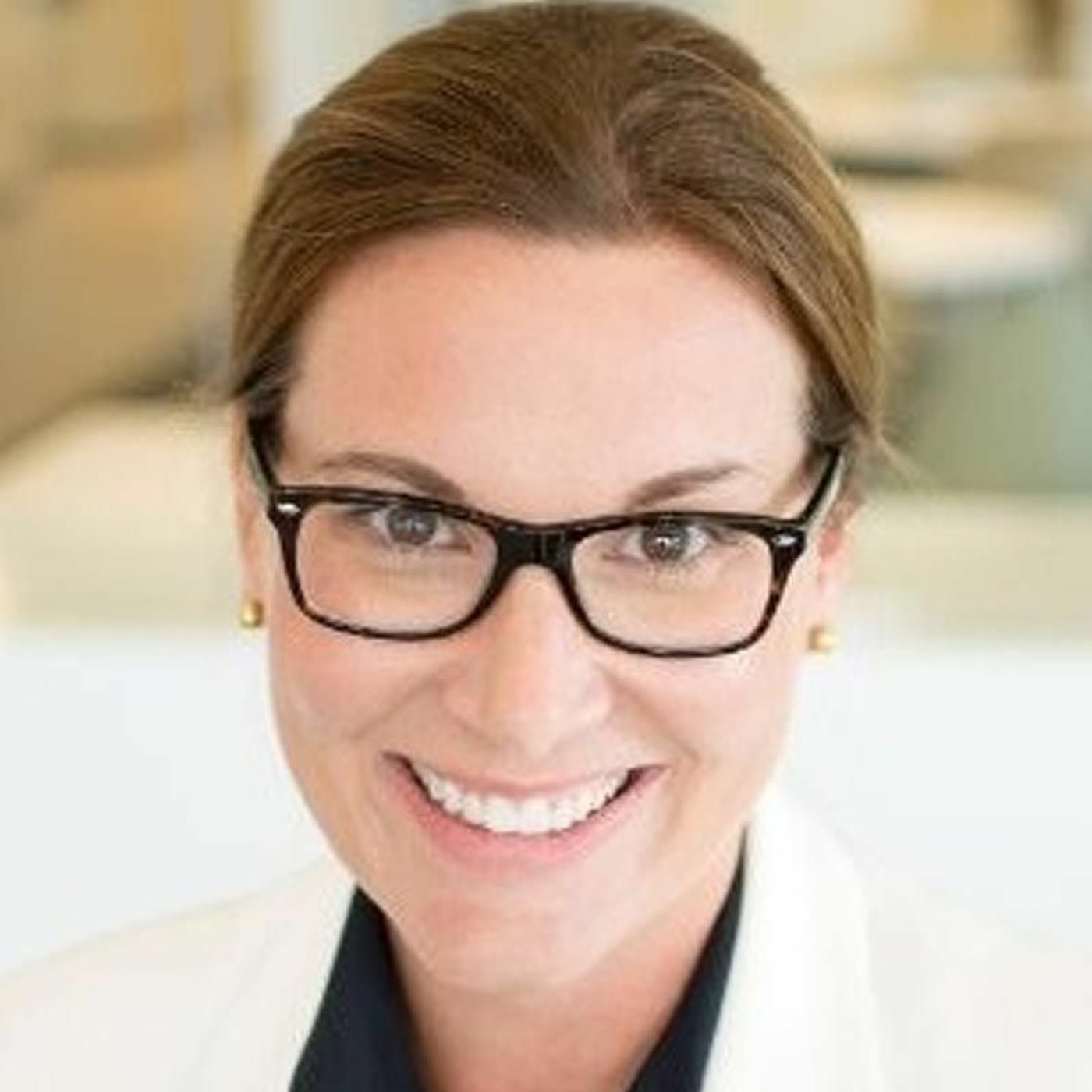
RARECastLearning to ThriveCollaboration is critical to addressing problems faced by the rare disease community, but too often collaborations between advocacy organizations turn sour because of miscommunication, a lack of trust between partners, or when unnecessary competition trumps cooperation. A group of rare disease advocacy organizations, including Global Genes, earlier this year launched the THRIVE initiative (https://www.thriveforrare.org/), an effort to foster cooperation between rare disease groups and address the behaviors that too often undermine the work of the community. We spoke to Amy Brin Miller, executive director of the Child Neurology Foundation and co-founder of THRIVE, about the initiative, how...
2018-12-1920 min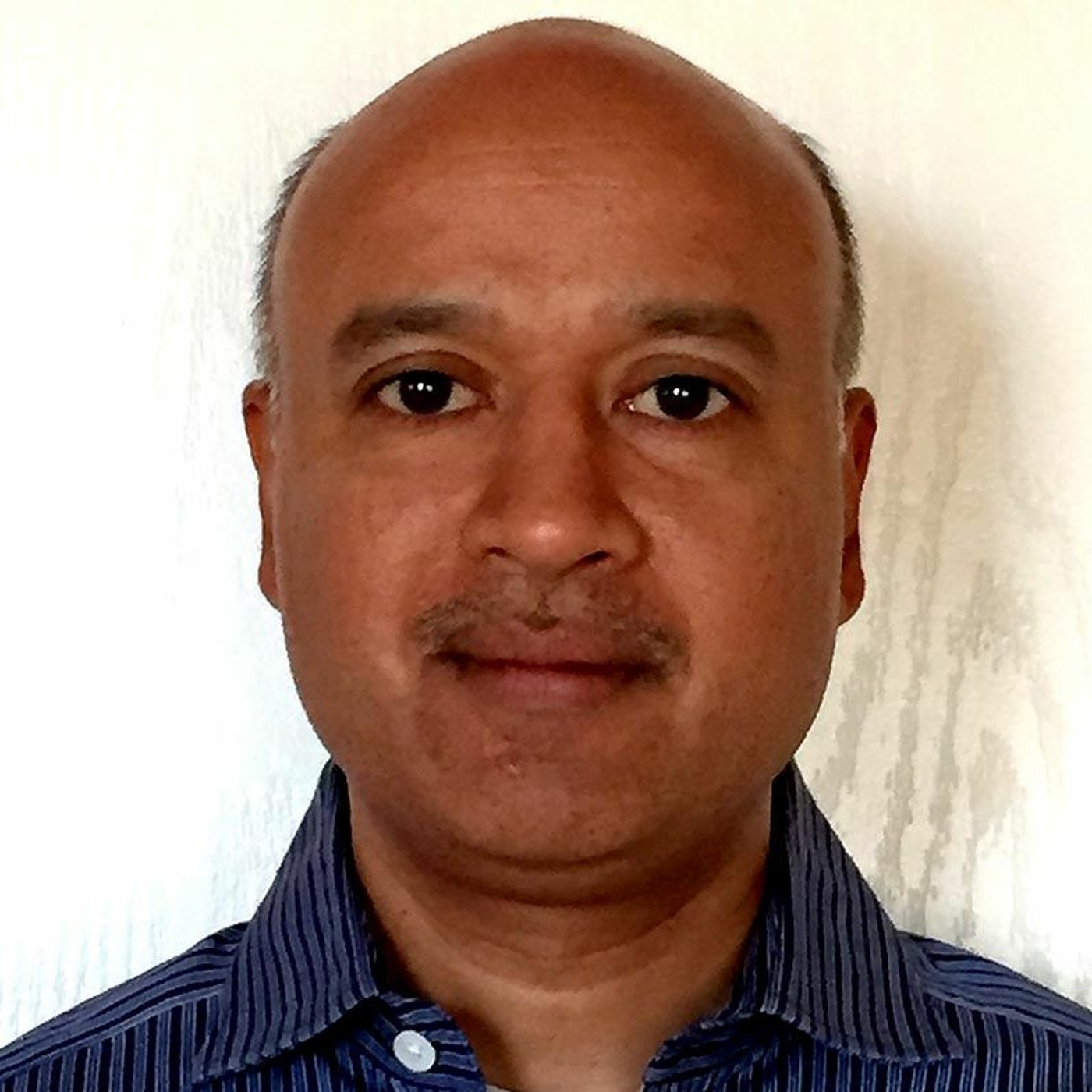
RARECastLate-Stage Trial Underway for Treatment of Rare Obesity DisorderPrader-Willi syndrome is a rare genetic disease with many effects, but it is characterized by an insatiable drive to eat that leads to overeating and obesity. Soleno Therapeutics is in late-stage clinical testing of a treatment for the intense hunger and overeating in patients with Prader-Willi. We spoke to Anish Bhatnagar, CEO of Soleno, about its experimental therapy, how it works, and why it may have application in a broader range of indications.
2018-12-1217 min
RARECastRegenxBio Bets Its Gene Therapy Technology Provides Competitive EdgeThe U.S. Food and Drug Administration recently granted gene therapy developer RegenxBio Orphan Drug designation for its experimental gene therapy to treat CLN2 disease, a form of Batten disease, a rare and deadly condition that progressively robs children of their abilities until they die. The gene therapy is one of 12 clinical programs and 20 partnered programs RegenxBio is advancing. We spoke to Ken Mills, CEO of RegenxBio, about CLN2 disease, the company’s next-generation gene therapy platform, and why he believes it offers advantages over other AAV gene therapies.
2018-12-0524 min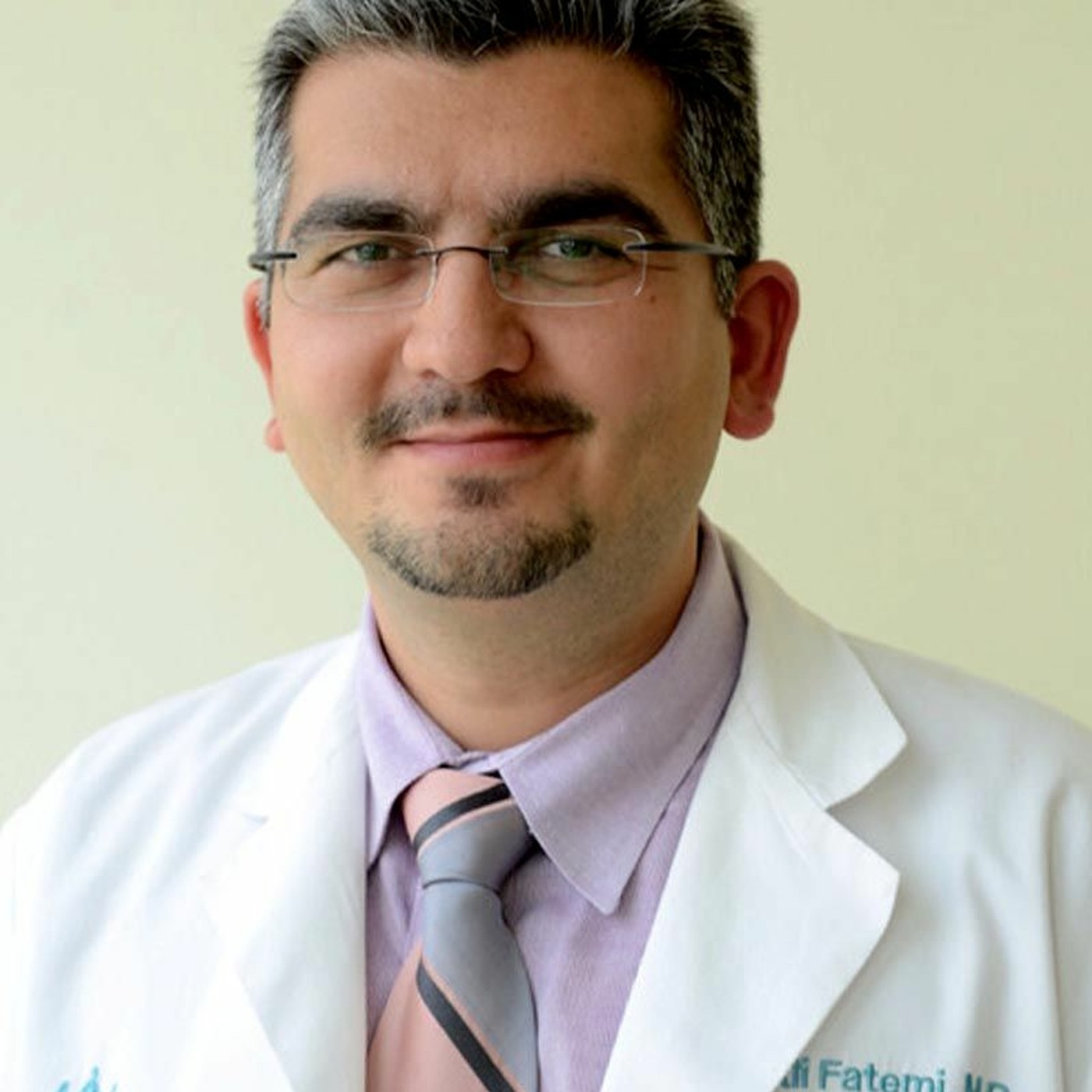
RARECastThe Potential for Digital Health Technologies to Transform Clinical TrialsLBSL, a rare genetic disorder that affects the brain and spinal cord, was first identified in 2004. While there are no treatments available today, researchers are working to understand the condition and develop therapies. One ongoing study at Kennedy Krieger Institute is using digital health technologies to remotely test people with the condition and provide a roadmap towards a therapy. We spoke to Ali Fatemi, director of the Moser Center for Leukodystrophies at the Kennedy Krieger Institute, about the study, his use of digital health technologies, and their potential to transform the way researchers conduct clinical trials.
2018-11-2825 min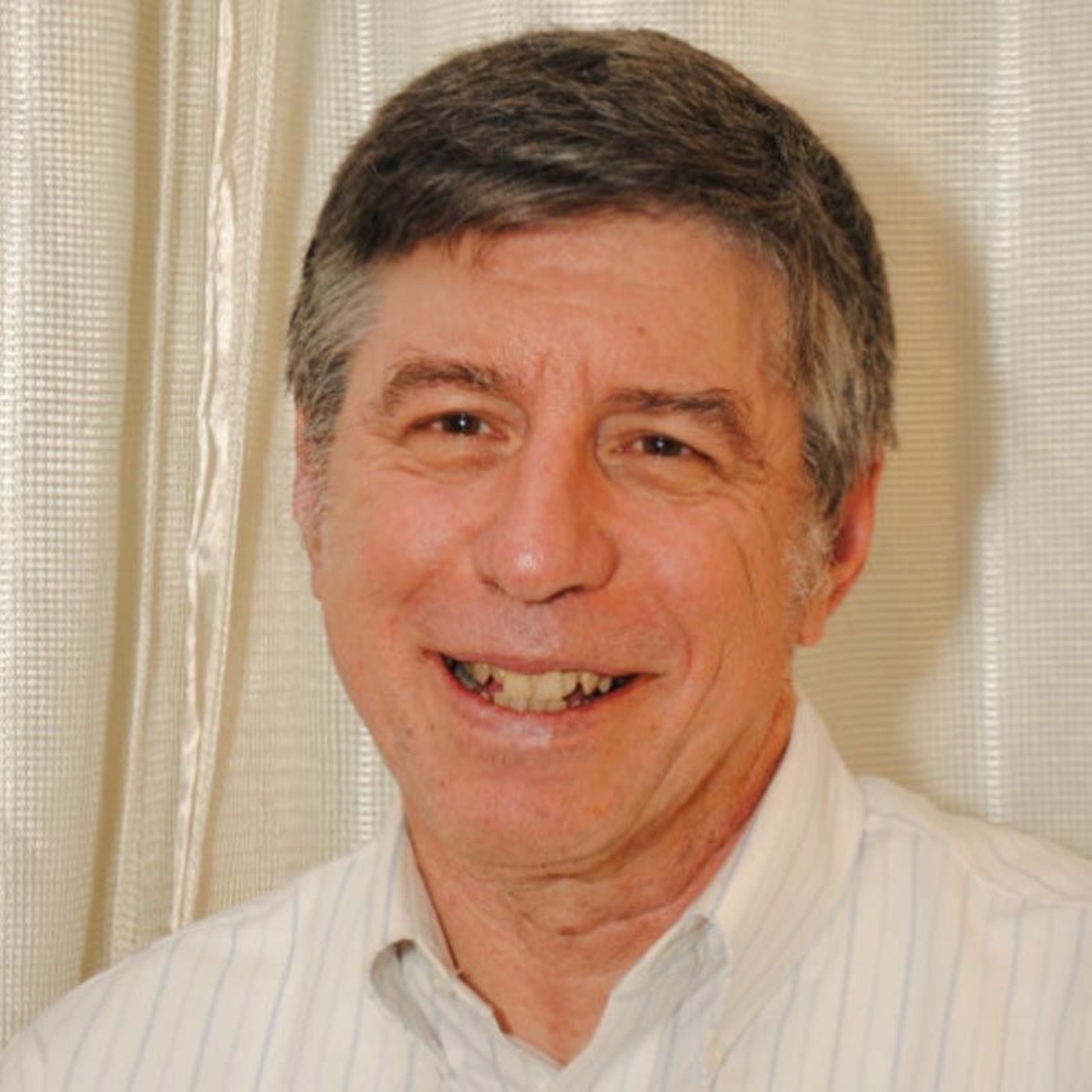
RARECastMatching Volunteers to Rare Disease Organizations in NeedMany rare disease organizations are resource constrained and depend on the kindness of volunteers to provide specialized services and capabilities that they may not have in-house. Sean Gordon, a high-tech sales and marketing specialist, discovered the need after he was diagnosed late in life with a rare disease. His solution has been to create the Rare Funding Team, a free service that matches rare disease organizations to volunteers. We spoke to Gordon about his own diagnosis, the work he does through the Rare Funding Team, and the need he is trying to fill.
2018-11-2120 min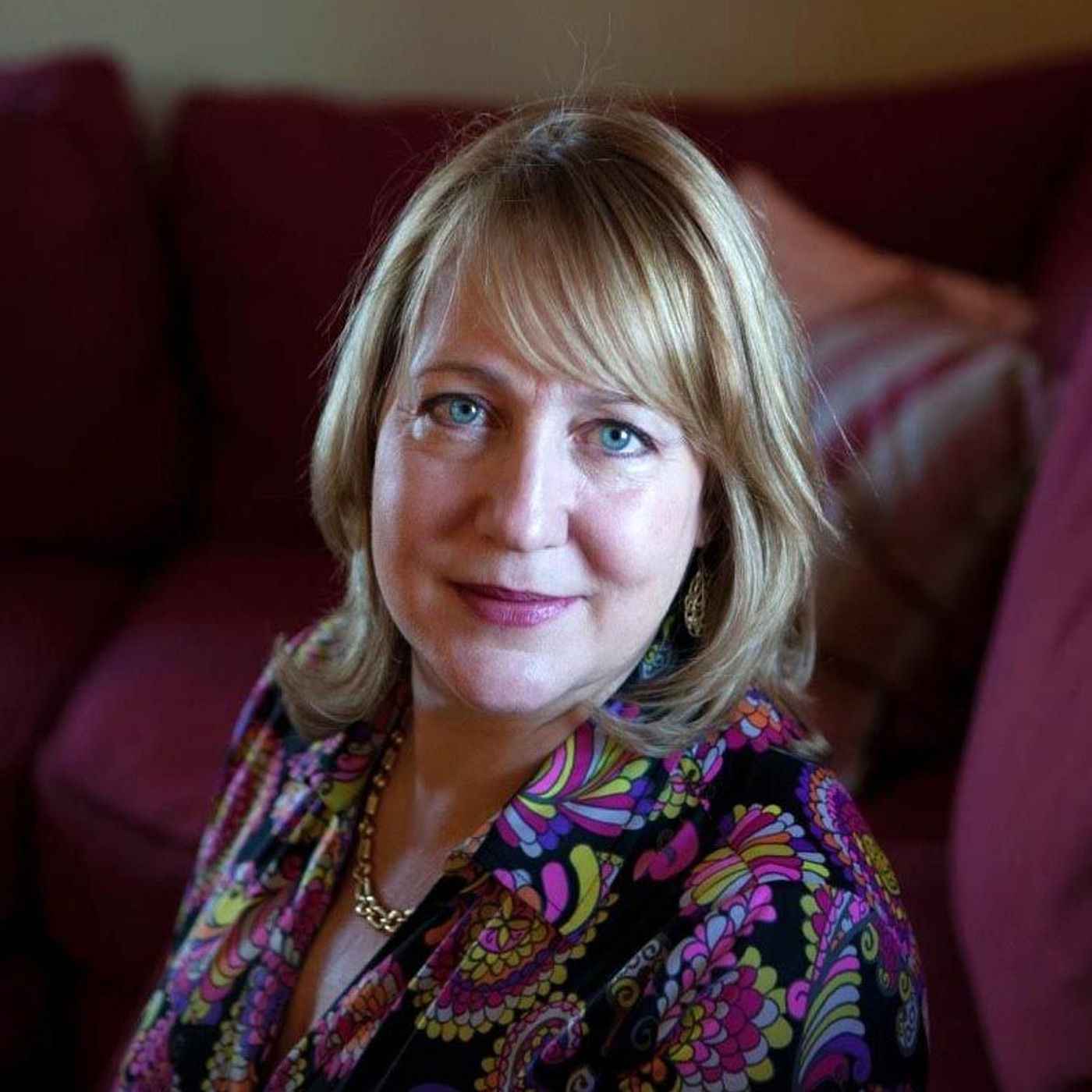
RARECastHow One Rare Disease Organization Used Technology to Provide Greater Patient Insight to FDAWhen the Hereditary Neuropathy Foundation set up a patient focused drug development meeting with the FDA, it knew that patients with Charcot-Marie-Tooth disease face difficulty providing written comments because of the impact of the disease on their ability to write or type. Working with a technology company, the organization was able to gather patient feedback using voice technology that allowed them to report comments over the phone through an automated system. We spoke to Allison Moore, CEO of the Hereditary Neuropathy Foundation, about the use of this technology, how it works, and why it may benefit patients with many other...
2018-11-1518 min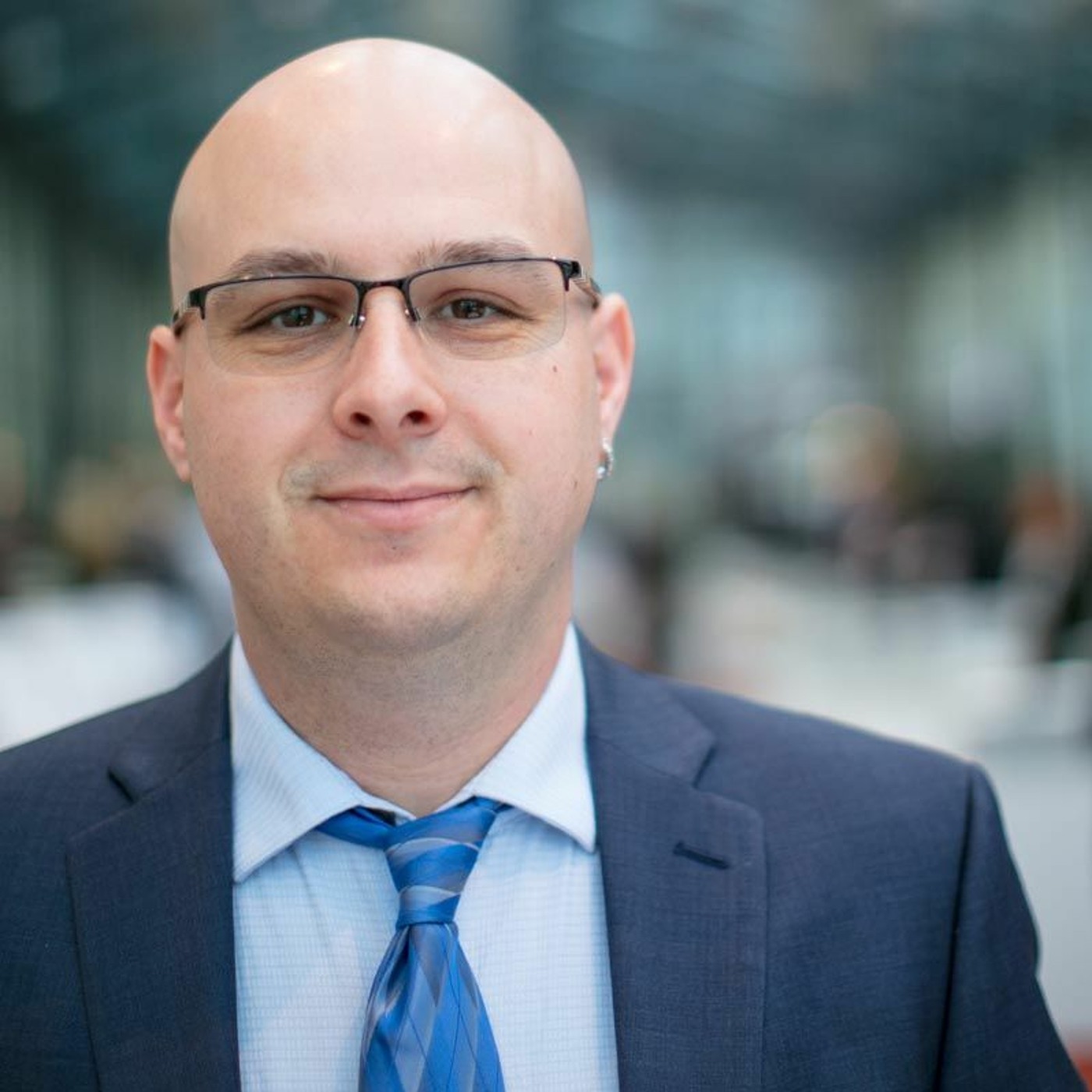
RARECastThe Potentially Deadly Consequences of an Oversight in Newborn Screening TestsWhen Jon Miller’s son was born doctors failed to diagnose a rare and deadly medical condition despite using newborn screening that was supposed to detect it. Doctors told him his infant was going to die. His son was diagnosed correctly in time as having tyrosinemia, a genetic disorder characterized by elevated blood levels of the amino acid tyrosine, the result of an enzyme deficiency. The experienced led Miller to create NOTA, the Network of Tyrosinemia Advocates. We spoke to Miller about his advocacy, the need for addressing a problem with newborn screening, and why from the earliest days his or...
2018-11-0723 min
RARECastAdvancing a New Approach to Sickle Cell DiseaseSickle cell disease is a rare, genetic condition that causes red blood cells to become misshapen and damaged. The condition activates immune cells and blocks blood flow in capillaries, causing injury to many organs and pain daily. Imara is developing an experimental therapy that can prevent the sickling of the red blood cells and also reduce the adhesion of white blood cells to reduce blockage of the blood vessels. We spoke to Rahul Ballal, CEO of Imara, about the therapy, the class of drugs it belongs to, and what the company has done to enroll a population of patients traditionally...
2018-10-3121 min
RARECastConquering Life with a Rare DiseaseWhen Sean Baumstark was 25, he was diagnosed with Friedreich’s ataxia, a rare, debilitating and life-shortening disease. His doctor advised him to avoid activities where balance was critical, such as biking, hiking, or running. He told Baumstark he should move to a home without stairs and install handrails. A month later Baumstark bought a bike and set off on a 650-mile trek from his home in Sacramento to Las Vegas. Among the many things he does today, his De:terminence program provides people with rare conditions training, assistance, and equipment to complete challenging physical feats, such as climbing mountains or ru...
2018-10-2418 min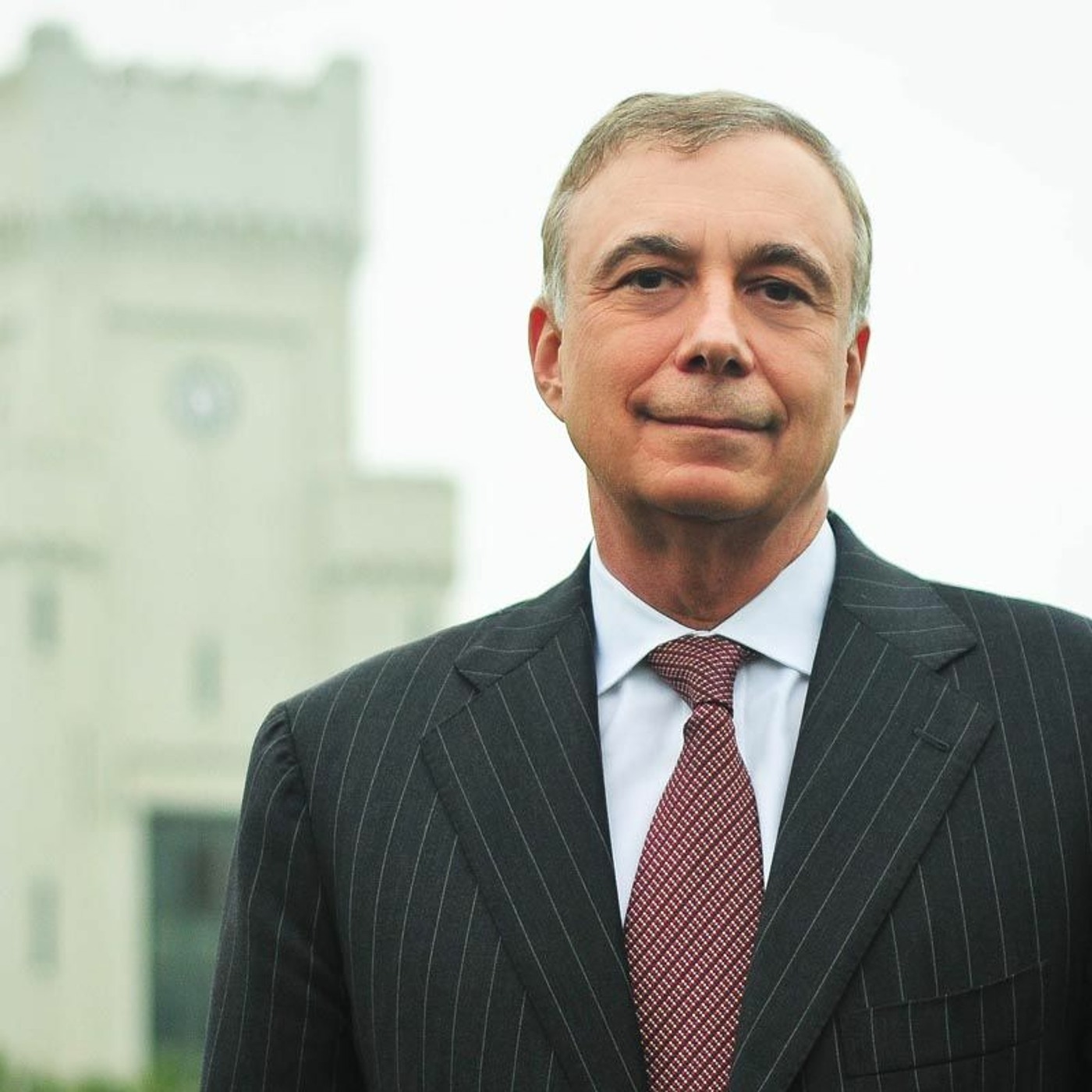
RARECastWhy Rare Disease Drug Developers Need Regular Interaction with the FDADespite accelerated pathways for the development and approval of rare disease therapies, significant challenges remain for companies wishing to bring new treatments to market. Mallory Factor, CEO of IntraBio, recently testified at a U.S. Senate Subcommittee hearing and argued that the programs in place today fail to address the needs companies like his have for timely and early interactions with the U.S. Food and Drug Administration when developing therapies for diseases afflicting small populations of patients. We spoke to Factor about his recent testimony, the issues companies like his face, and what he’d like to see done to...
2018-10-1717 min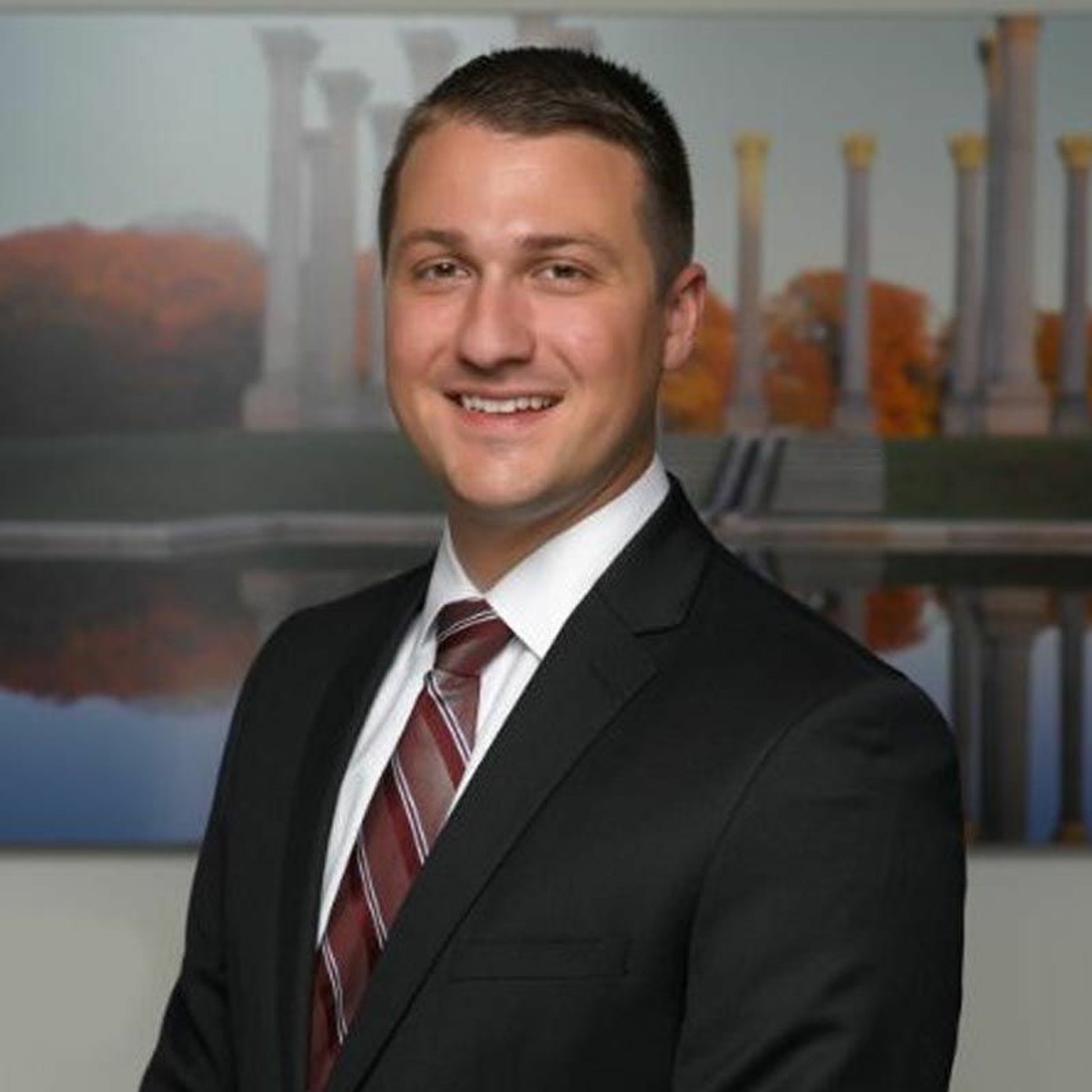
RARECastMaking the Case for an FDA Rare Disease Center of ExcellenceTwo attorneys specializing in regulatory law recently proposed the creation of an FDA Rare Disease Center of Excellence to better allow the agency to address the challenges of advancing and reviewing rare disease products. The proposal, advanced by Hyman, Phelps & McNamara’s Director Frank Sasinowski and Associate James Valentine, also calls for the creation of deputy directors of rare disease at various FDA divisions and the creation of a rare disease advisory committee made up of external experts. We spoke to Valentine about the proposal, why these measures are needed, and the early response from one key figure at the FD
2018-10-1021 min
RARECastAn Elite Runner Makes a Cross-Canada Trek for His Son and Rare DiseaseThis summer, elite runner Dave Proctor set out on a 4,500-mile run across Canada to break a Guinness World Record and raise $1 million to support the Rare Disease Foundation. Proctor’s son Sam has an ultra-rare neurological condition. Though an injury cut Proctor’s run short, it did ignite the imagination of the public and catch the attention of legislators. We spoke to Proctor about the run, the rare disease landscape in Canada, and what his plans are going forward for his organization Outrun Rare.
2018-10-0322 min
RARECastHow Rare Disease Advocates Can Get The Most out of CollaborationsCollaborations play a critical role in advancing potential treatments for a rare disease and can take many forms. In some cases, they may involve a single researcher engaging with a single patient, while more complex ones may be multi-organizational alliances that include drug developers, academic institutions, and patient advocacy organizations. We spoke to Hans Schlecht, a physician who has conducted research and the father of a son with an ultra-rare disease, about the importance of collaborations, how patients can engage researchers, and what they can do to ensure the best returns for their efforts.
2018-09-2737 min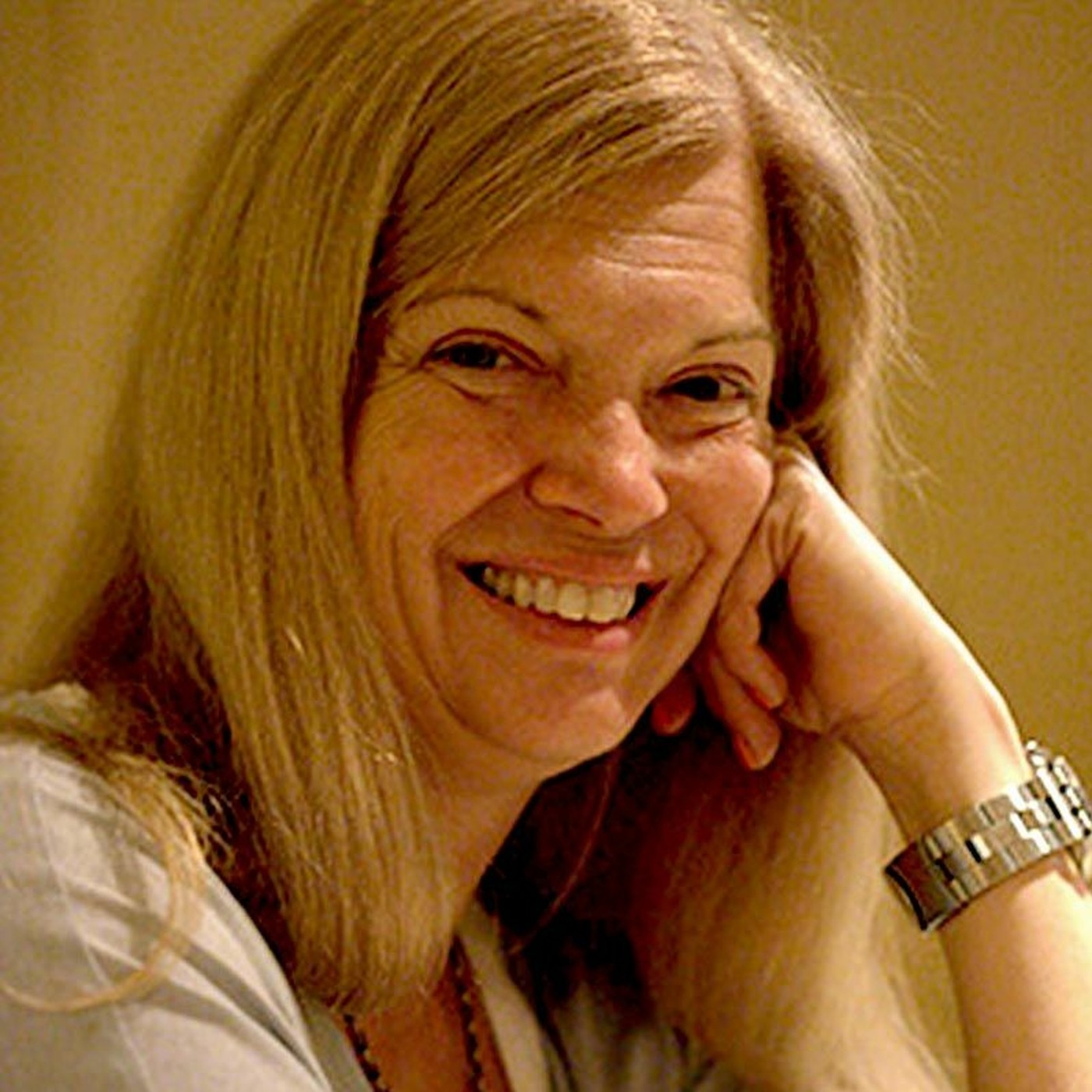
RARECastEstablishing Clinical Standards for a Rare DiseaseSeeking treatment for a rare disease can be complicated by the poor understanding clinicians may have of a given condition and variations in the way they diagnose, treat, and monitor a specific disease. One way to ensure patients receive the best care is through the implementation of clinical standards. We spoke to Kathi Kinnett, vice president of clinical care for Parent Project Muscular Dystrophy, about the process of establishing clinical standards for a rare disease, the role patients should play in that process, and what steps can be taken to ensure that clinics adhere to them.
2018-09-1926 min
RARECastTeen Rare Disease Advocate Fights the Condition That Took His Brother's LifeA few years ago, Kavi Gandhi’s parents told him that they had become overwhelmed with the demands of running the foundation they had started to fund research for I-Cell disease, a condition that his older brother Yash died from at the age of 9. Kavi told his parents he didn’t want them to close the foundation and offered to take on some of the responsibilities of running it. Since them he has become a fierce advocate. He’s organized events, raised money, and maintained an active presence on social media for the organization. In recognition of his work, Global Genes...
2018-09-1319 min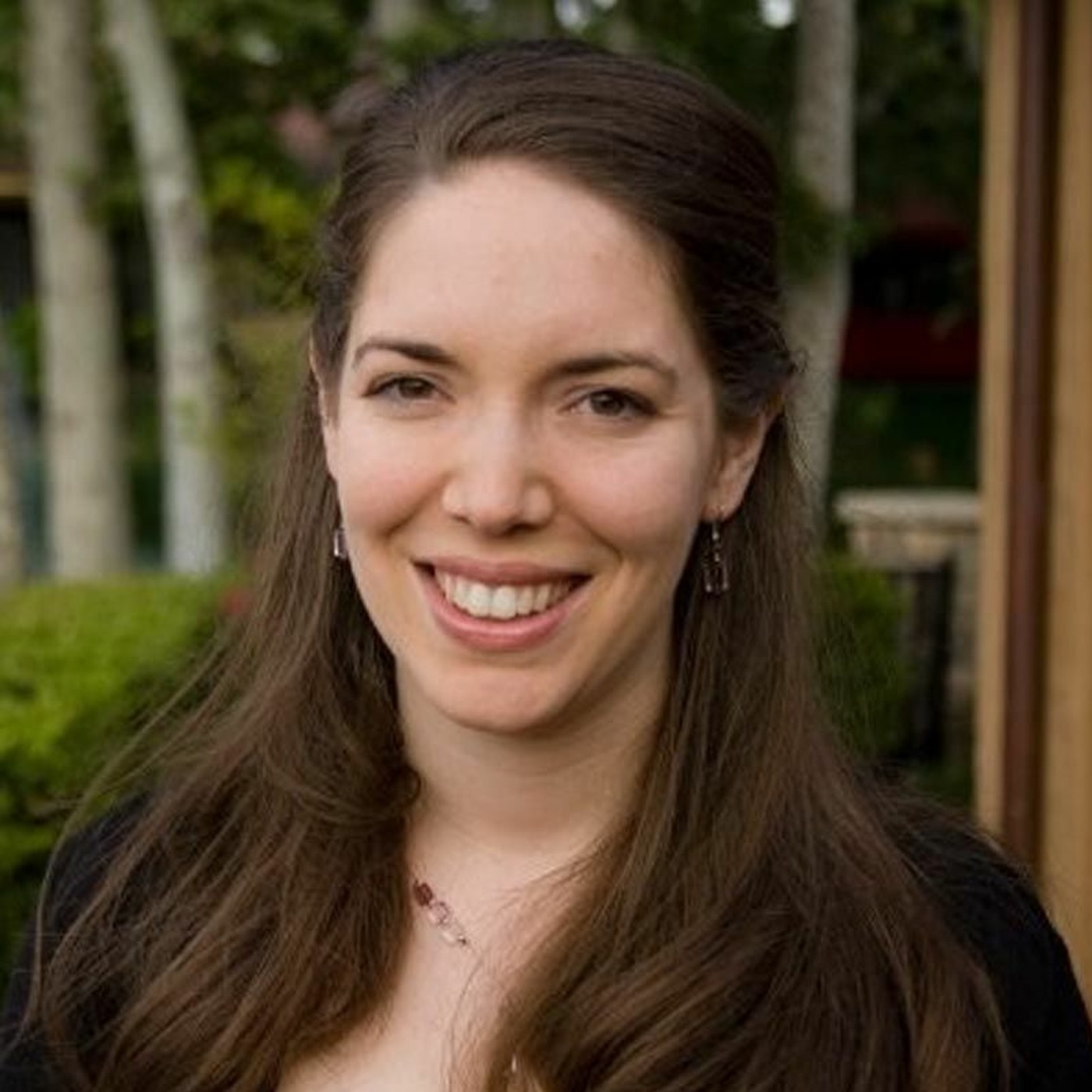
RARECastAddressing the Emotional Toll of Rare DiseasesPeople with rare and chronic conditions often become so focused on the treatment of their physical ailments that the psychological and emotional aspects of their diseases can be neglected. Allison Fine, a clinical social worker, founded the Center for Chronic Illness in Seattle to provide professionally-led support groups to people with ongoing health challenges. We spoke to Fine about her work, the psychological toll rare conditions can take, and how these patients can go about finding help they need.
2018-09-0528 min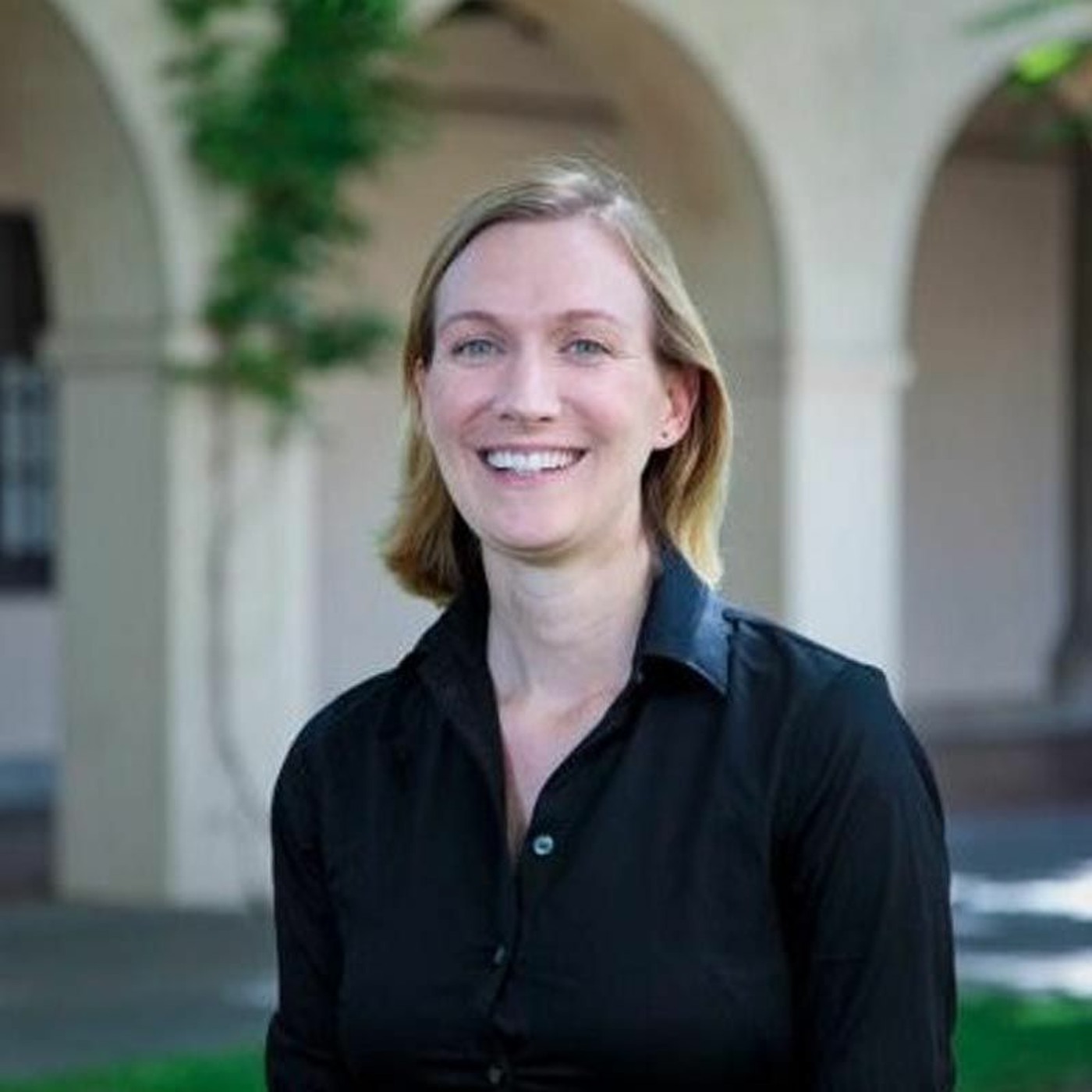
RARECastForging a Research Agenda for a Rare DiseaseWhen Mary Beth Campbell’s son Calvin was diagnosed with Bloom Syndrome, a rare genetic disease that can lead to the development of cancer, she found a patient community that had mobilized in fits and starts. There had been efforts to create a patient registry and collect biosamples, but it was not consistently maintained. There was no natural history study of the disease, no animal model for it, no validated target for drug development, and no strong patient community. We spoke to Campbell about her efforts to catalyze the Bloom Syndrome community around a research agenda, how they looked to ot...
2018-08-2921 min